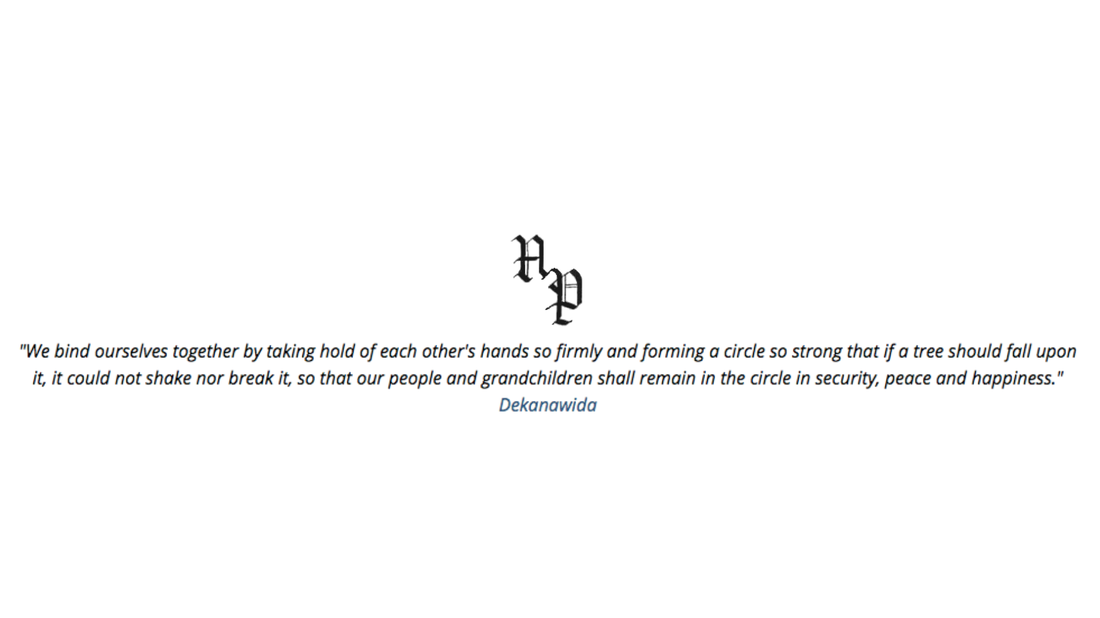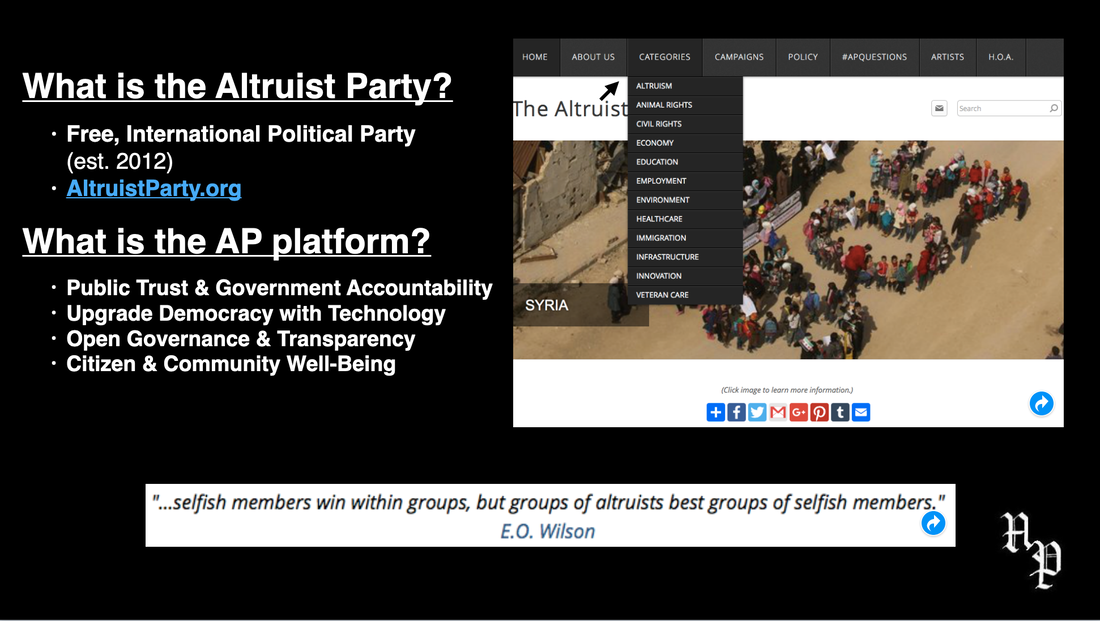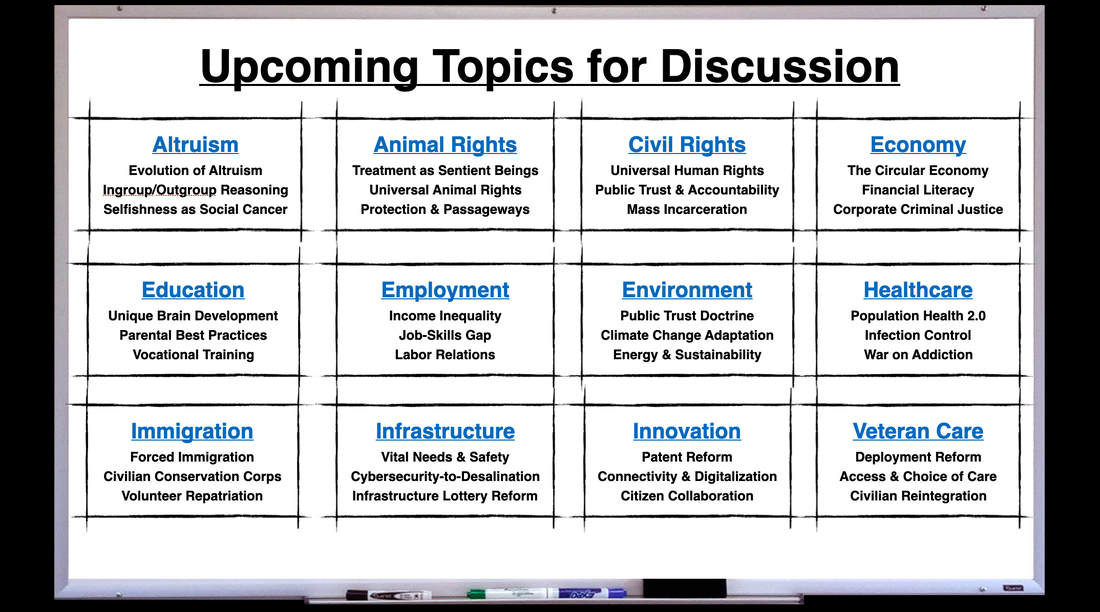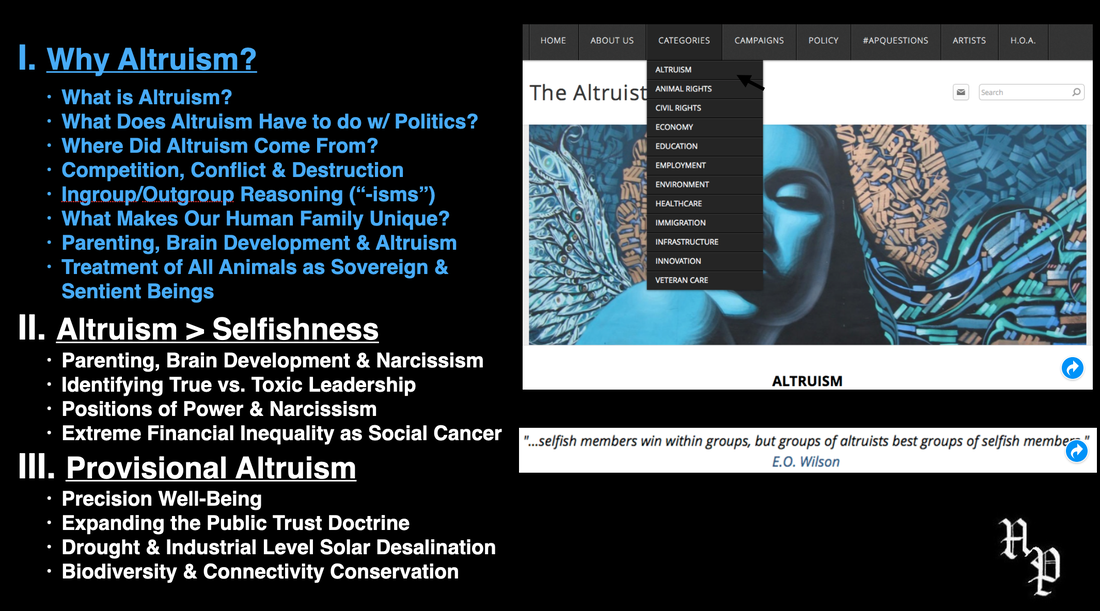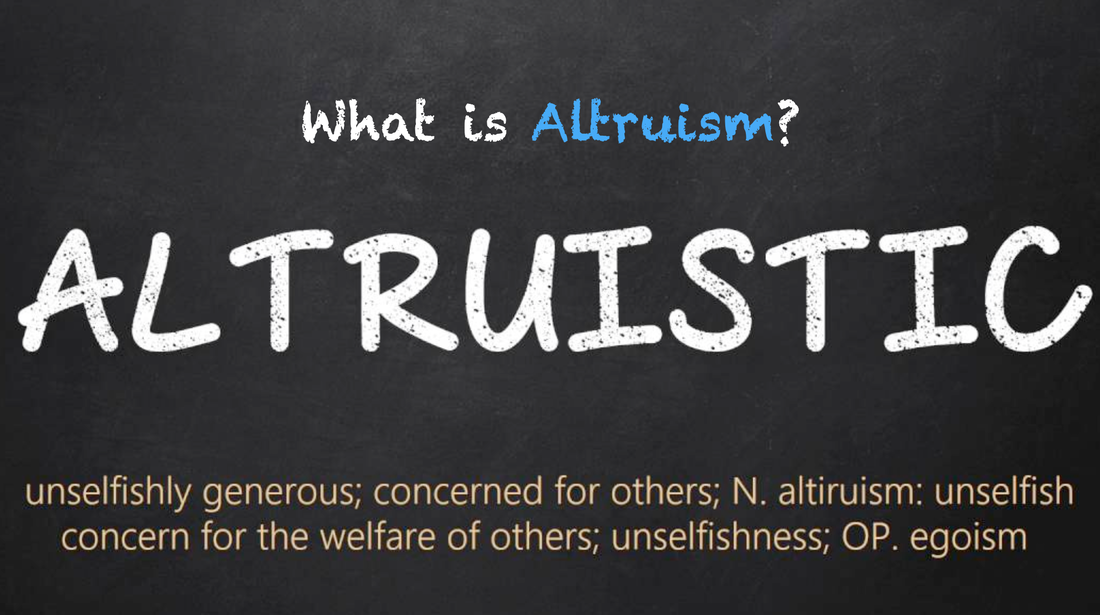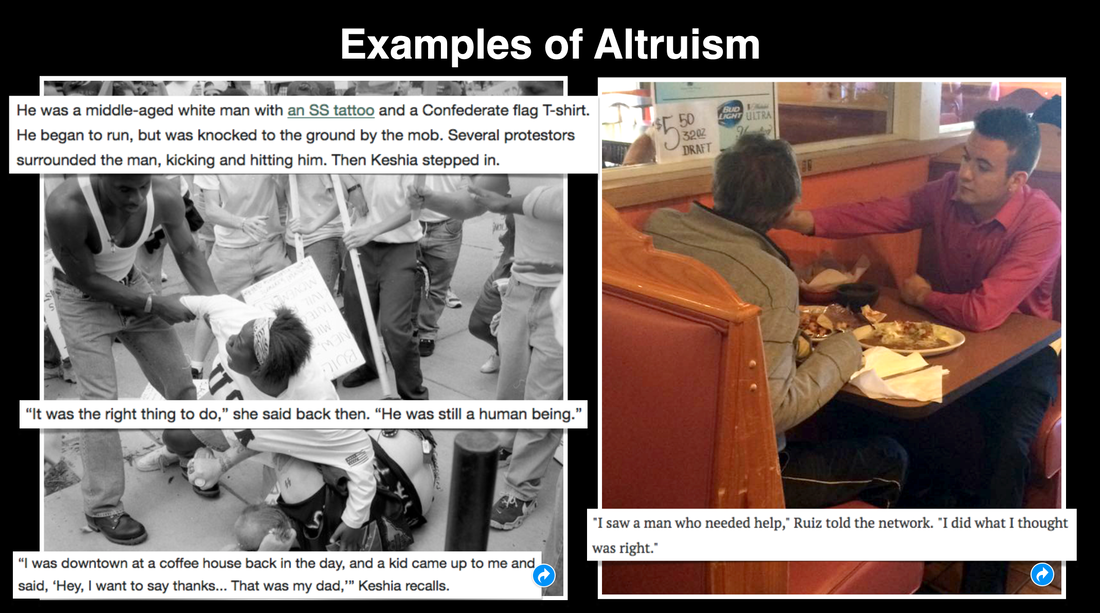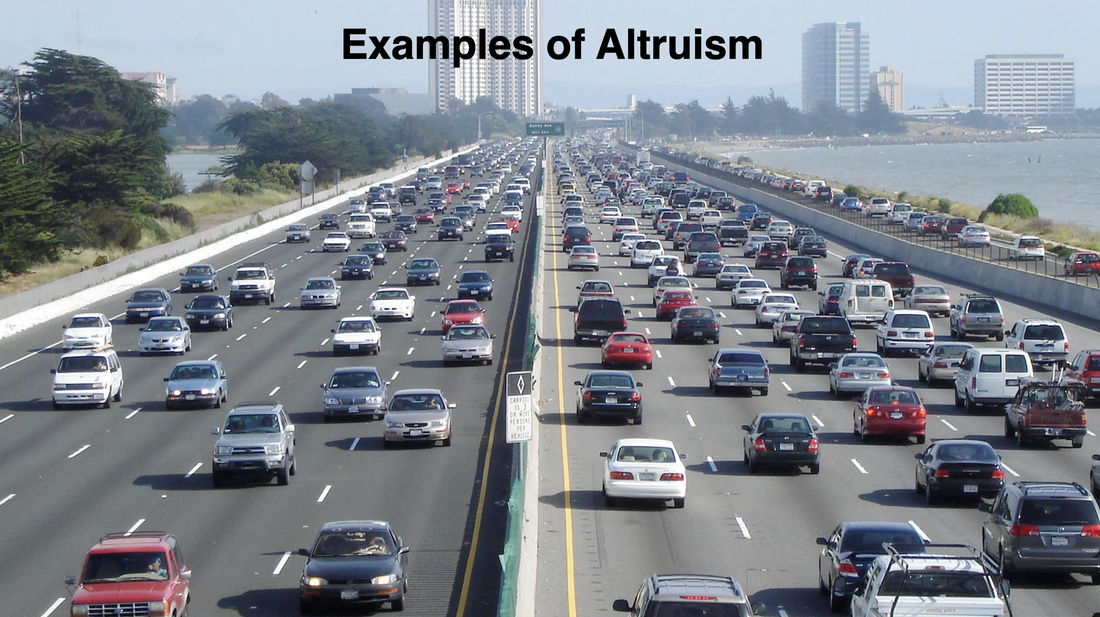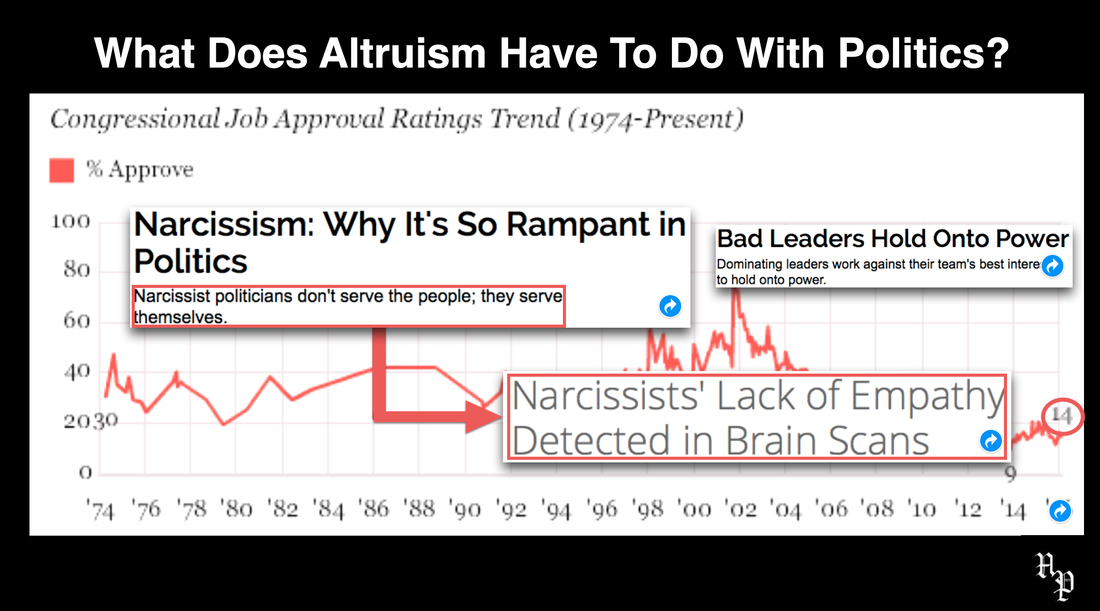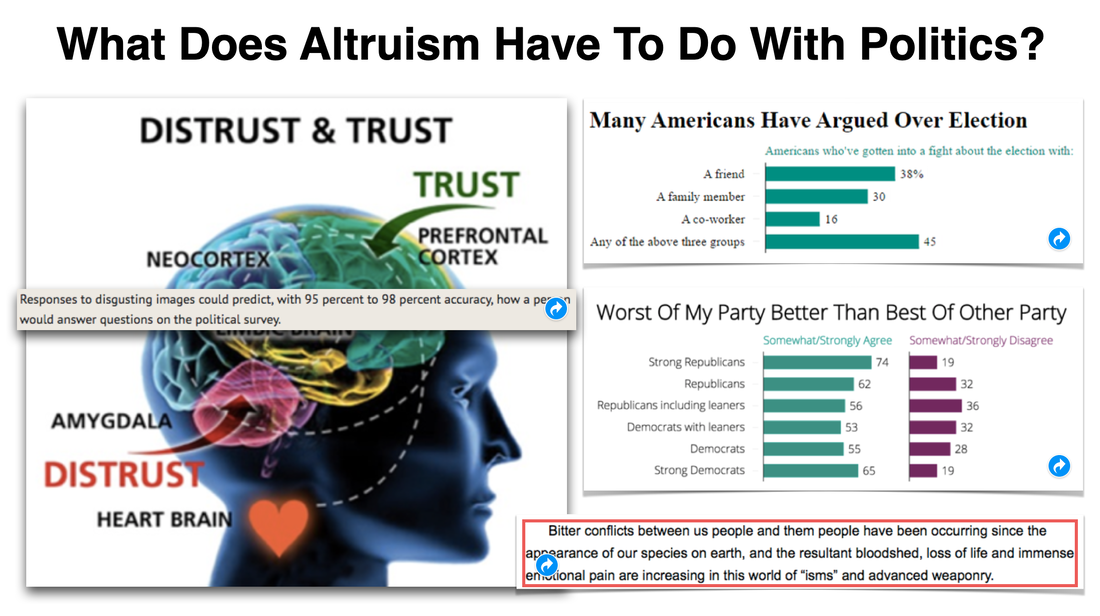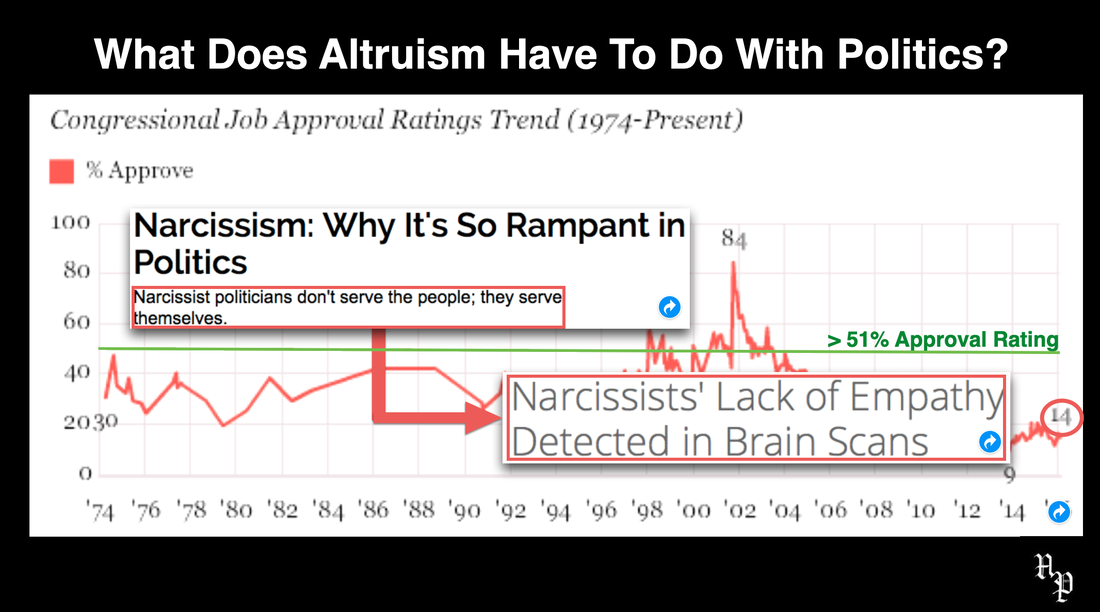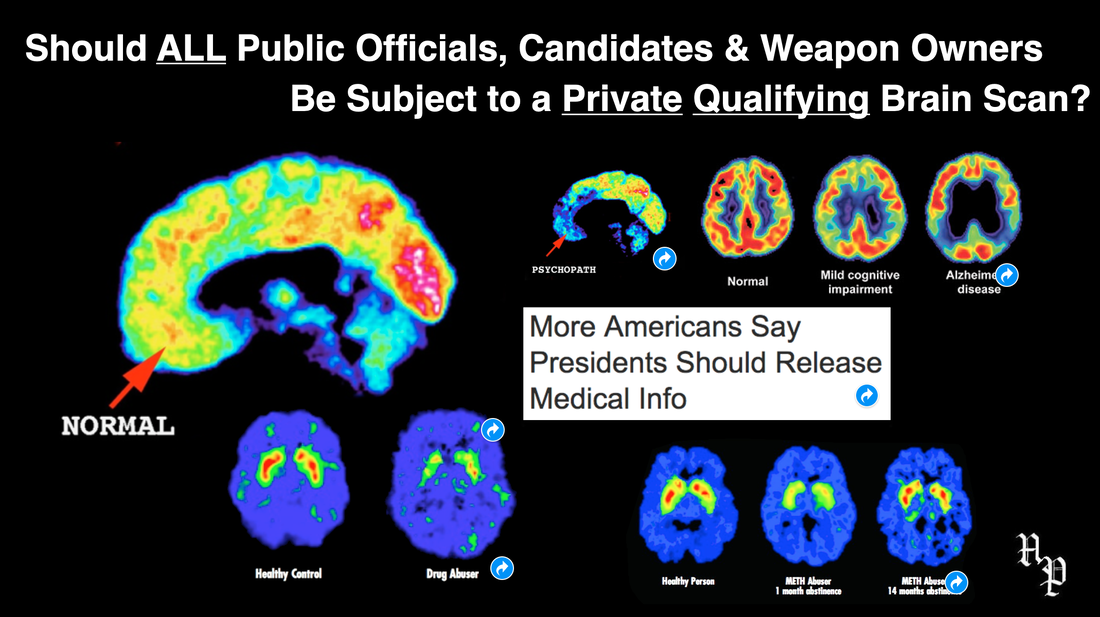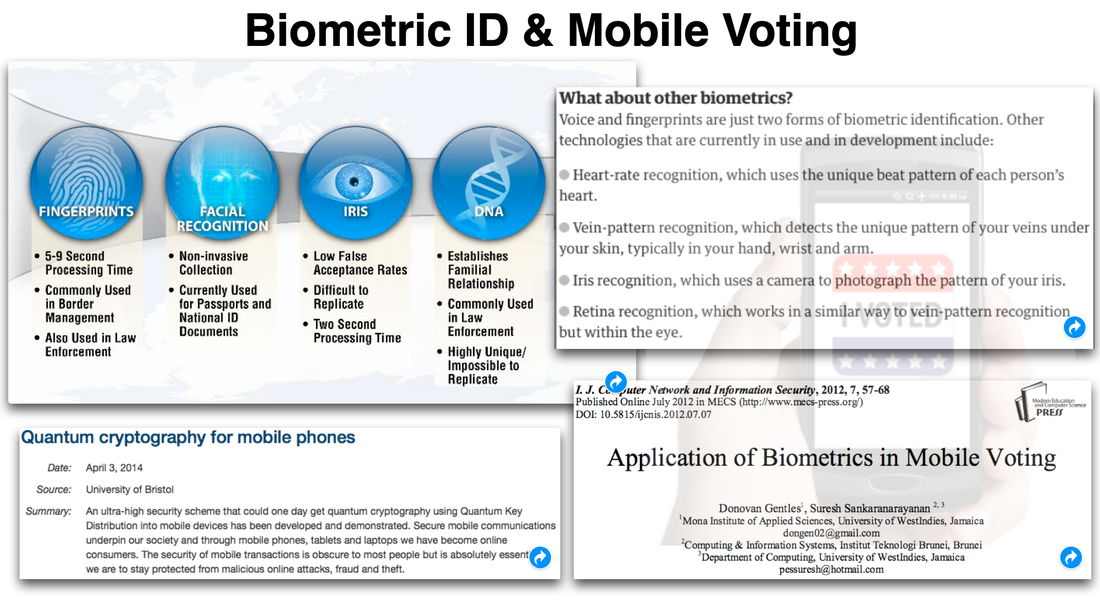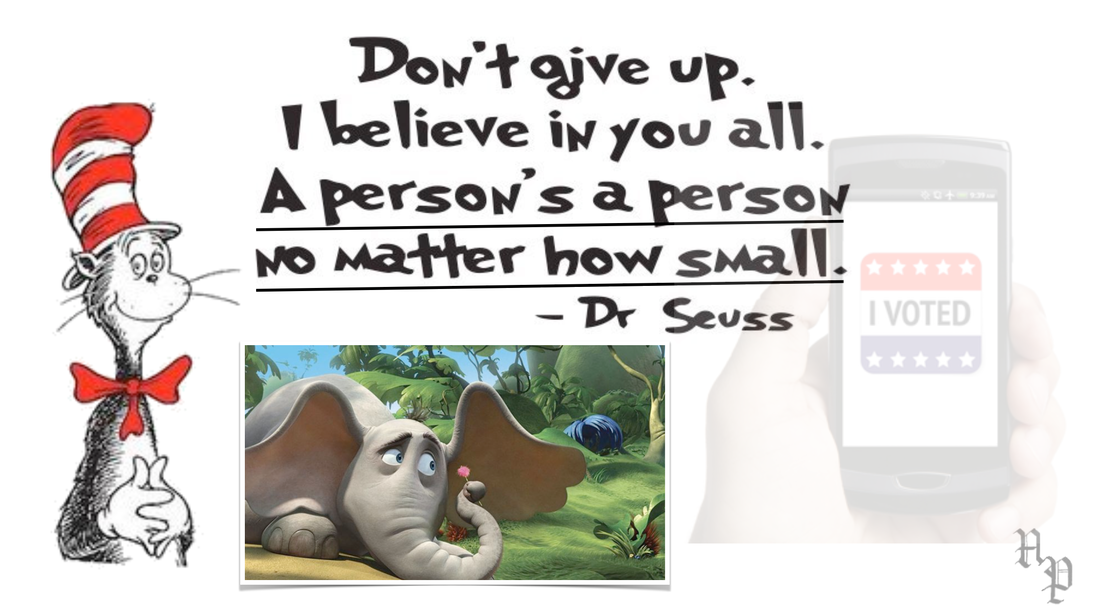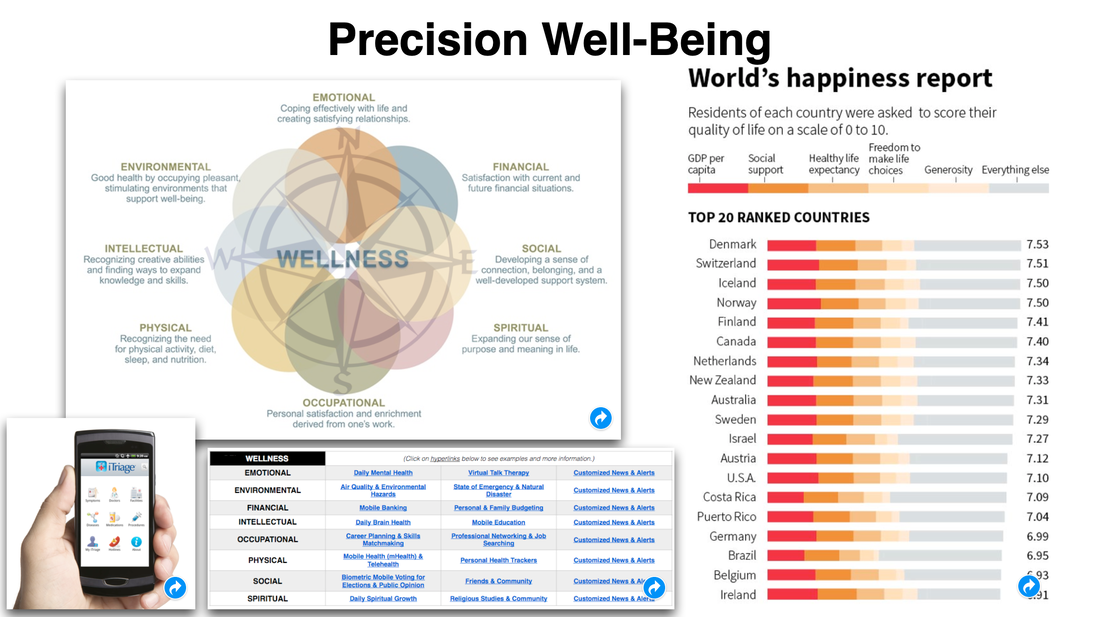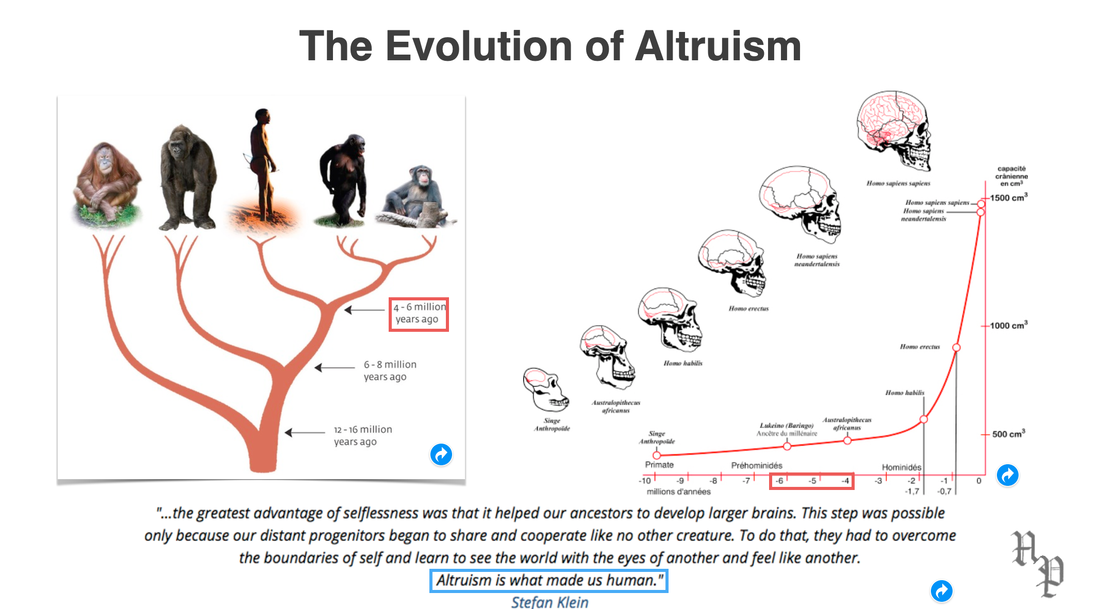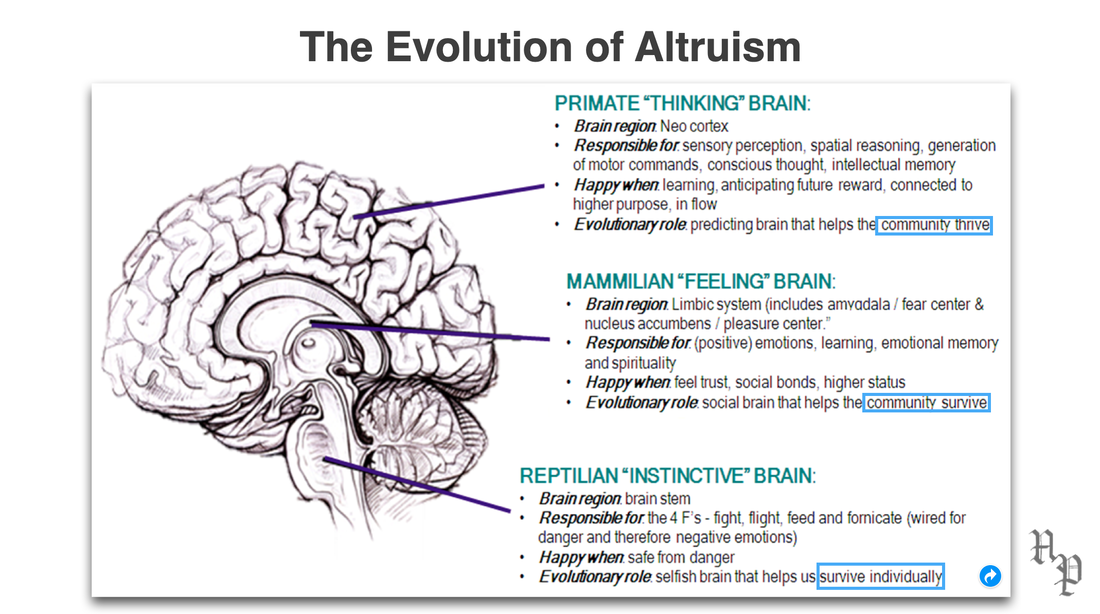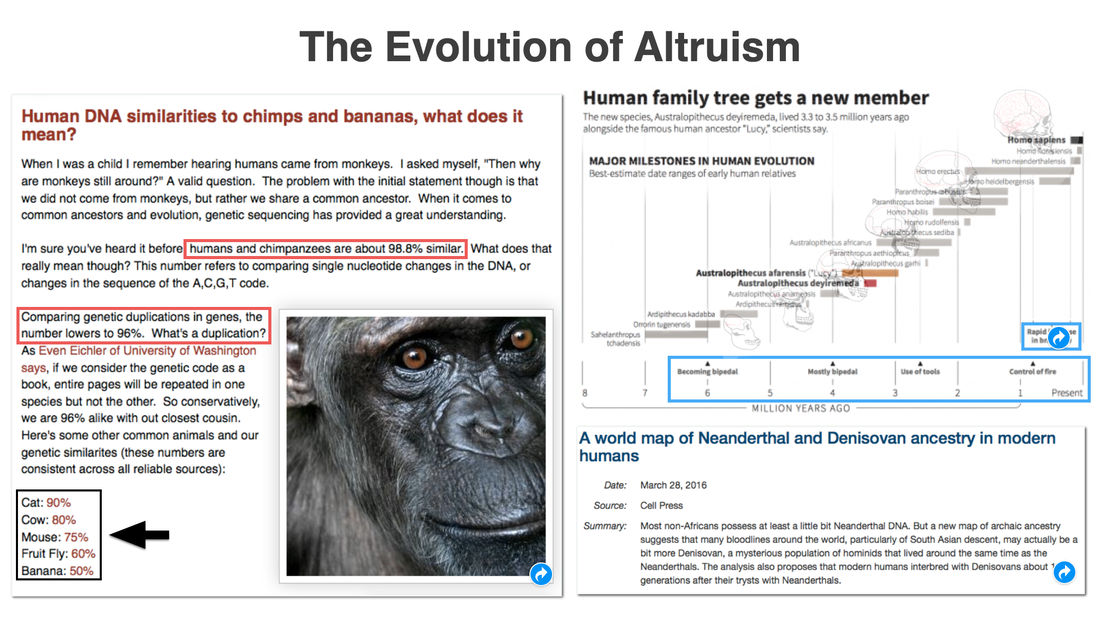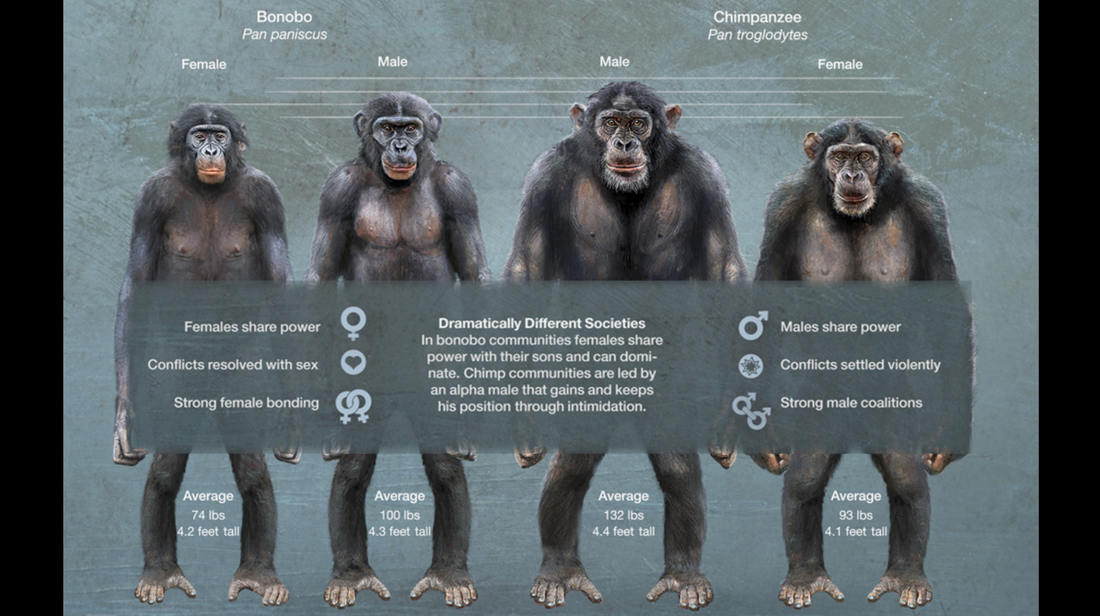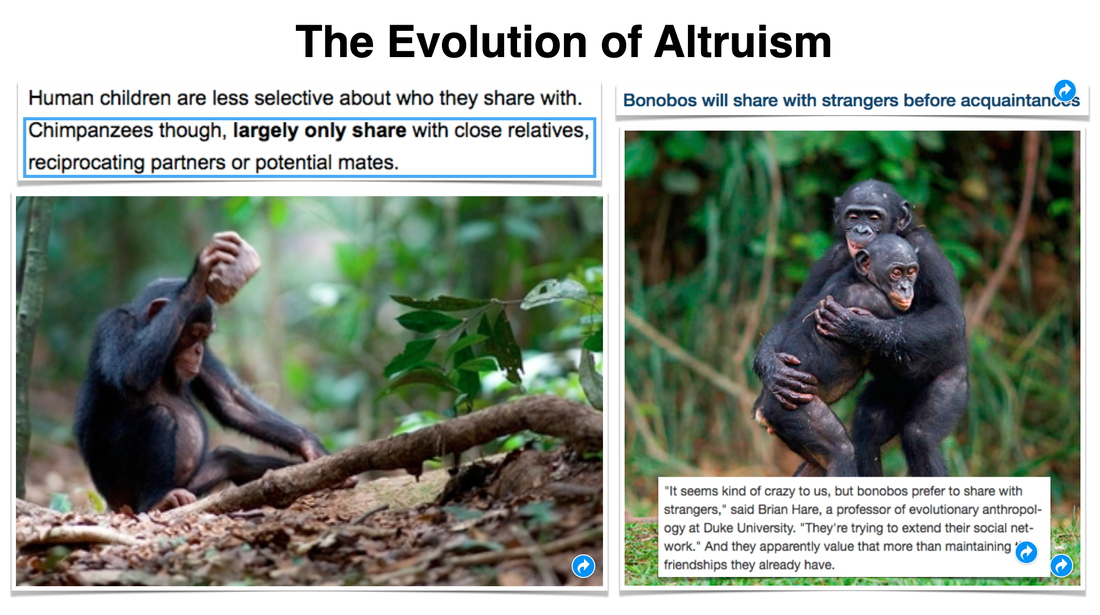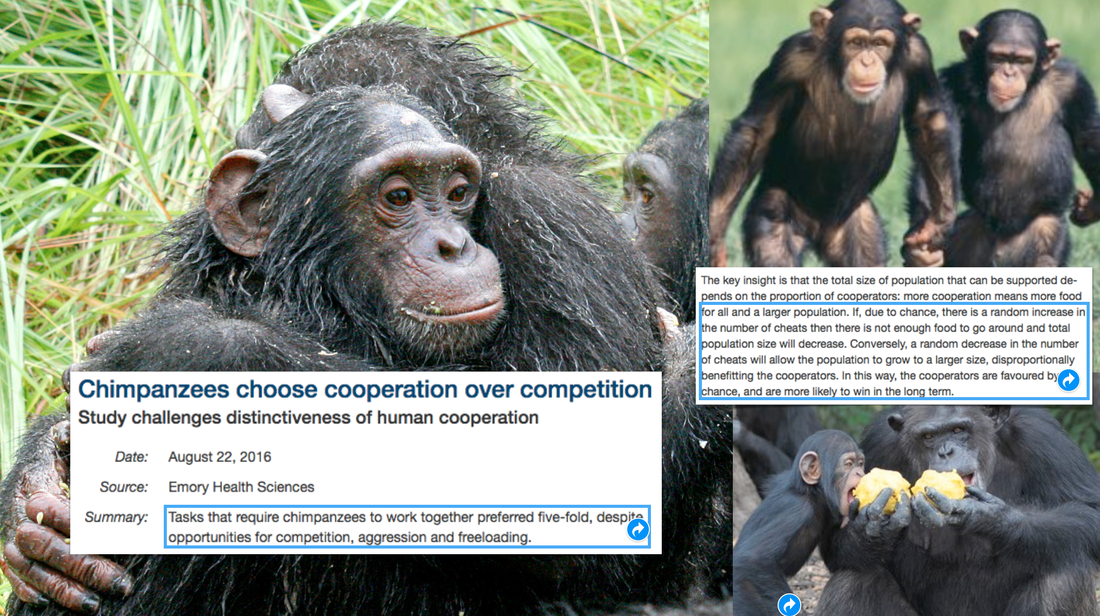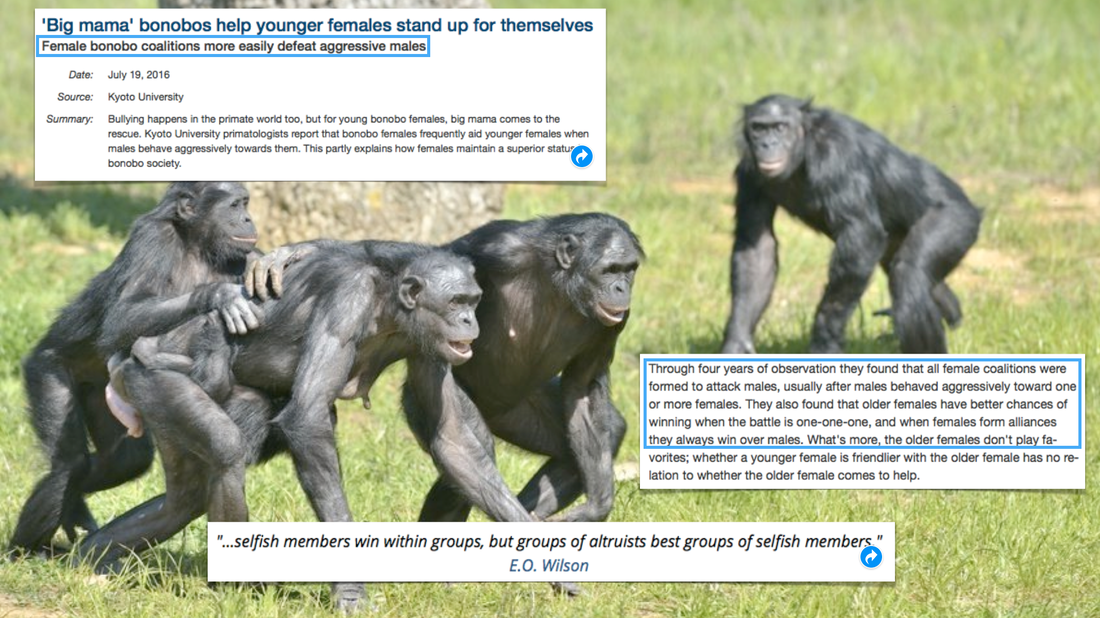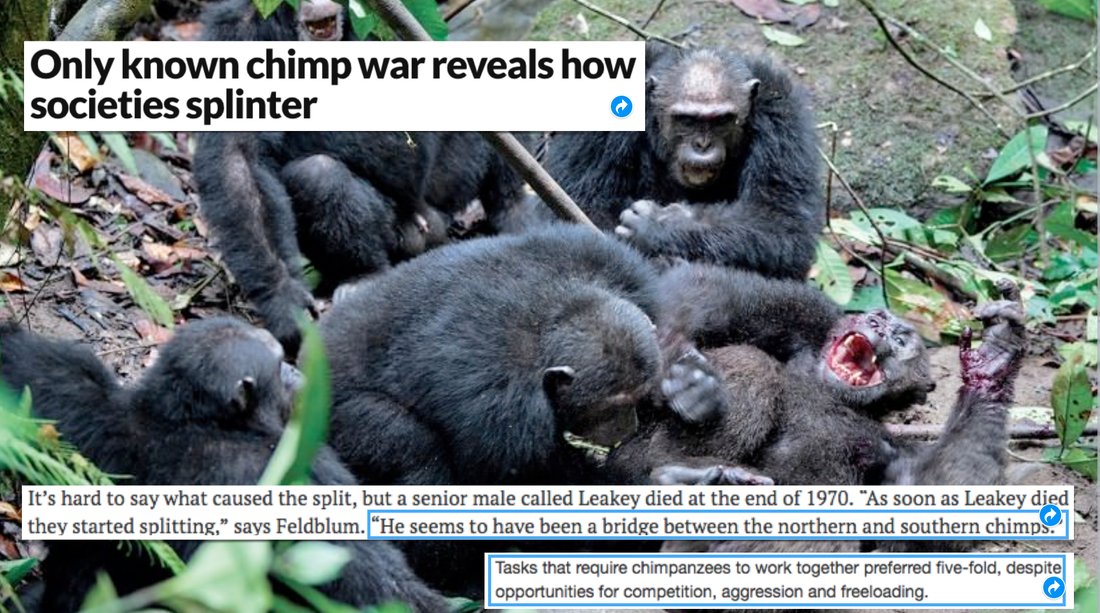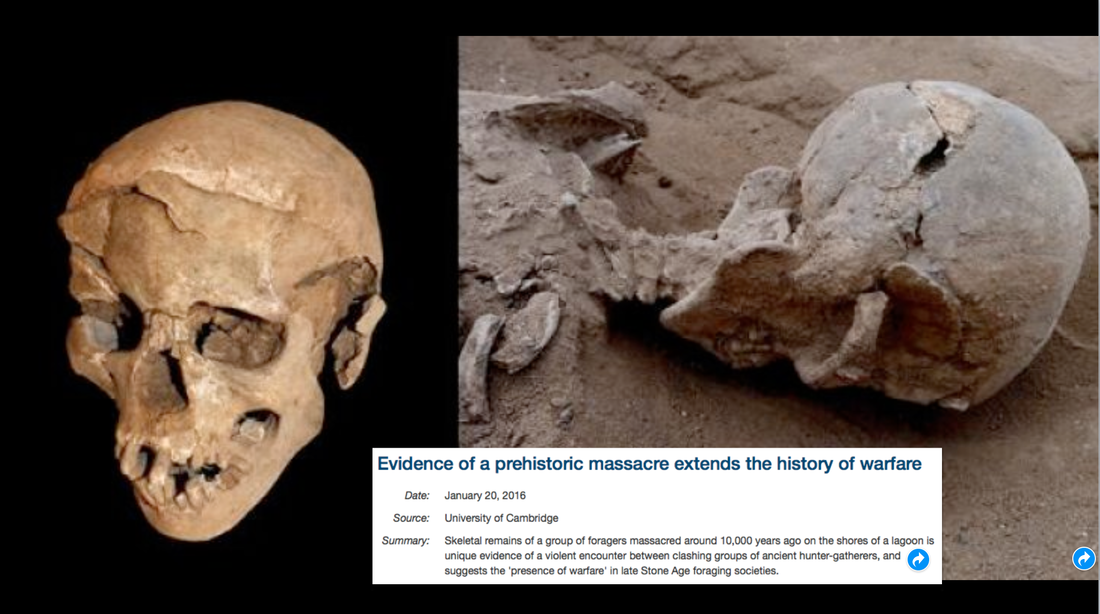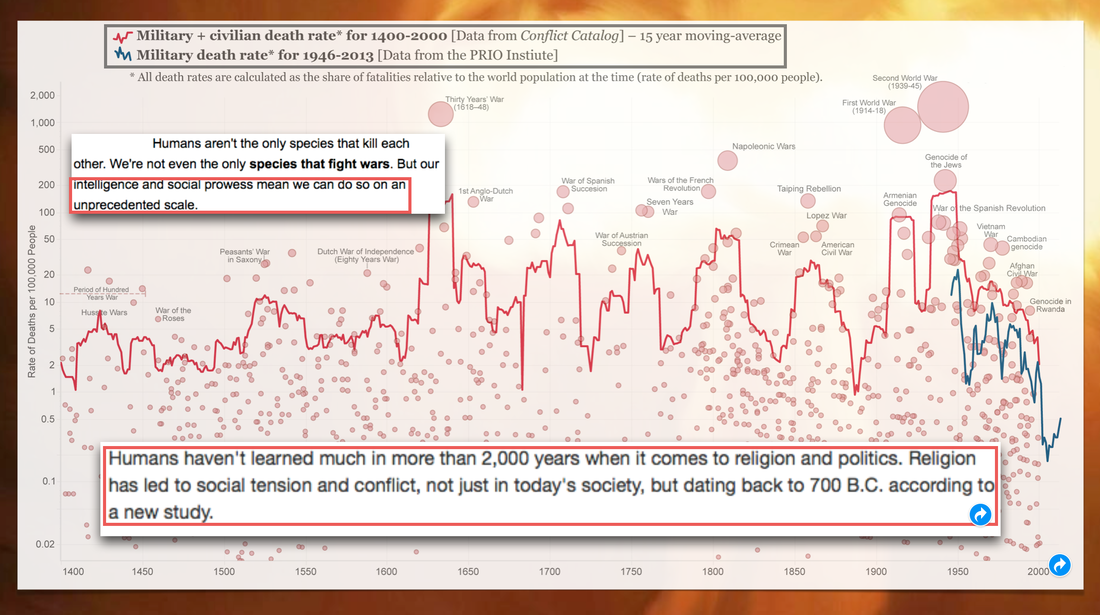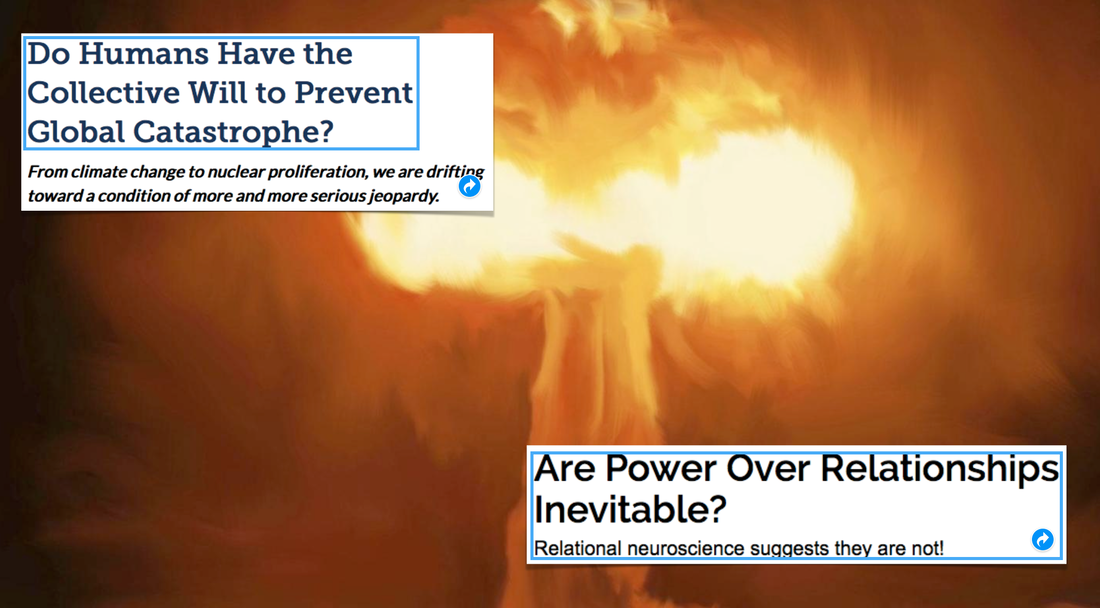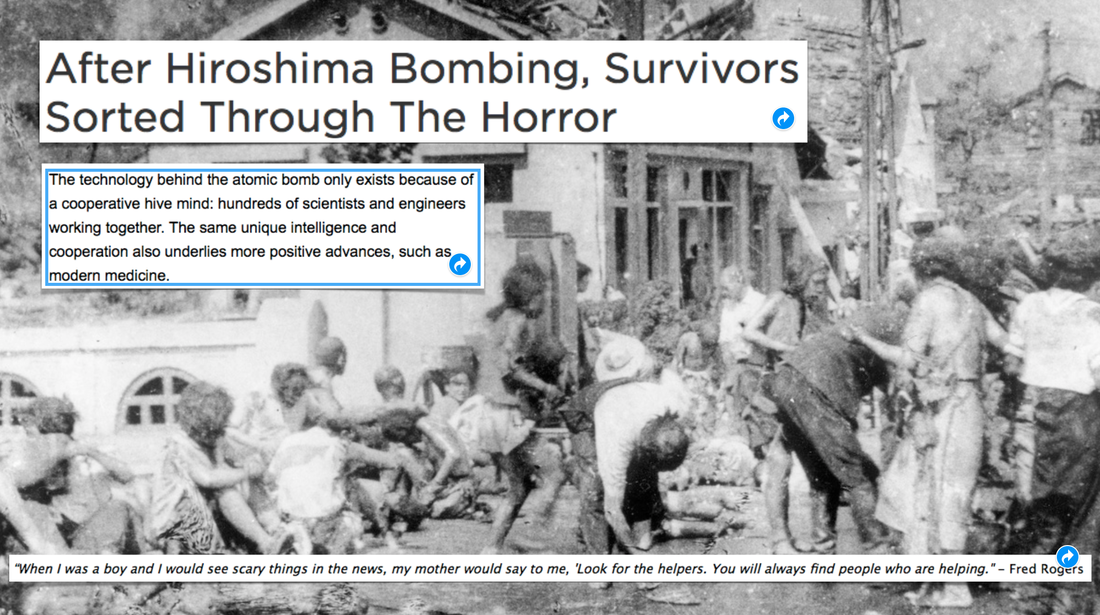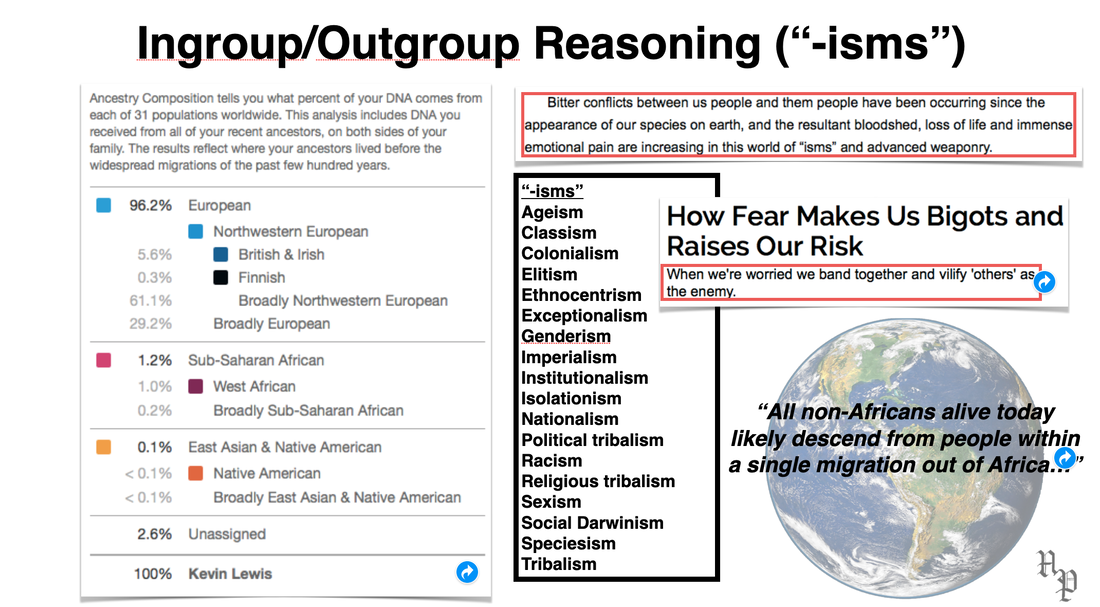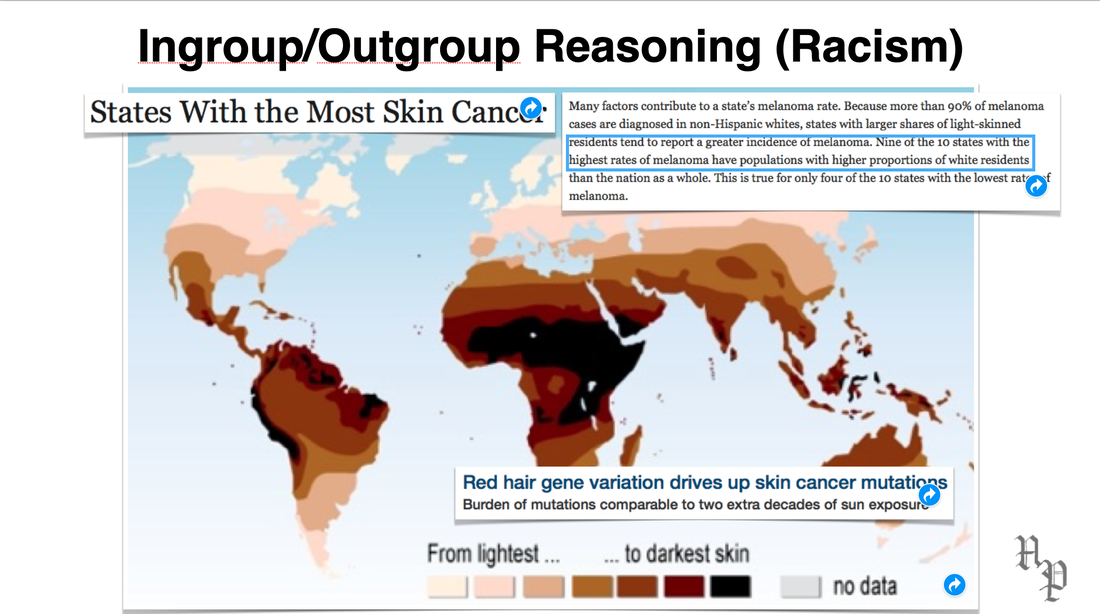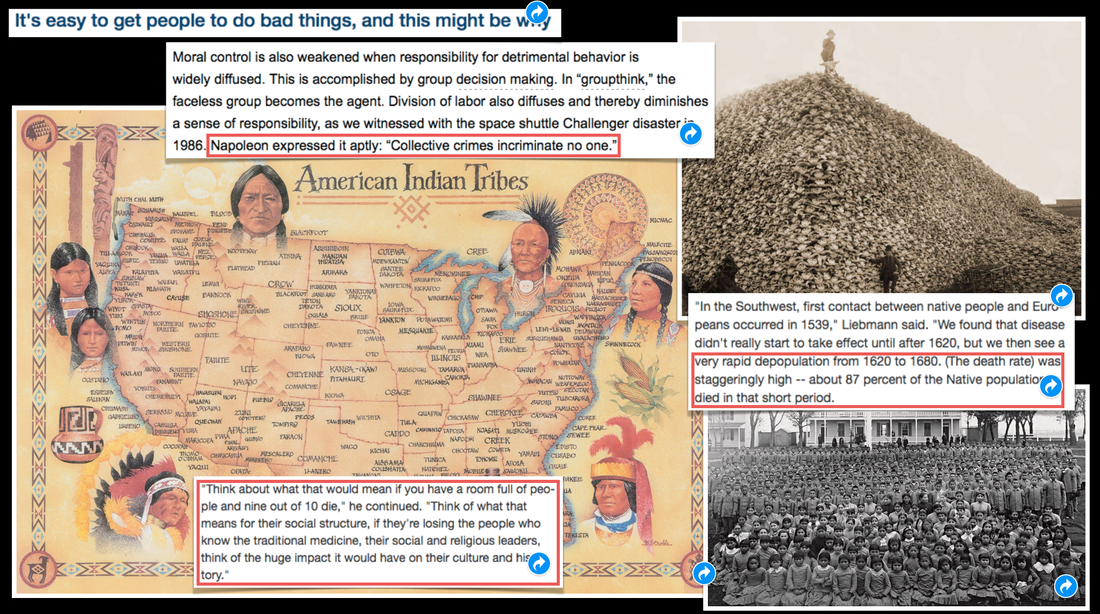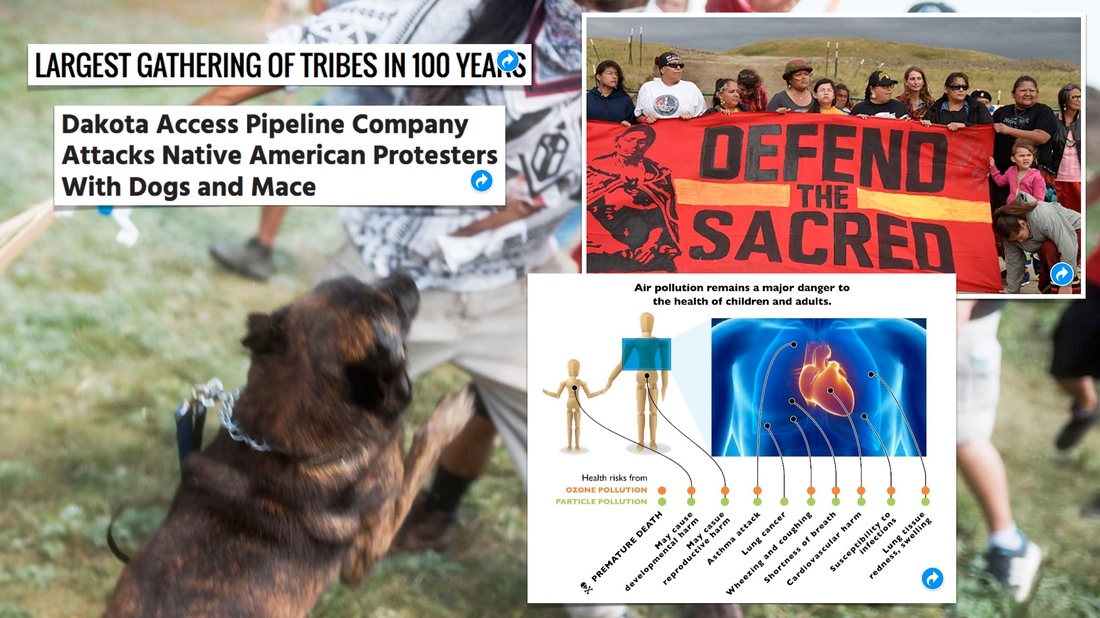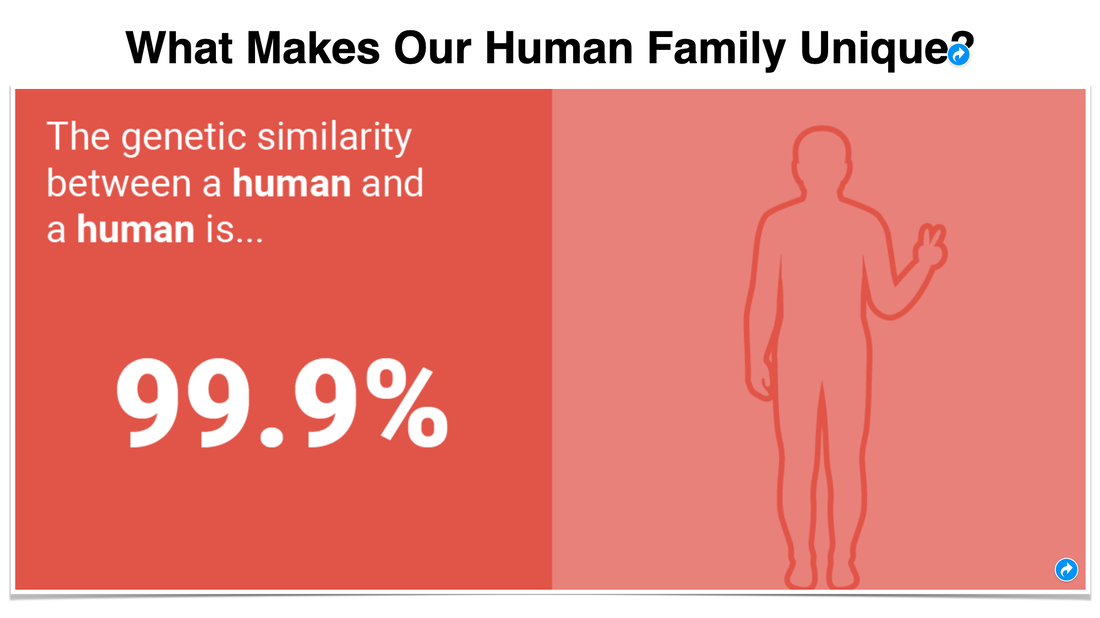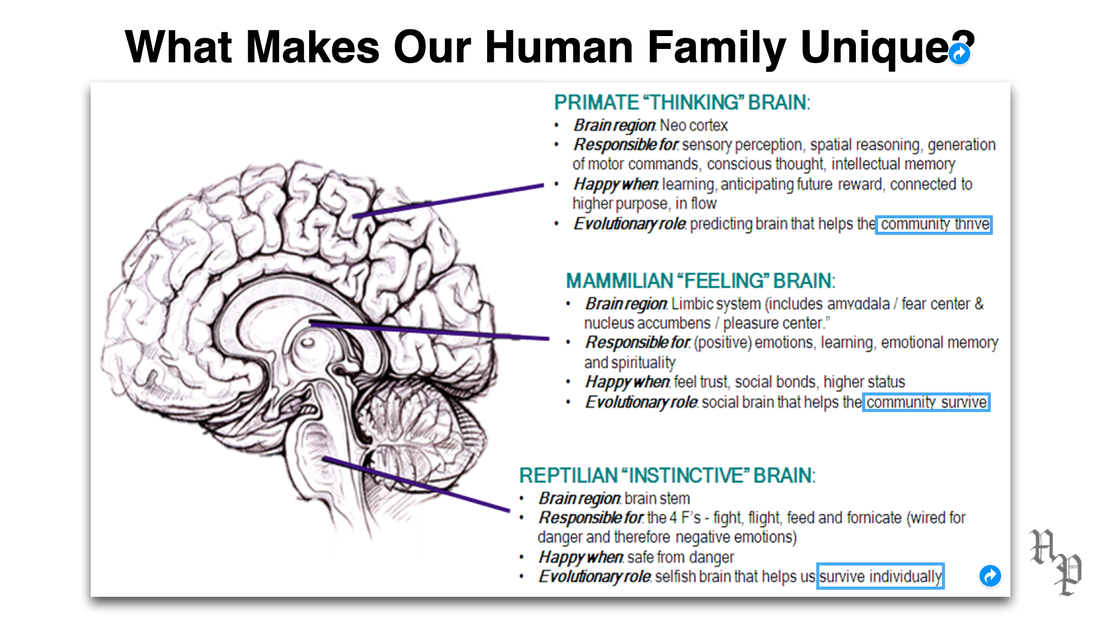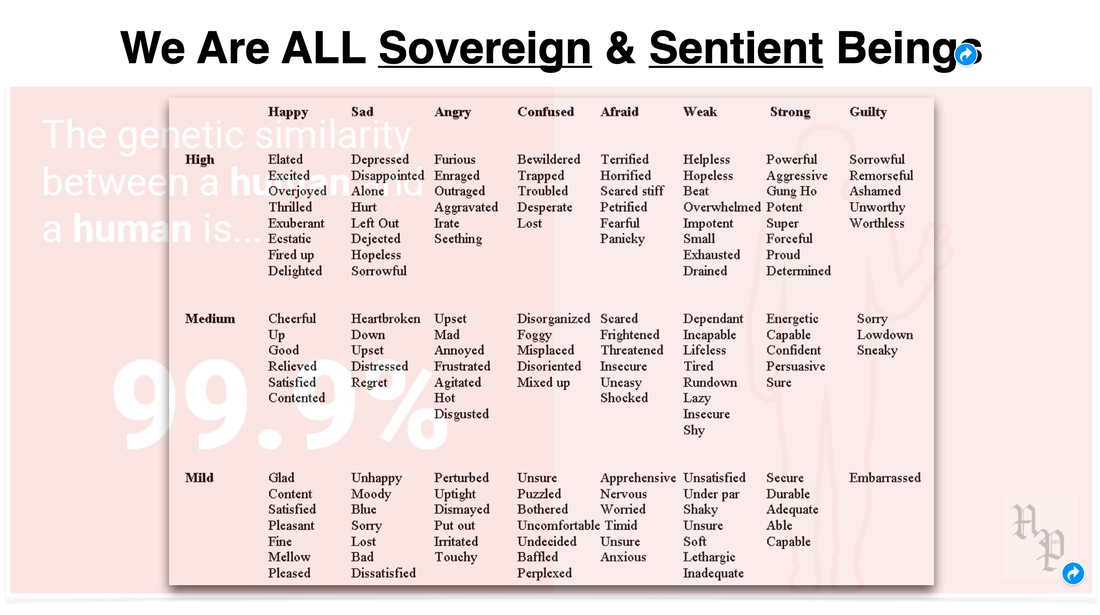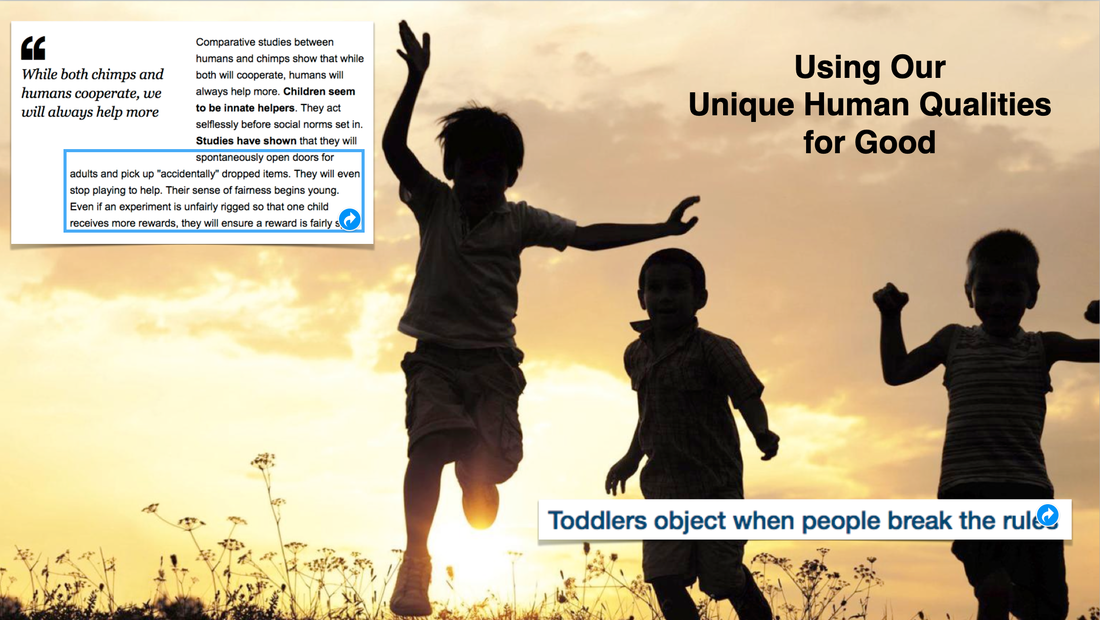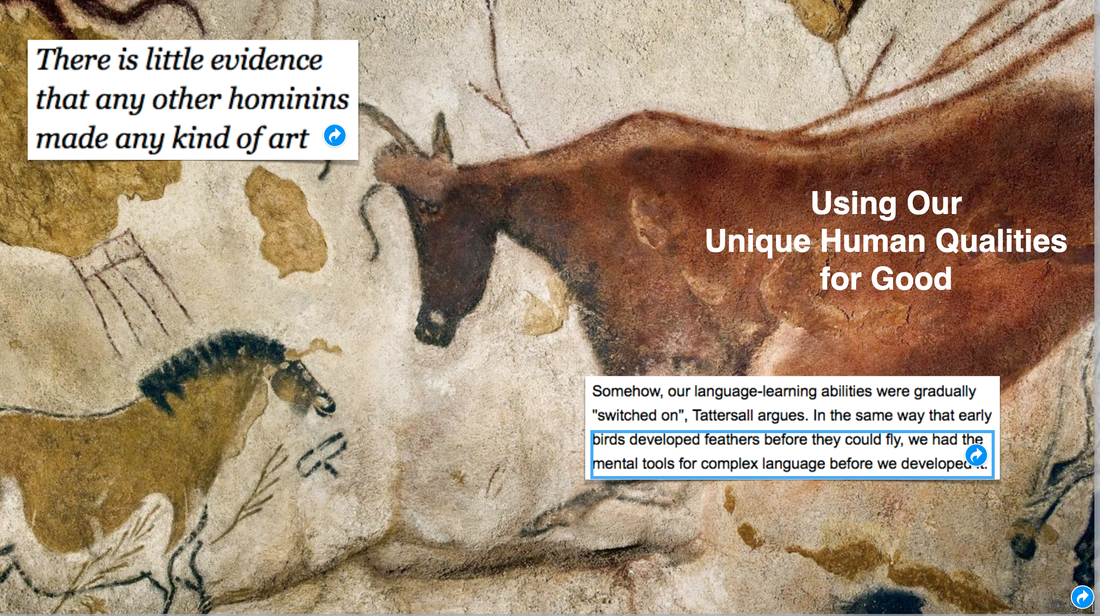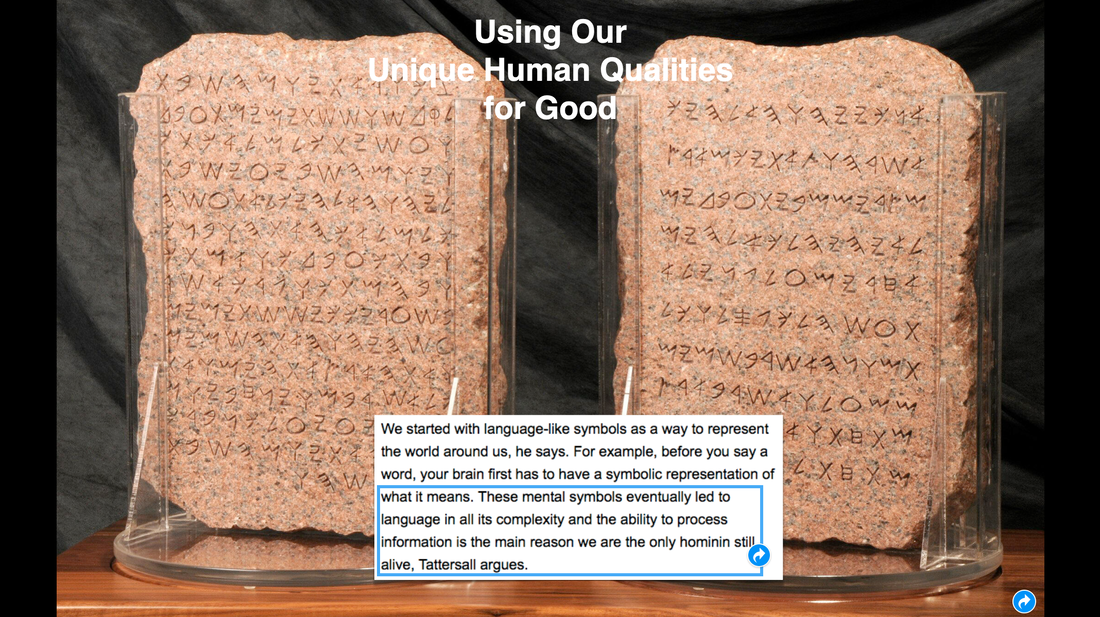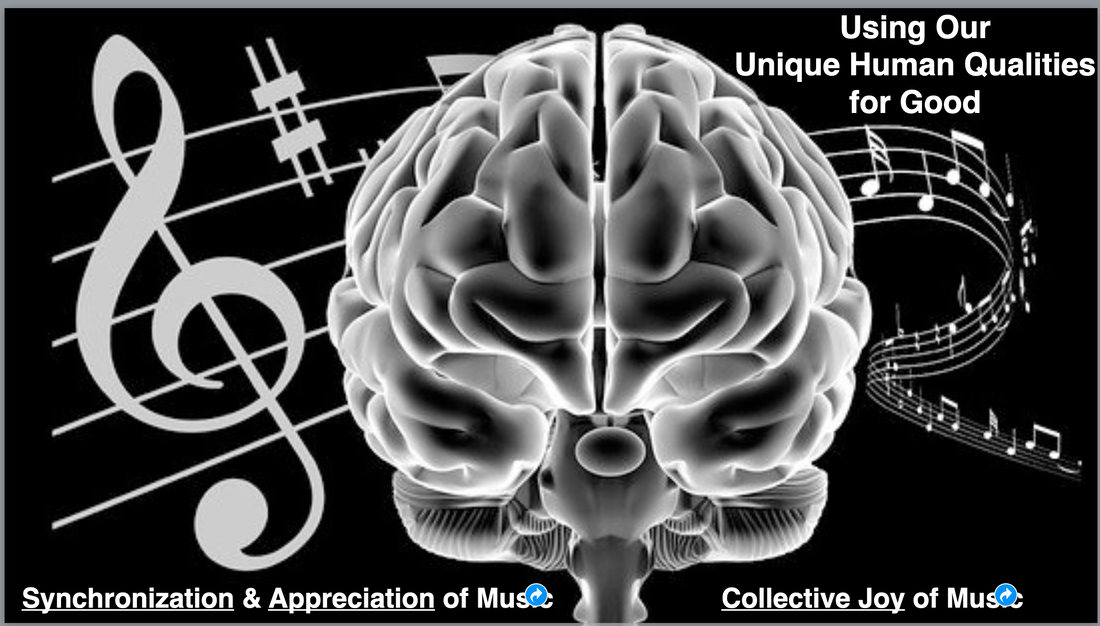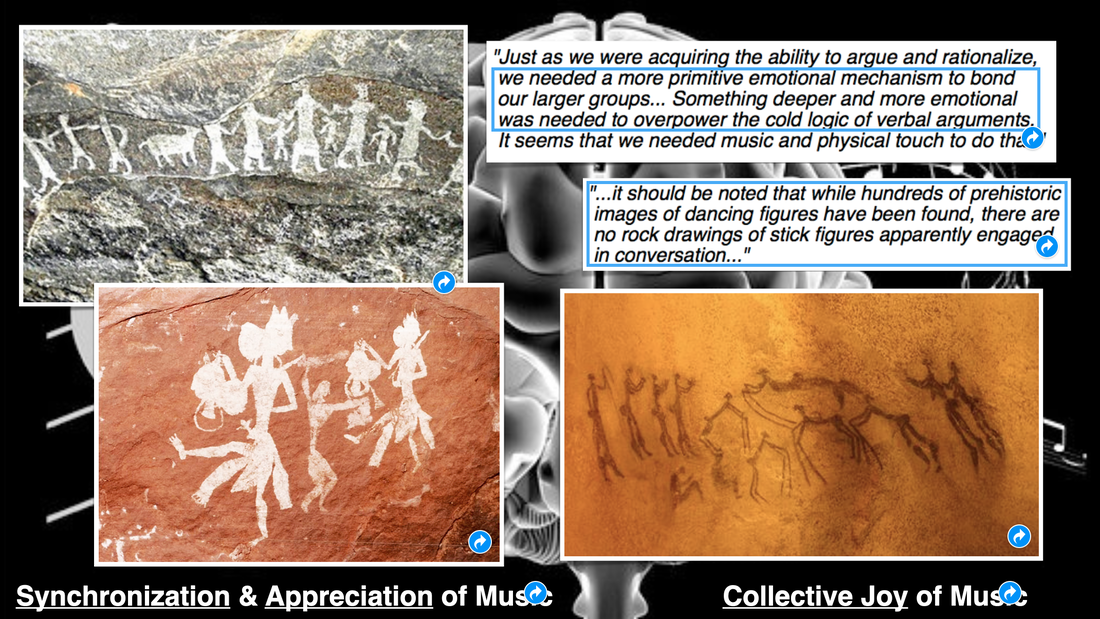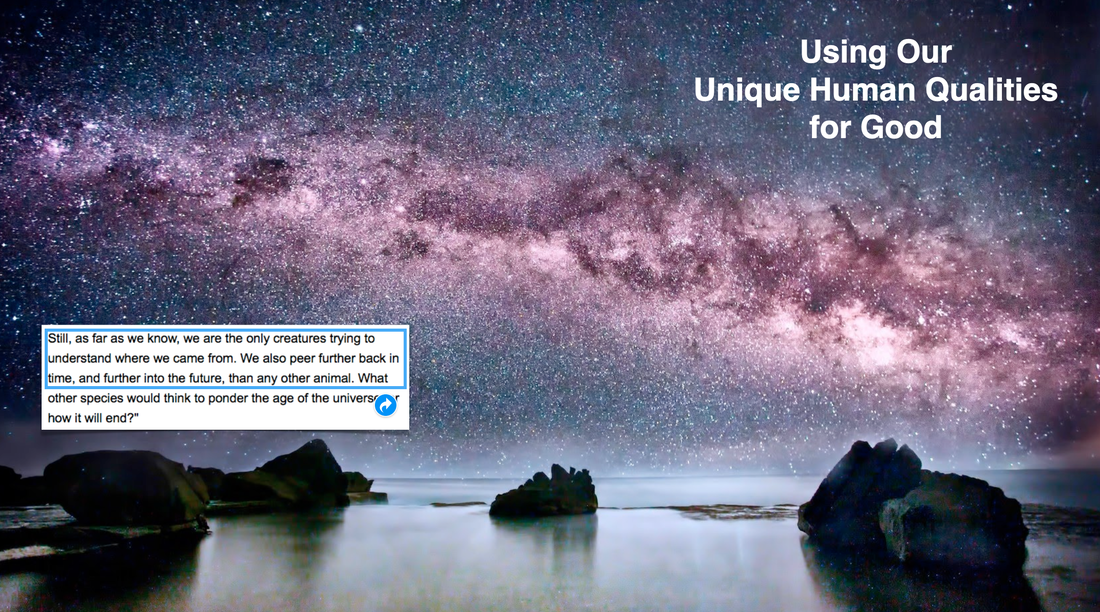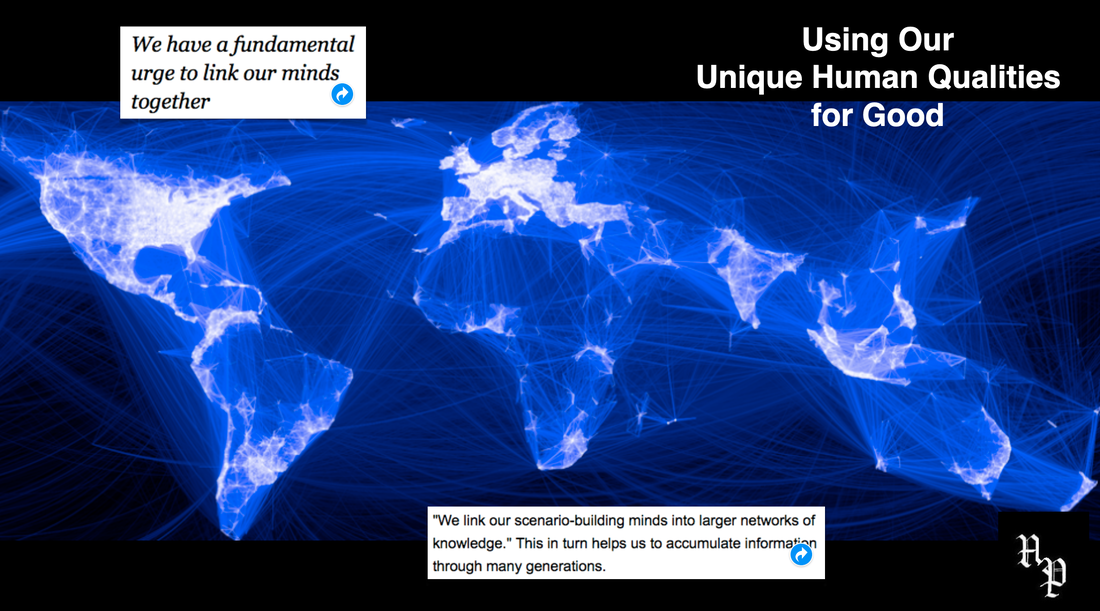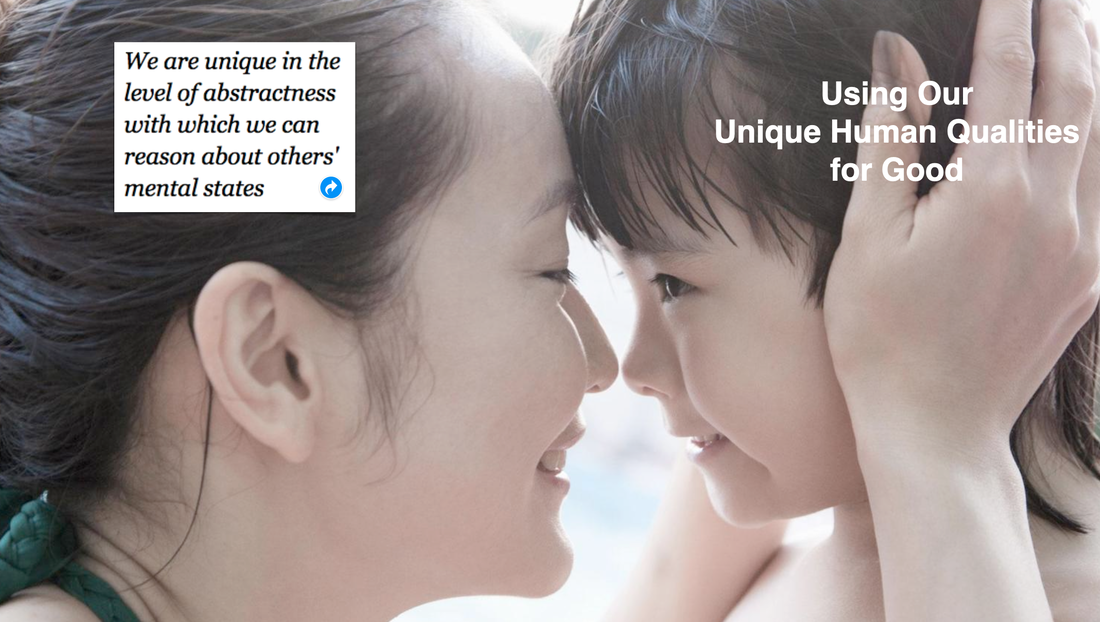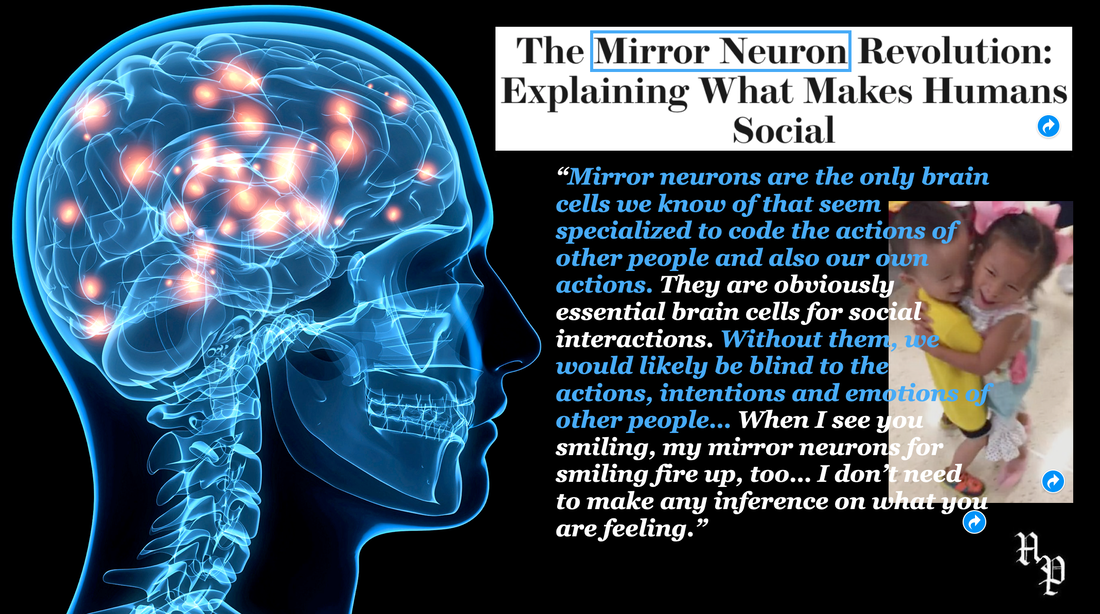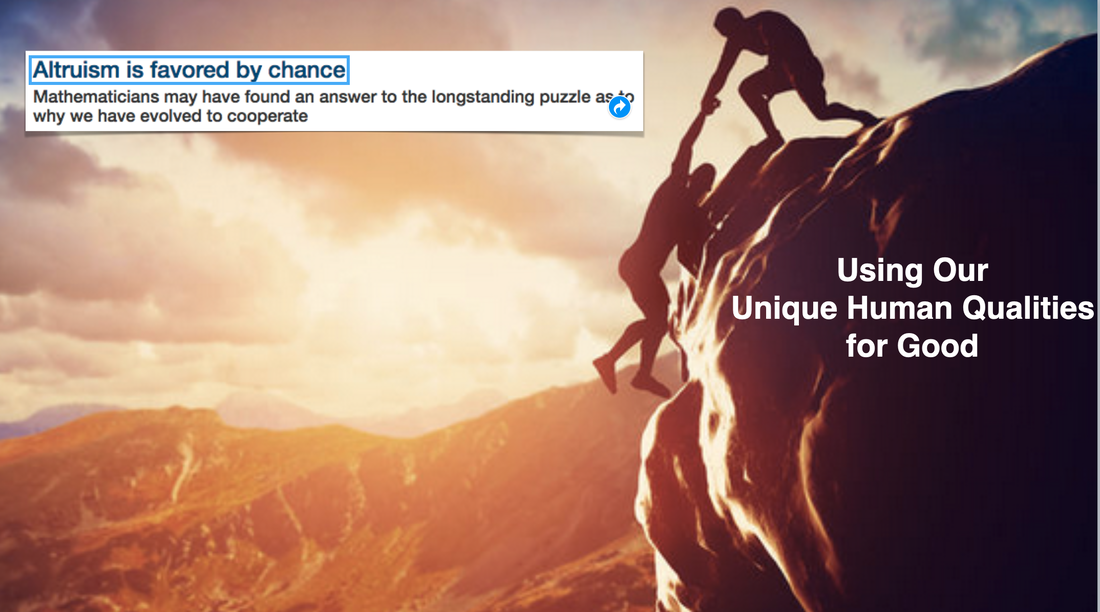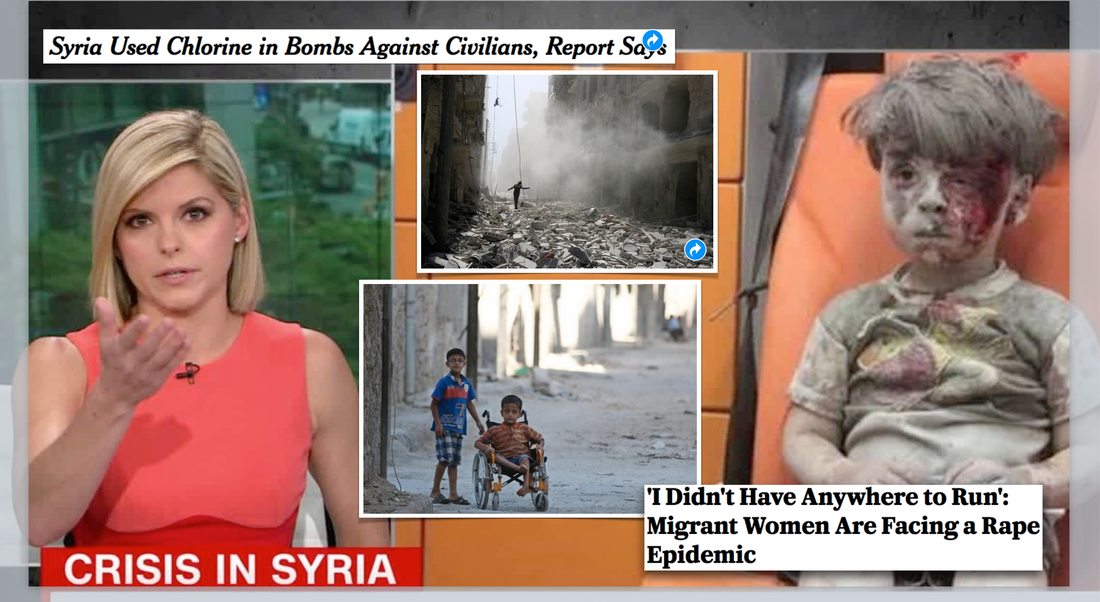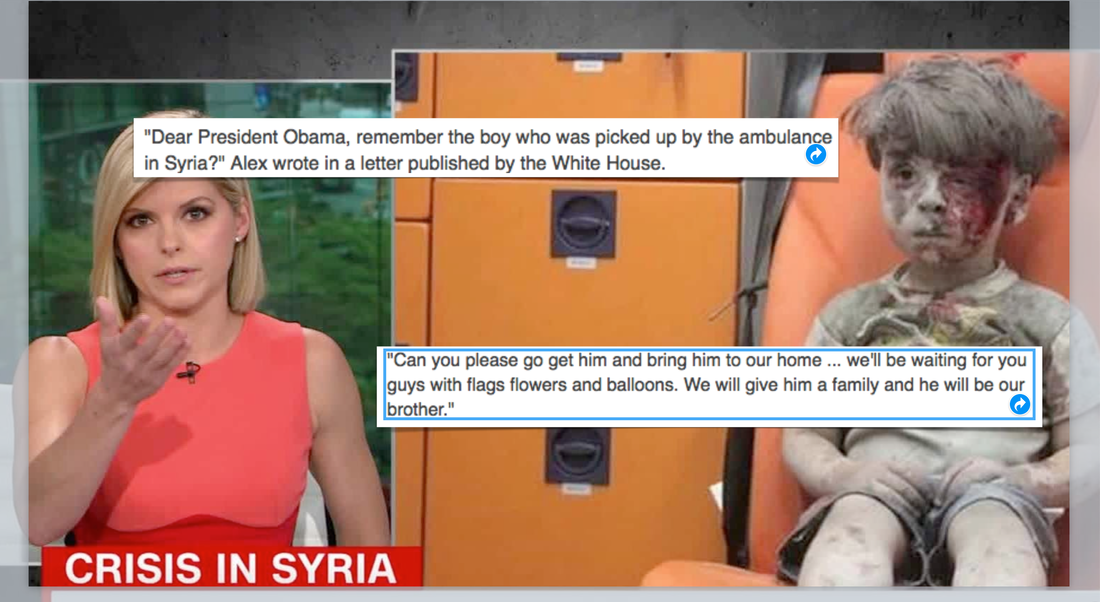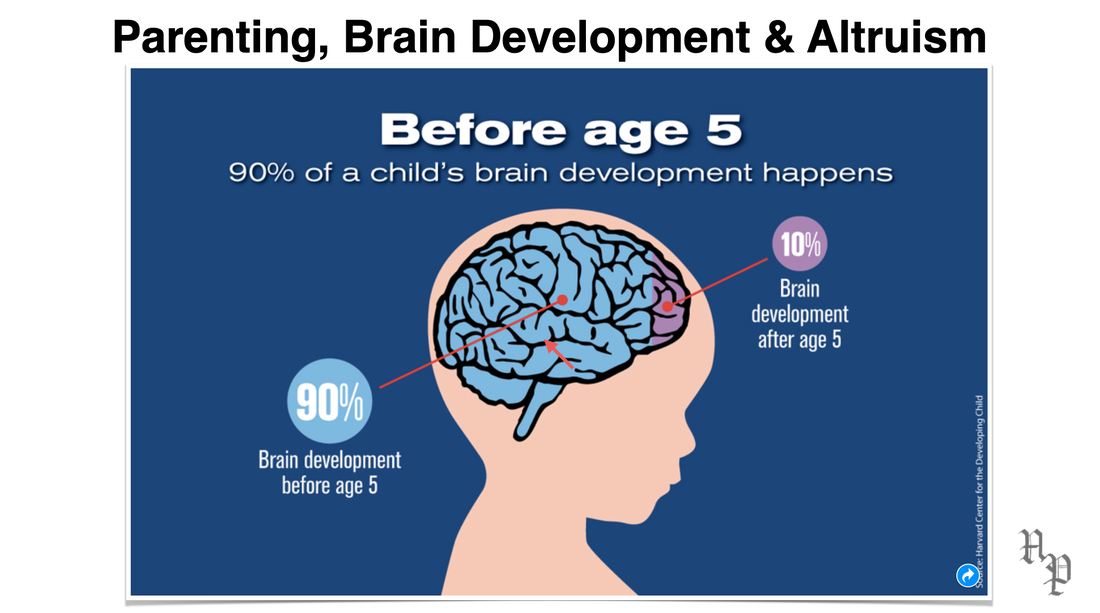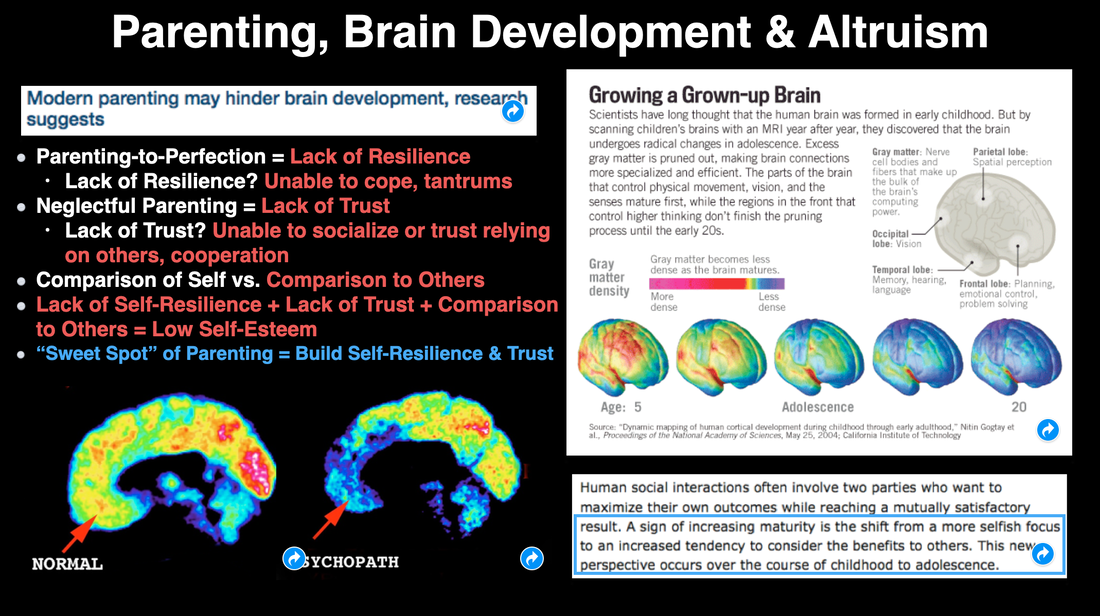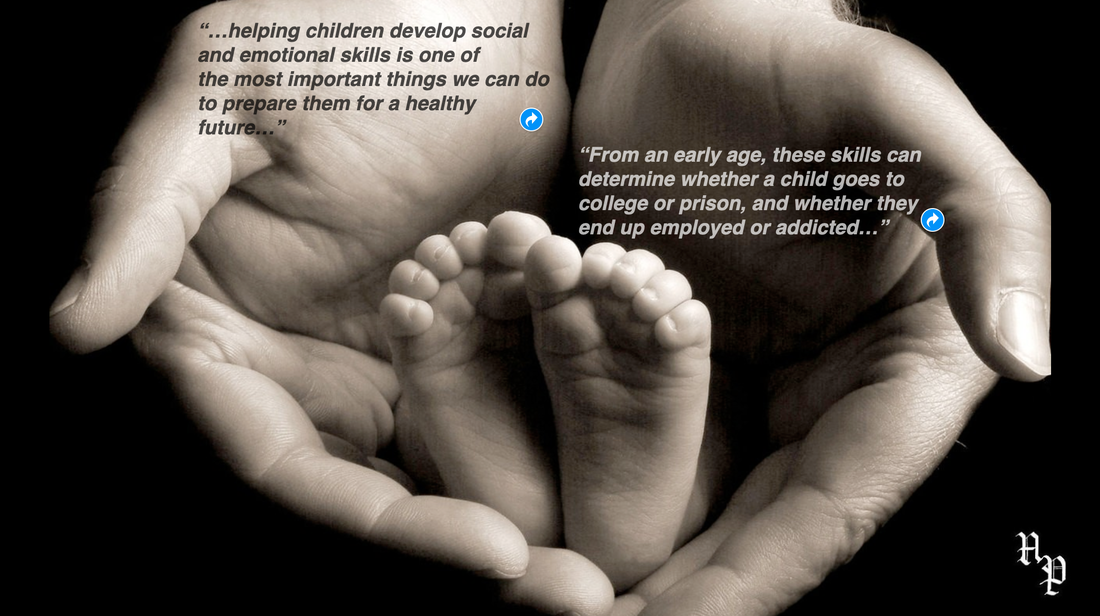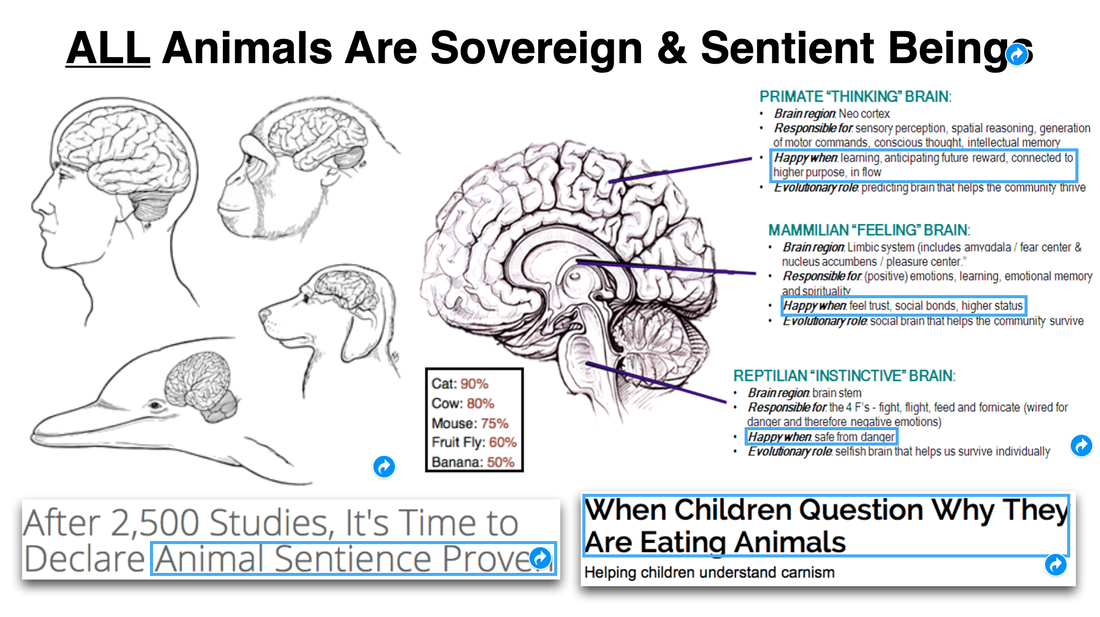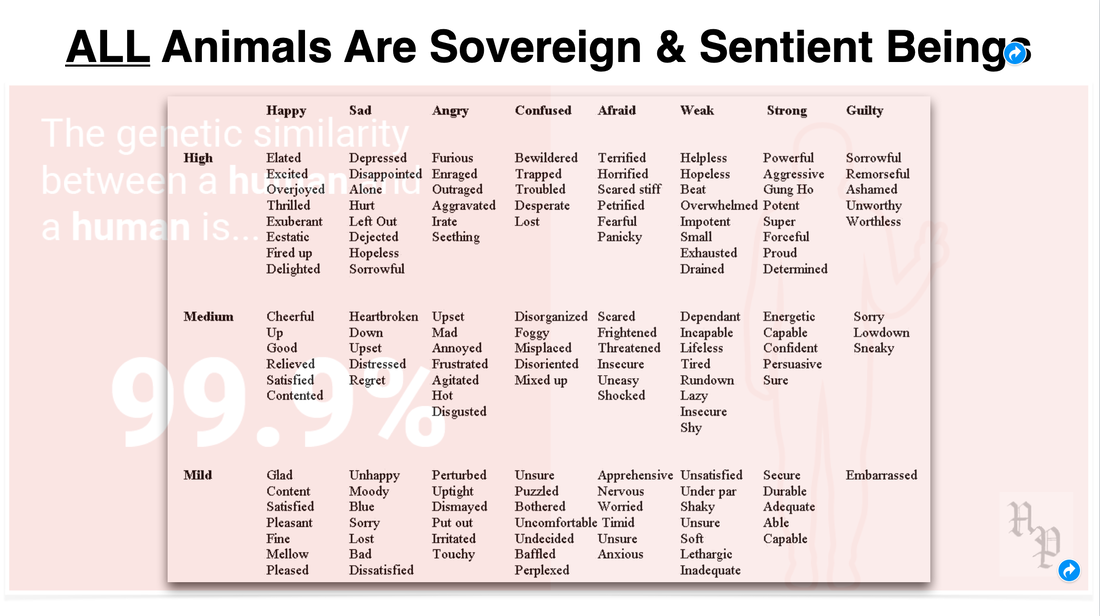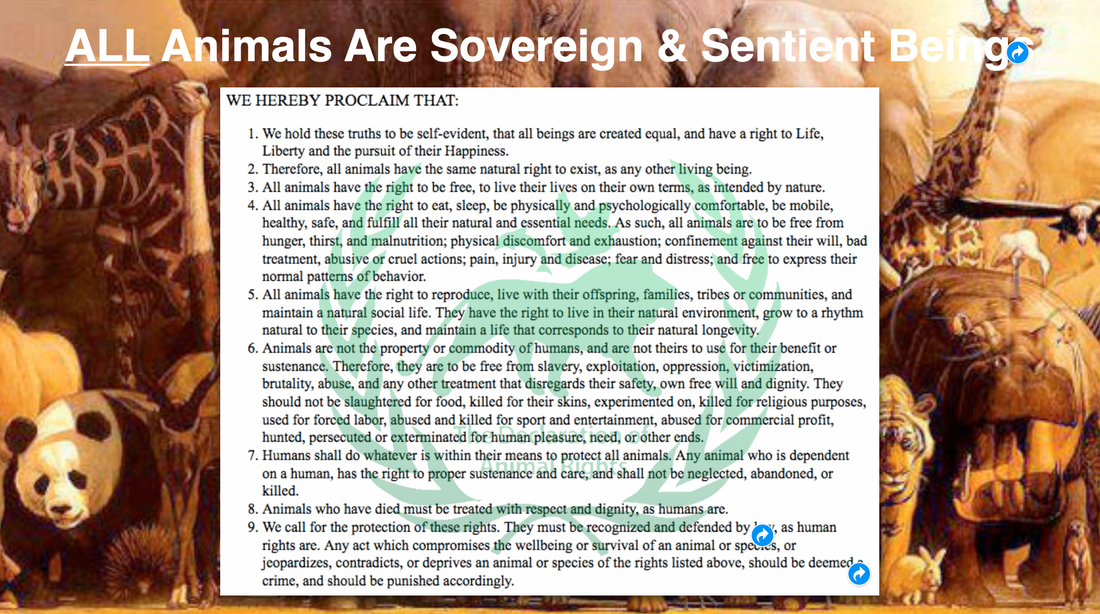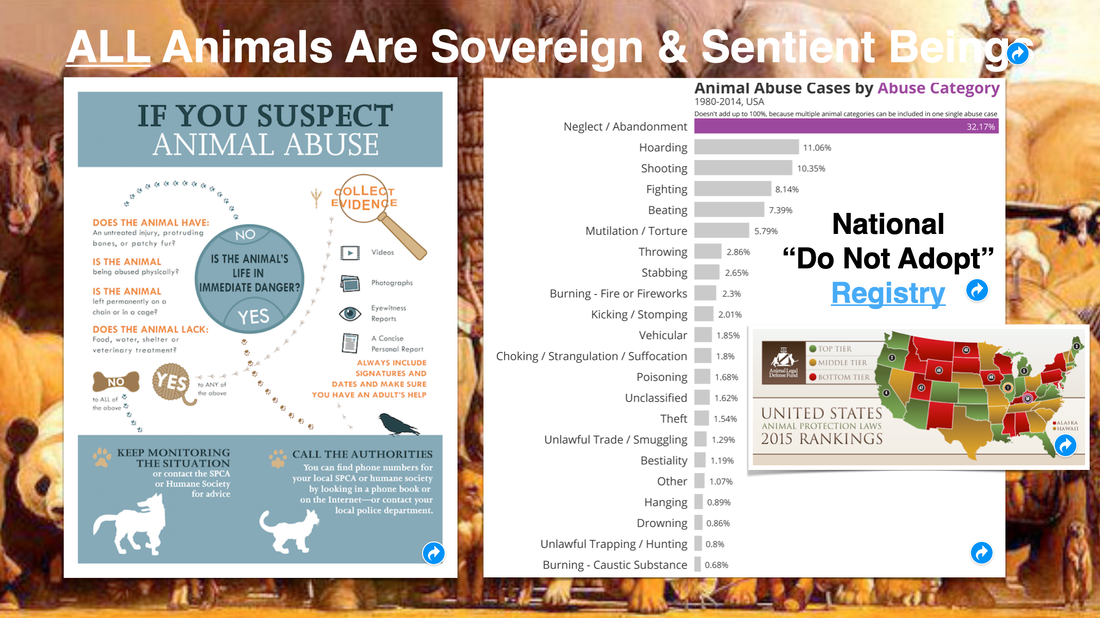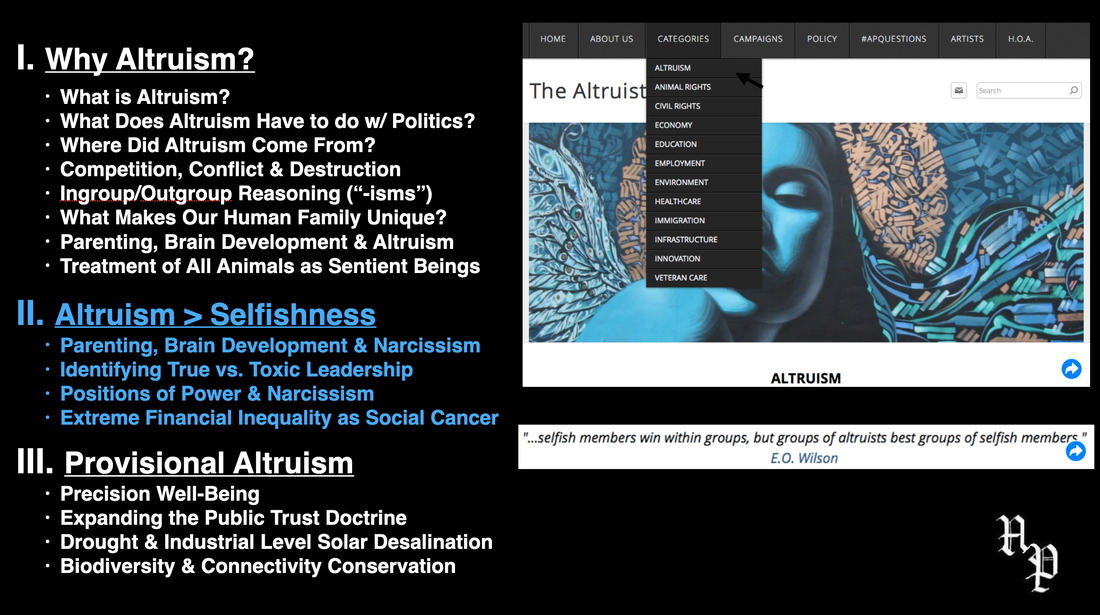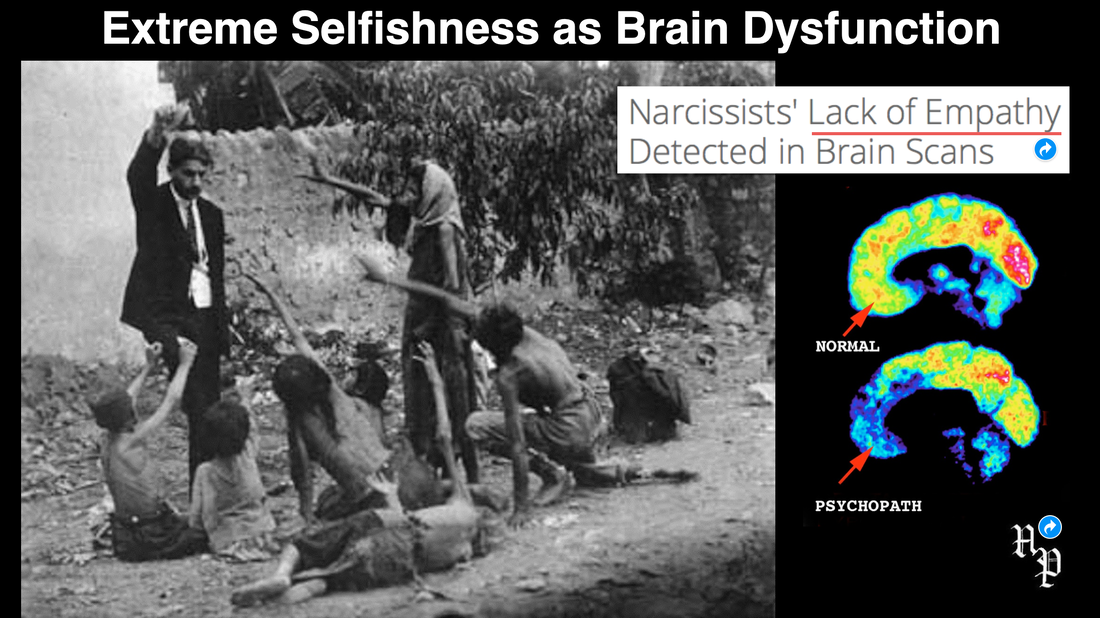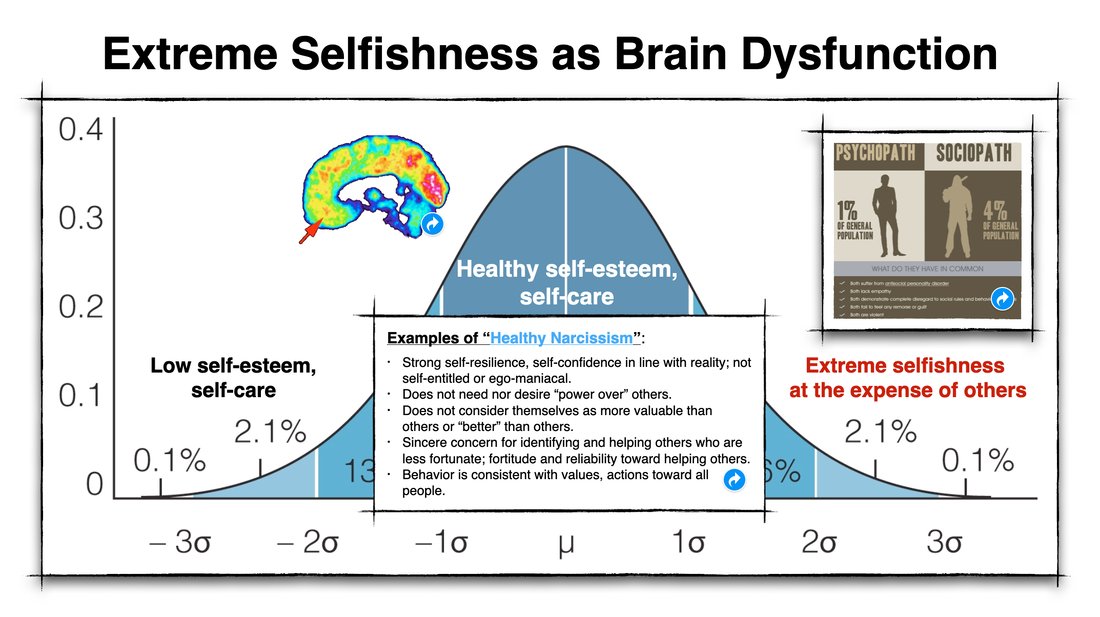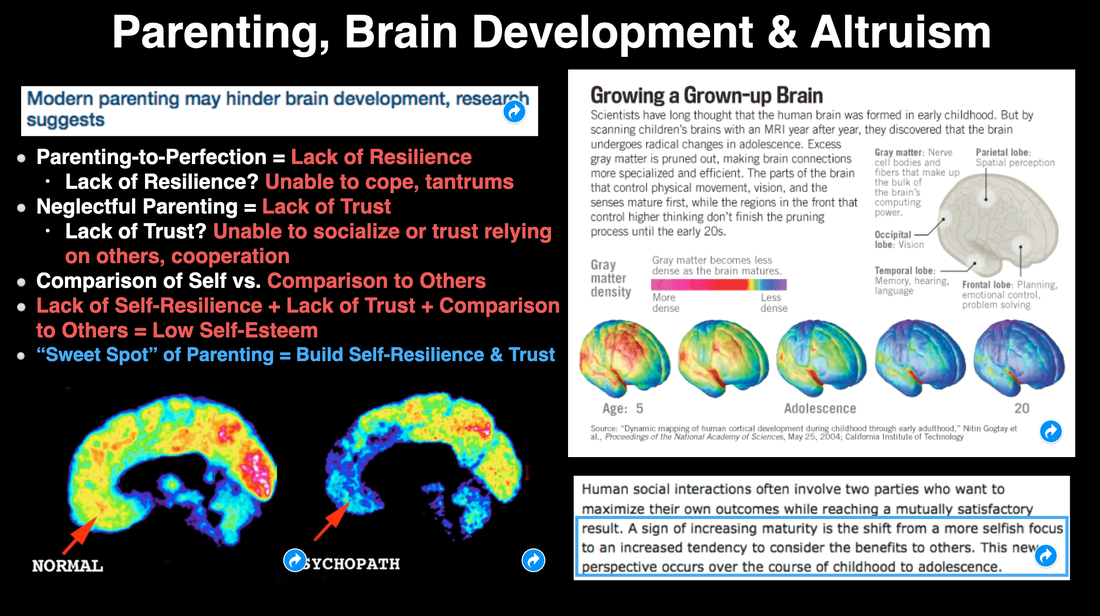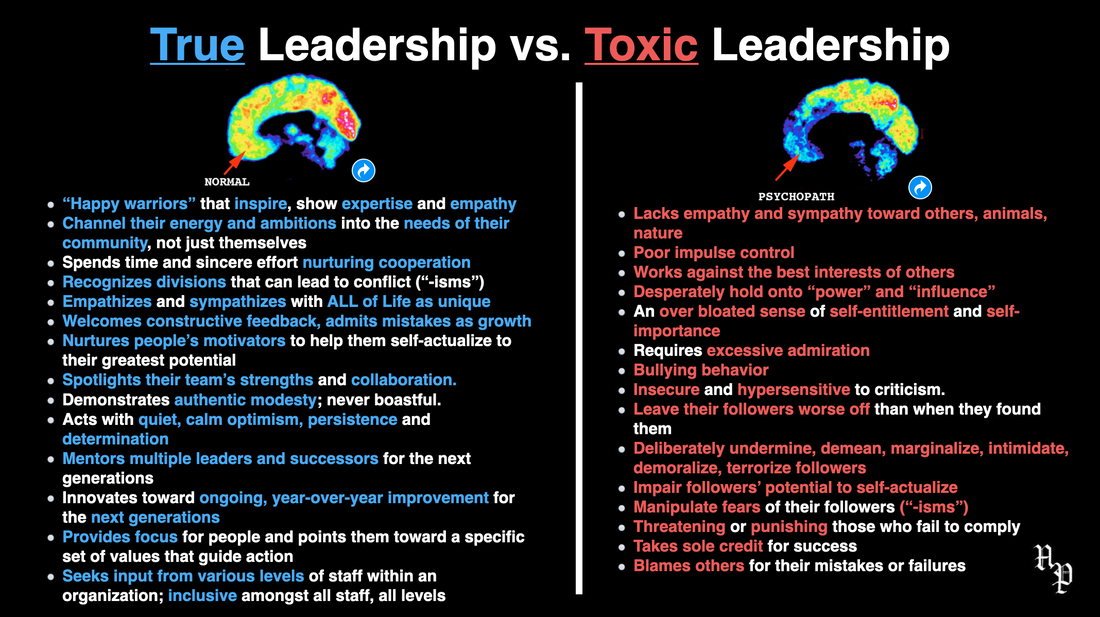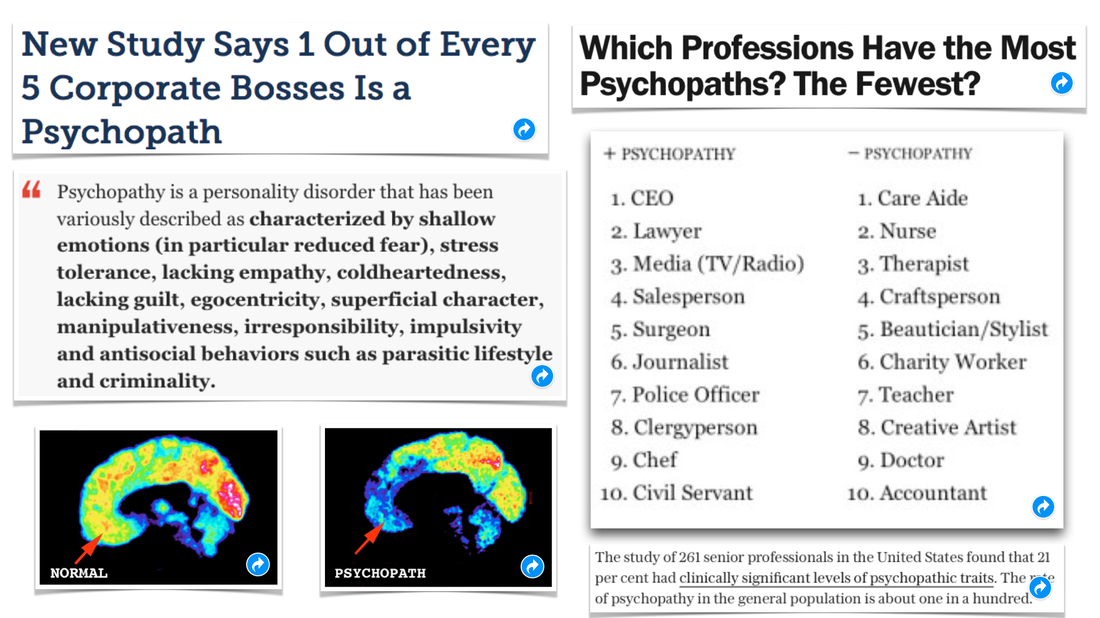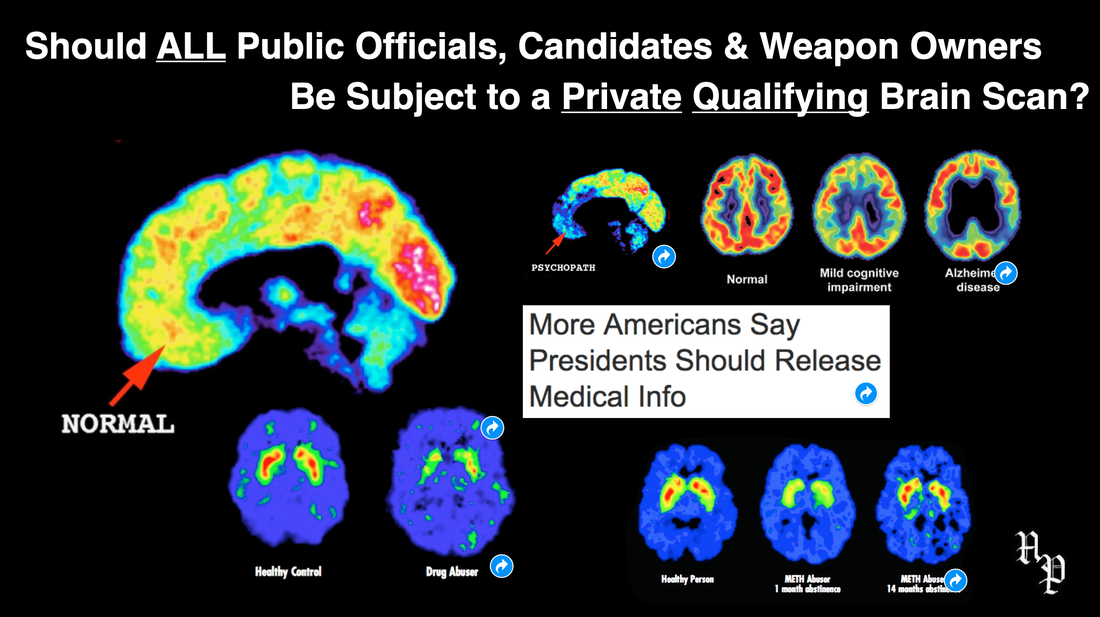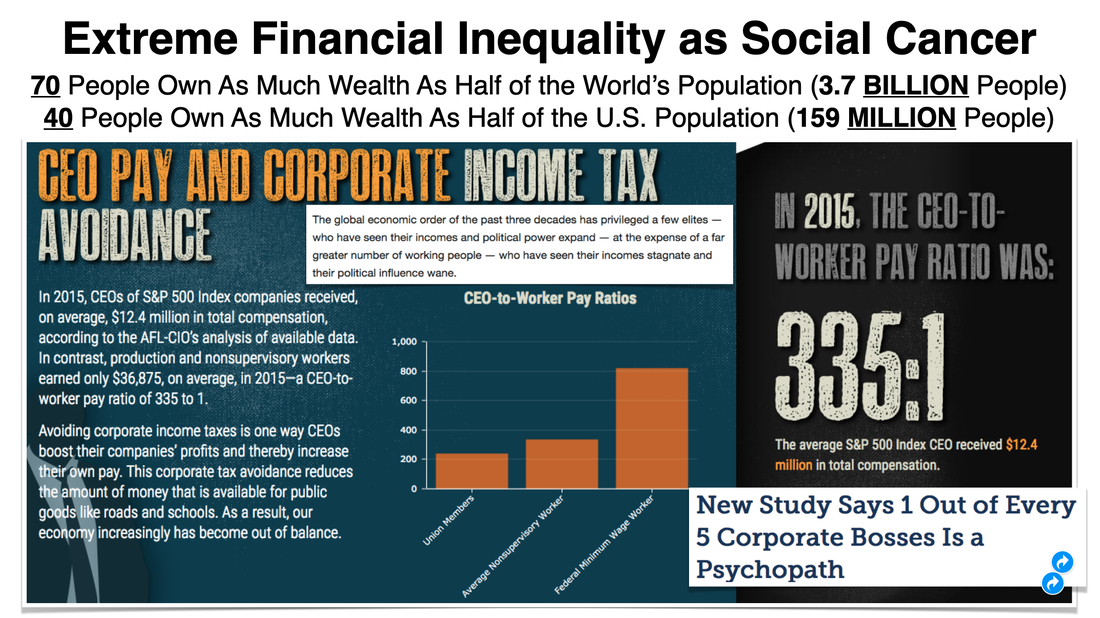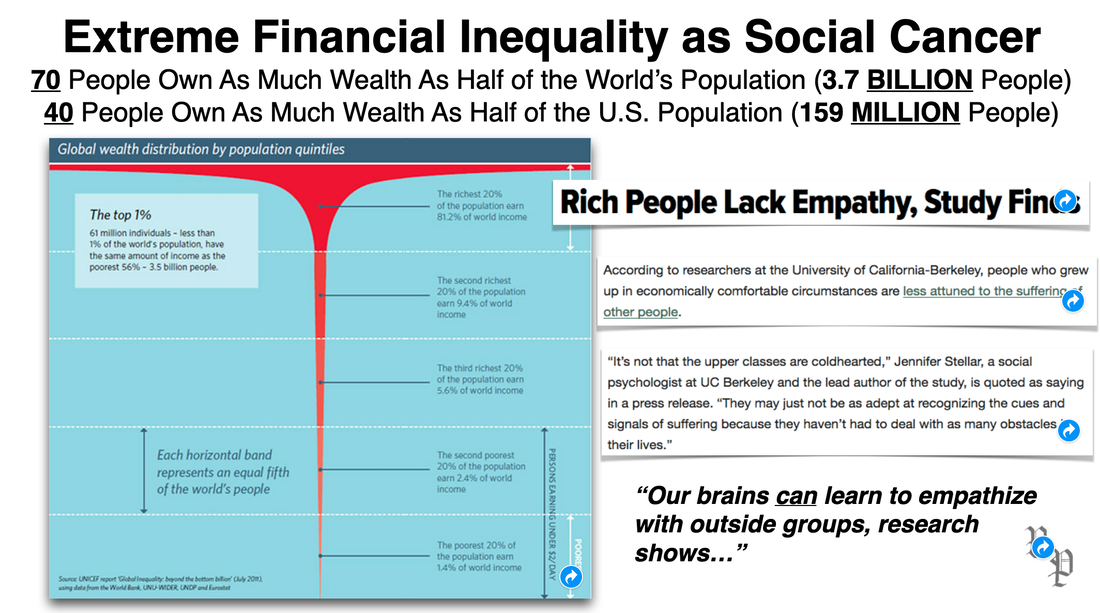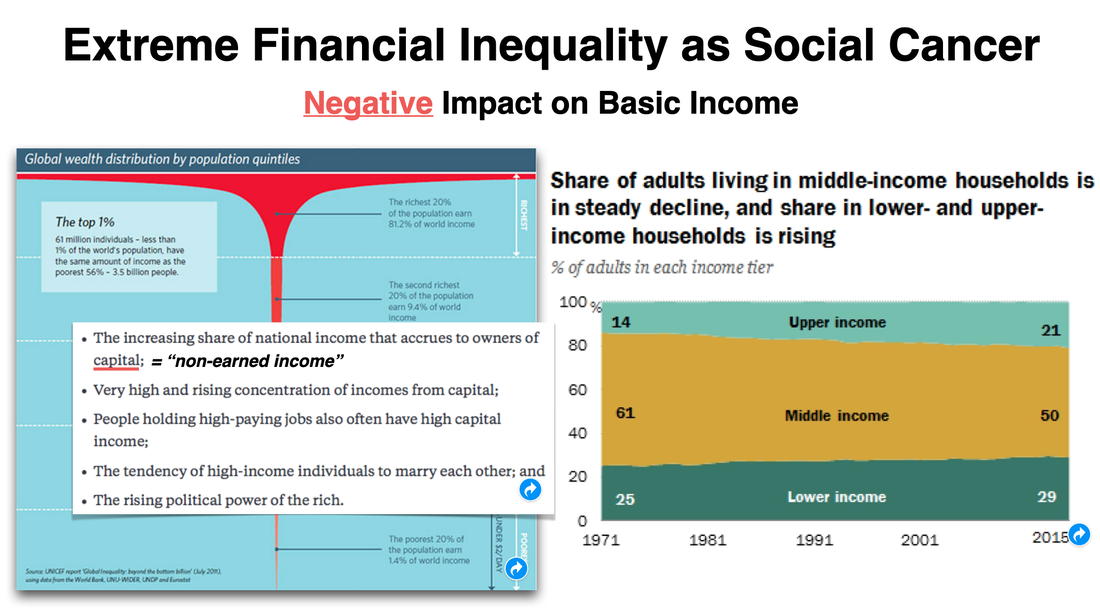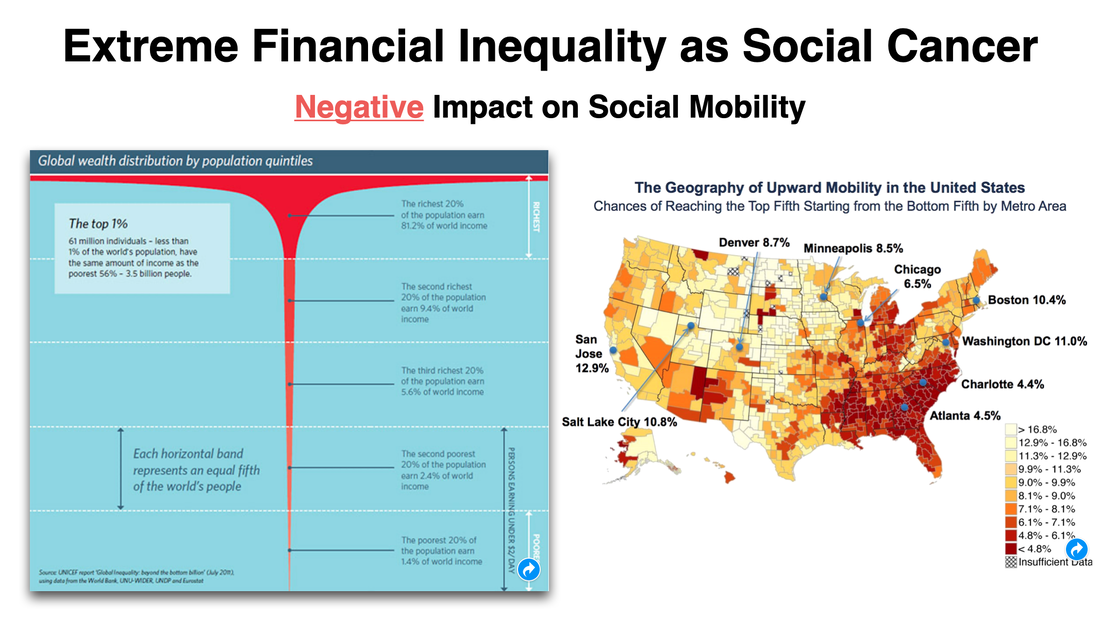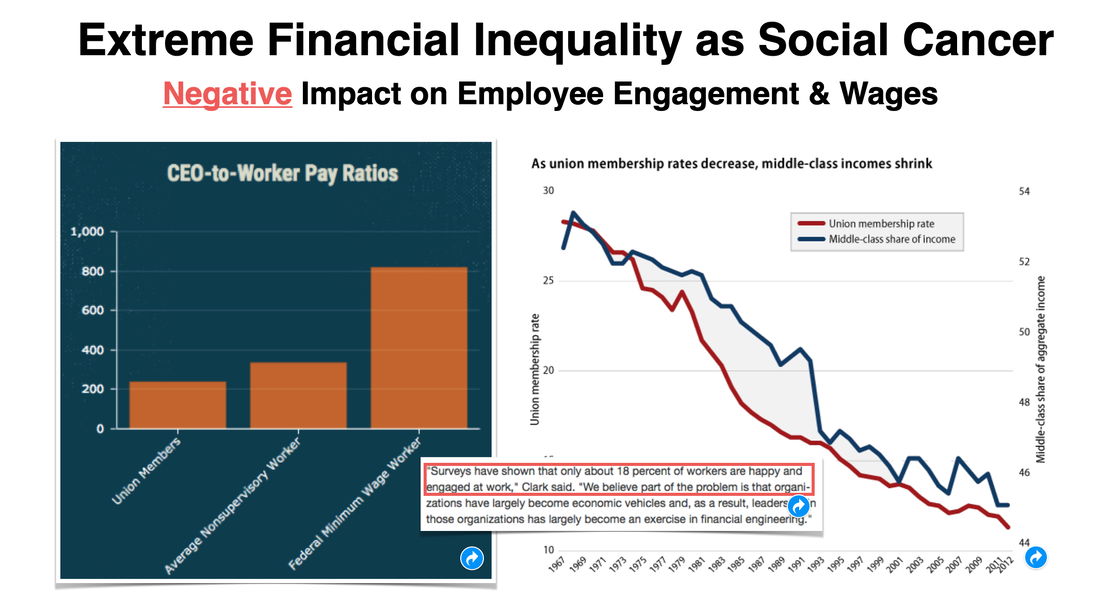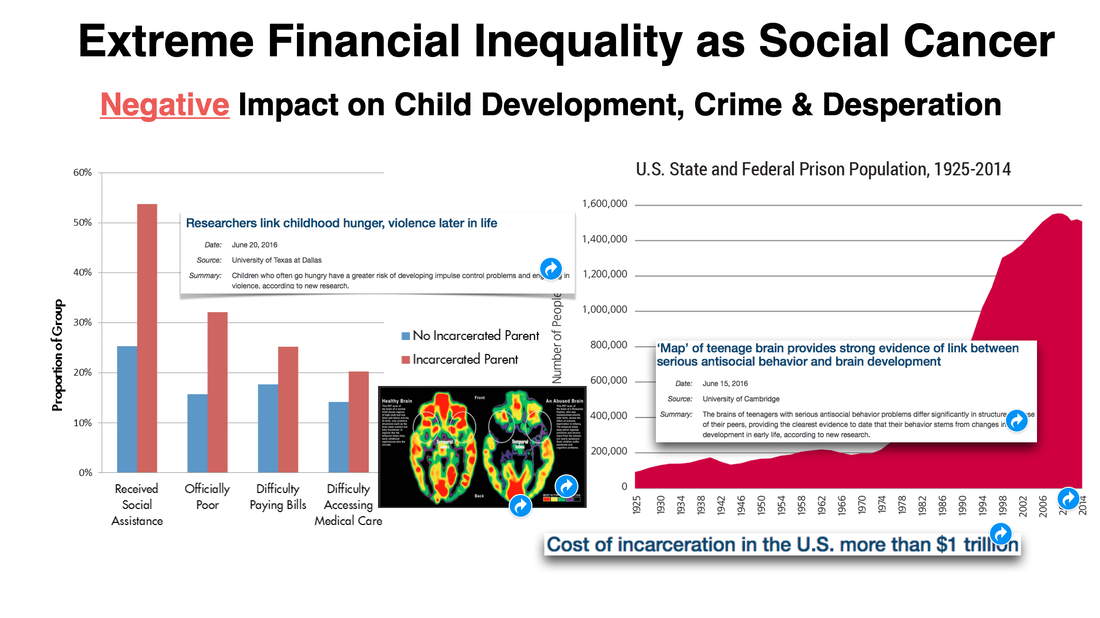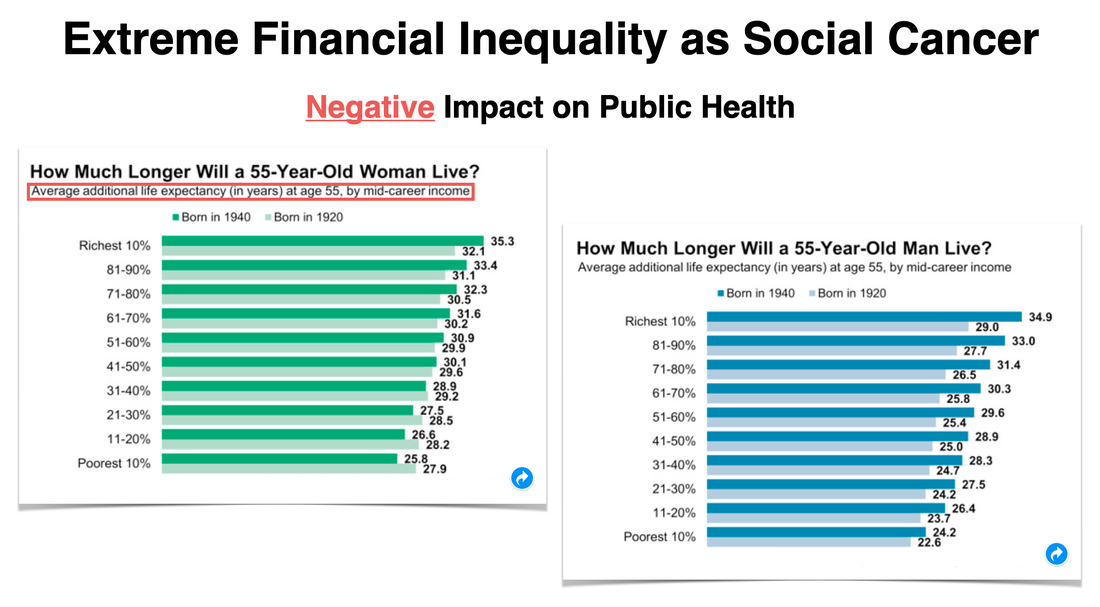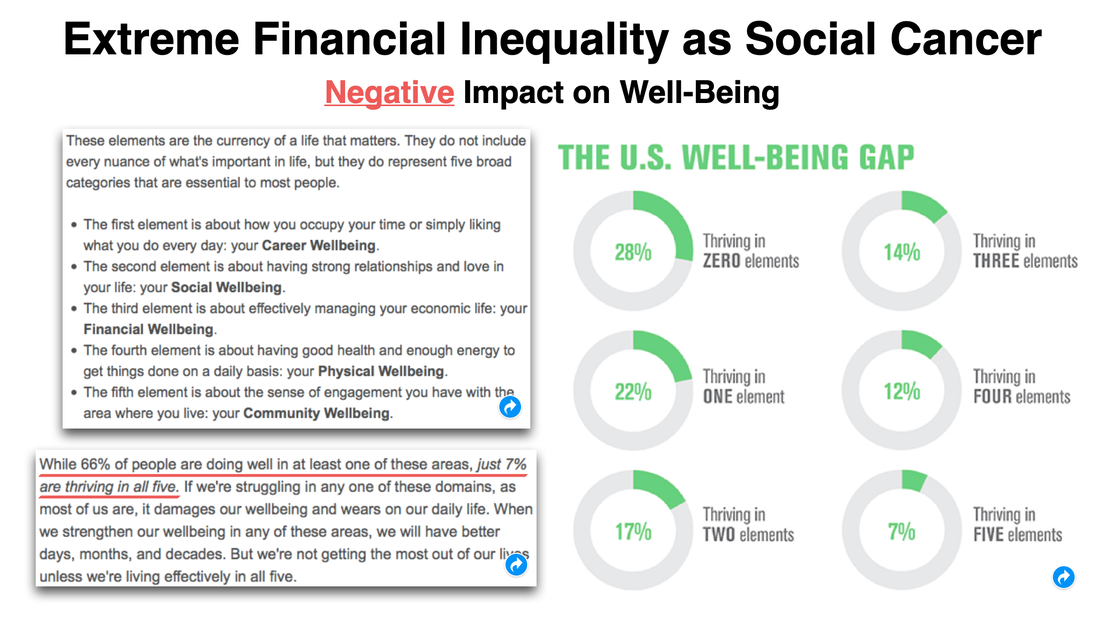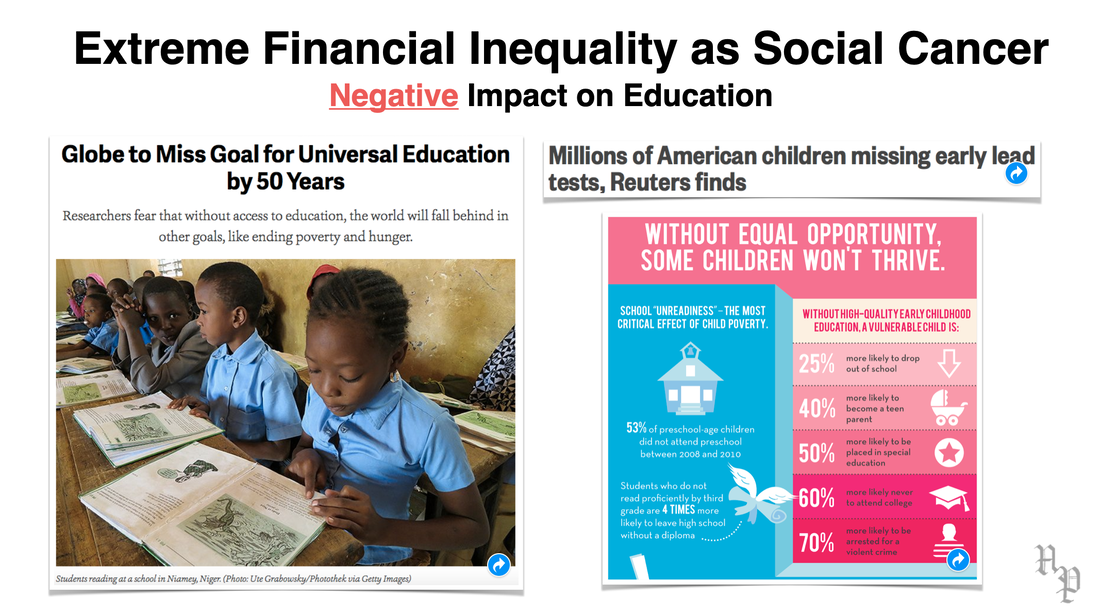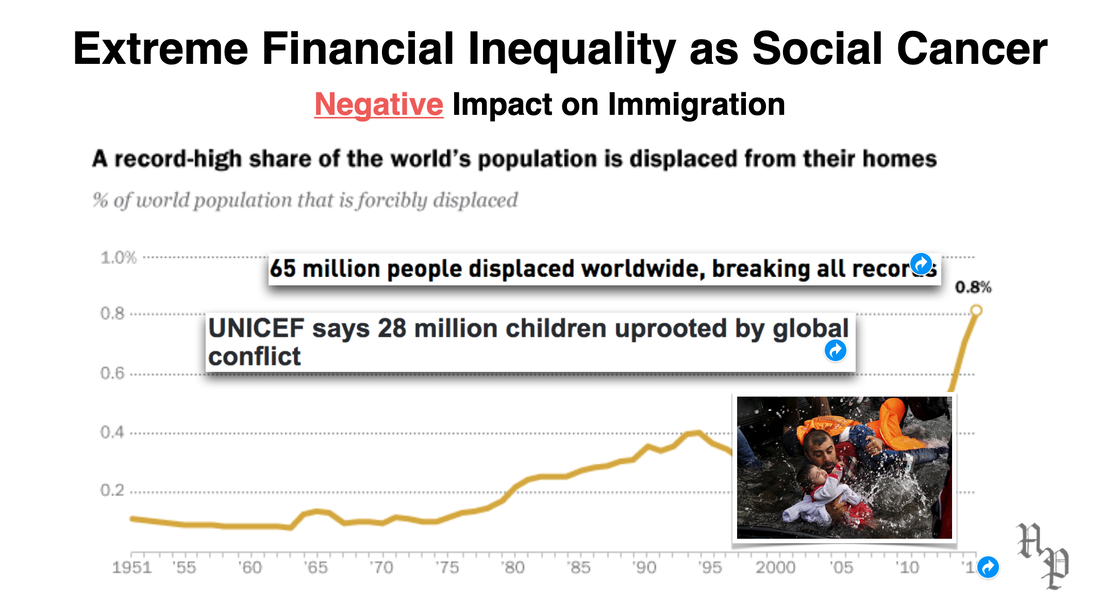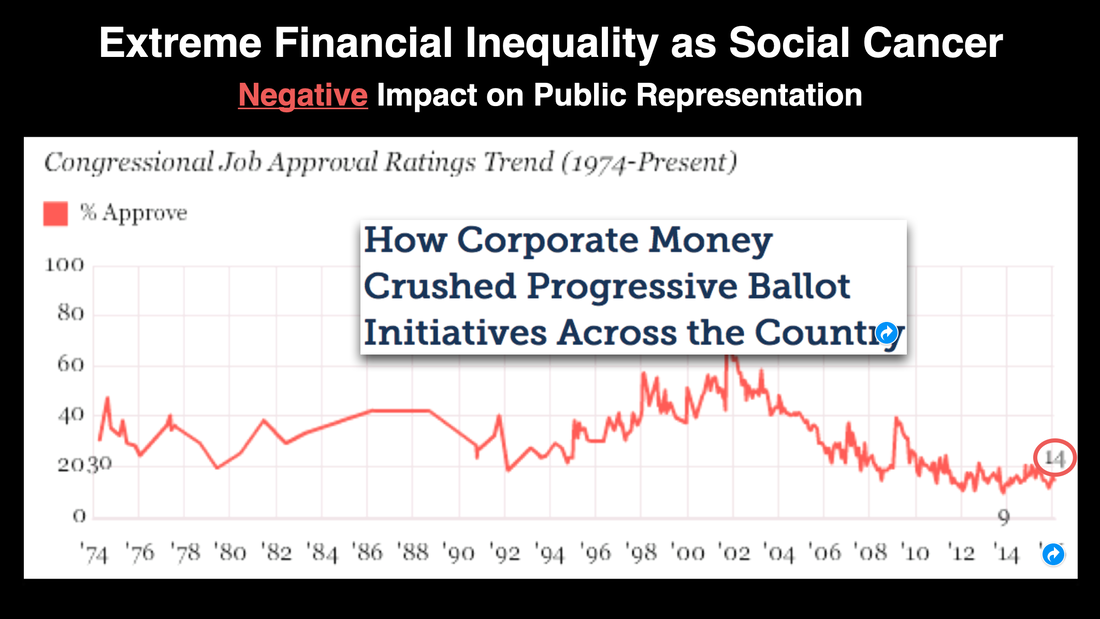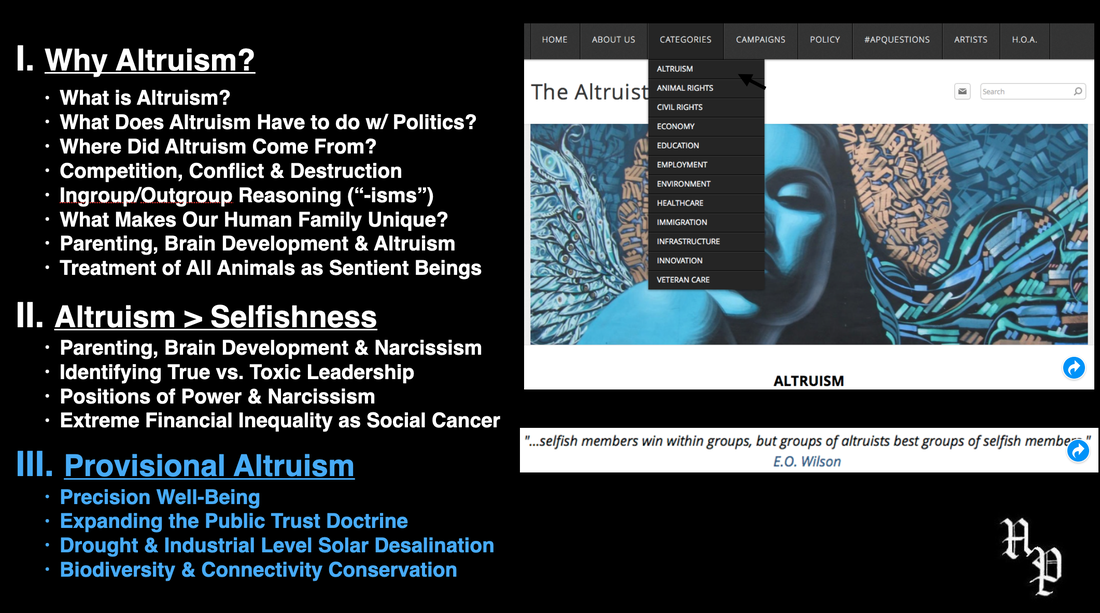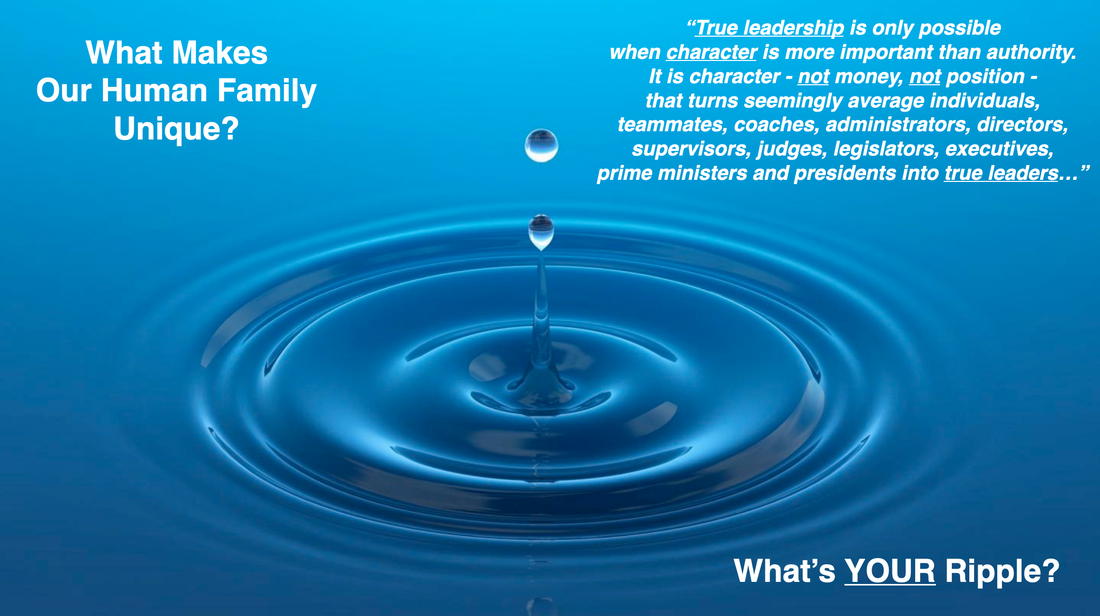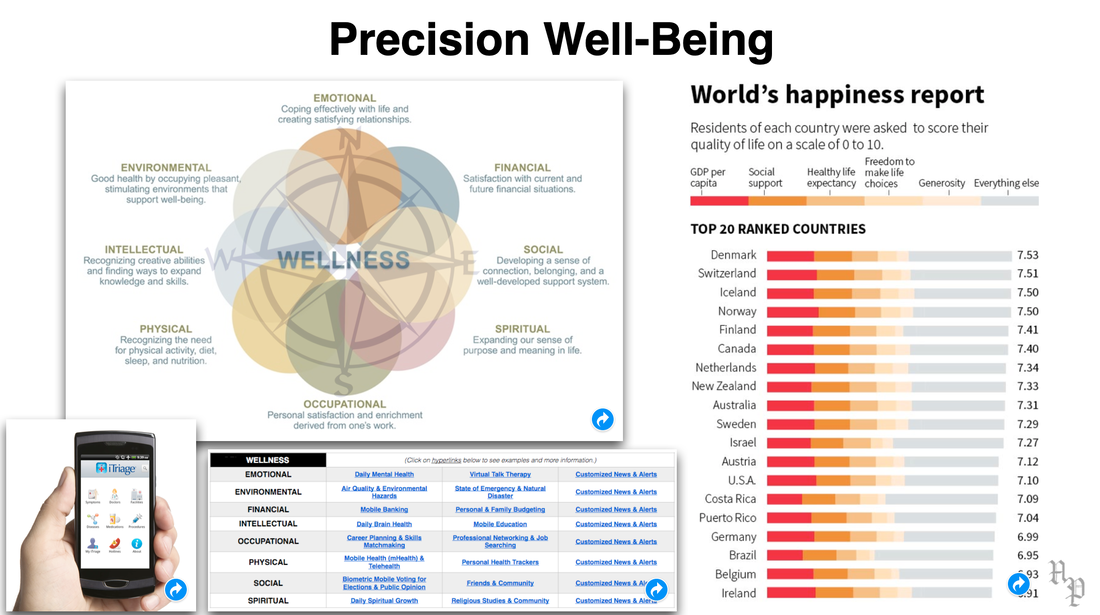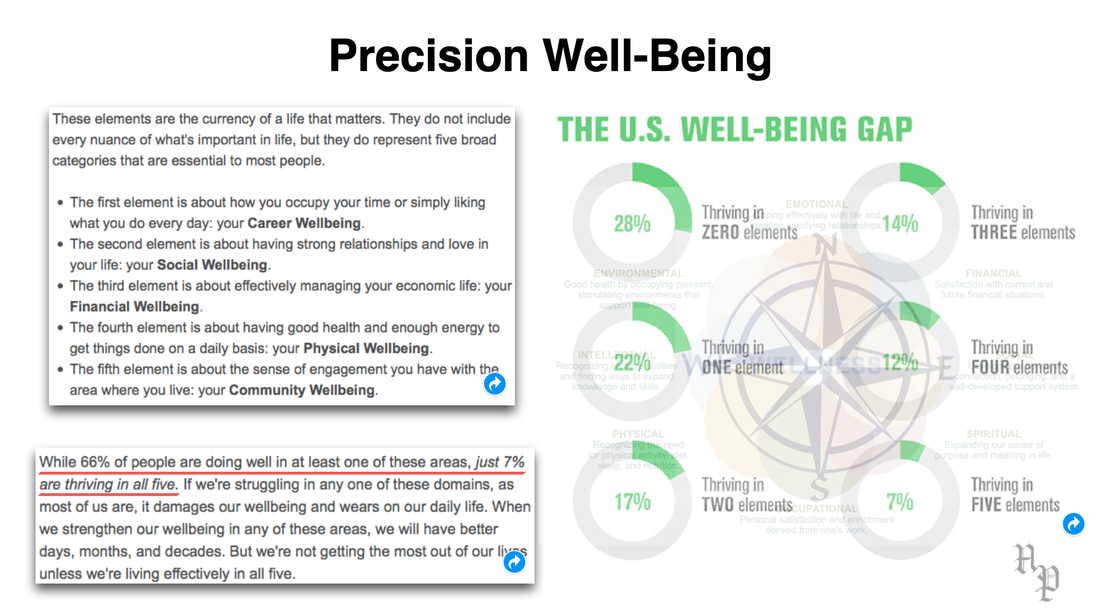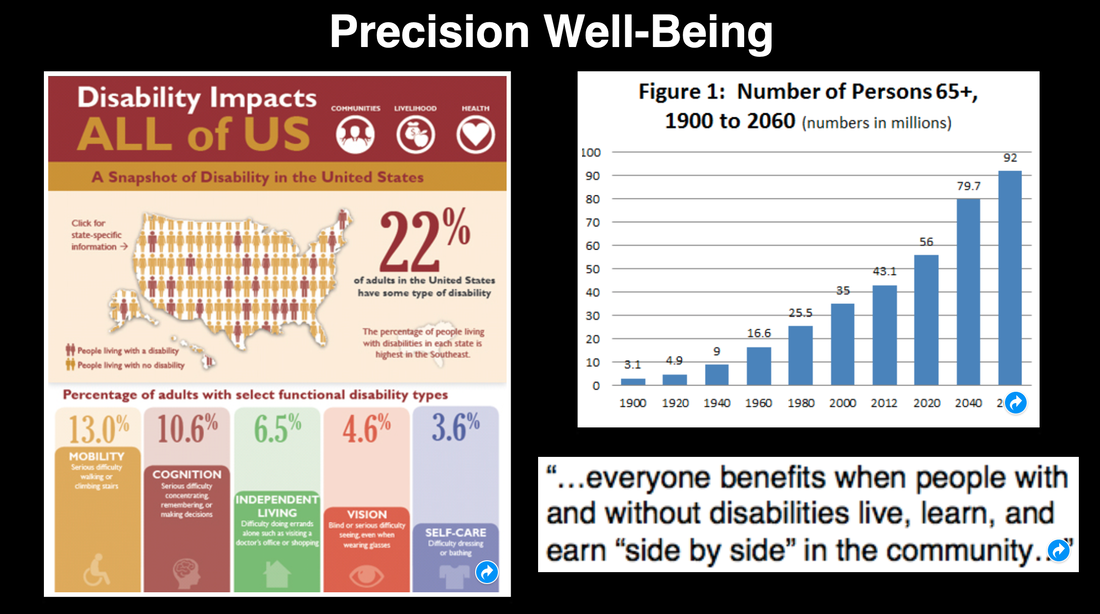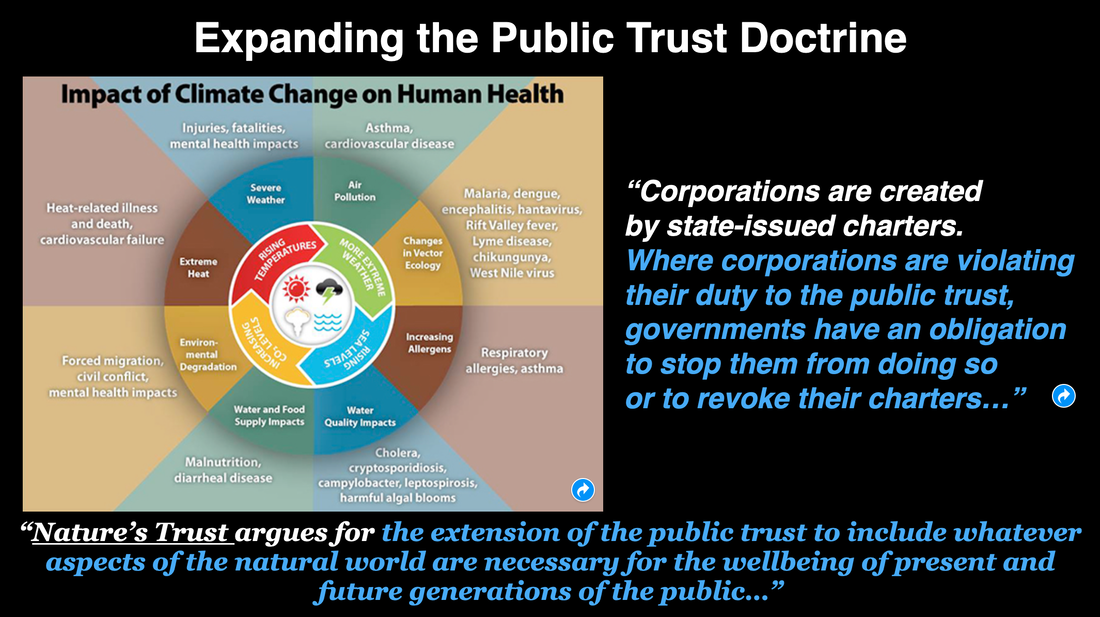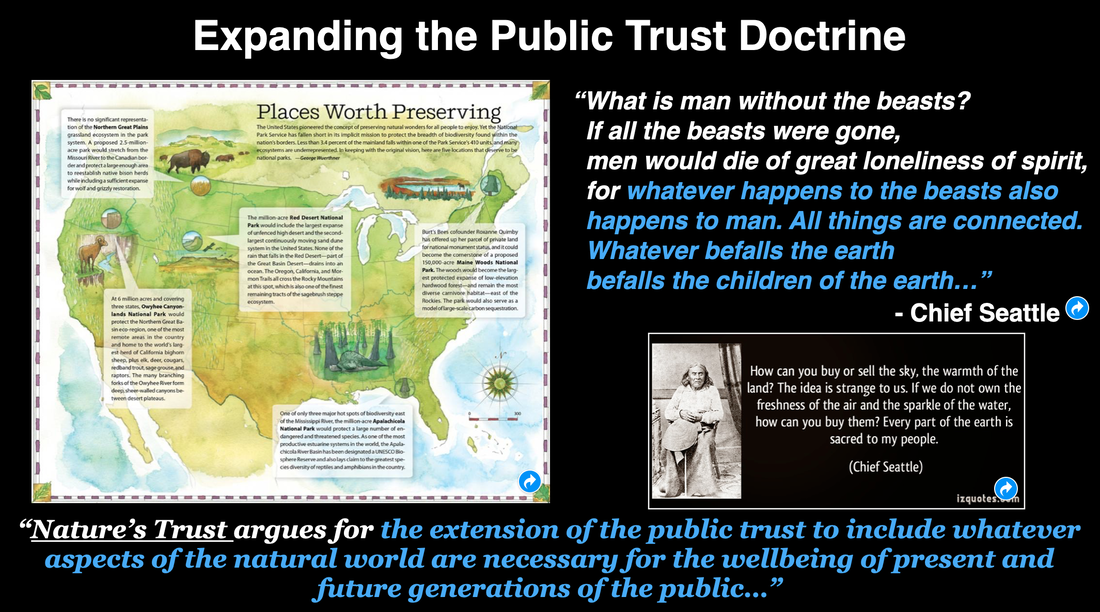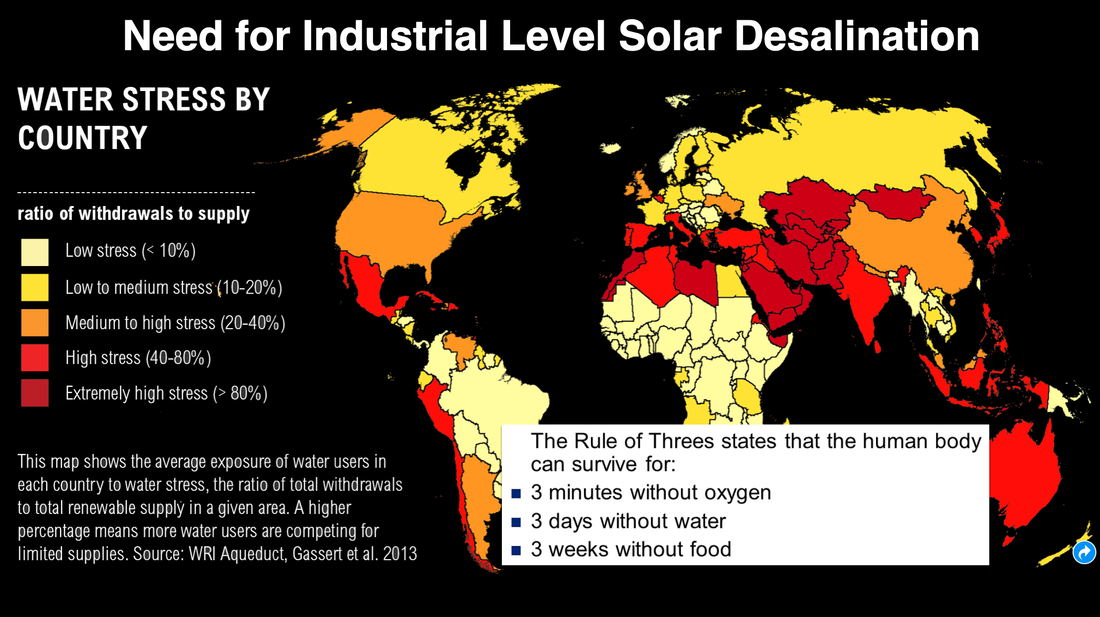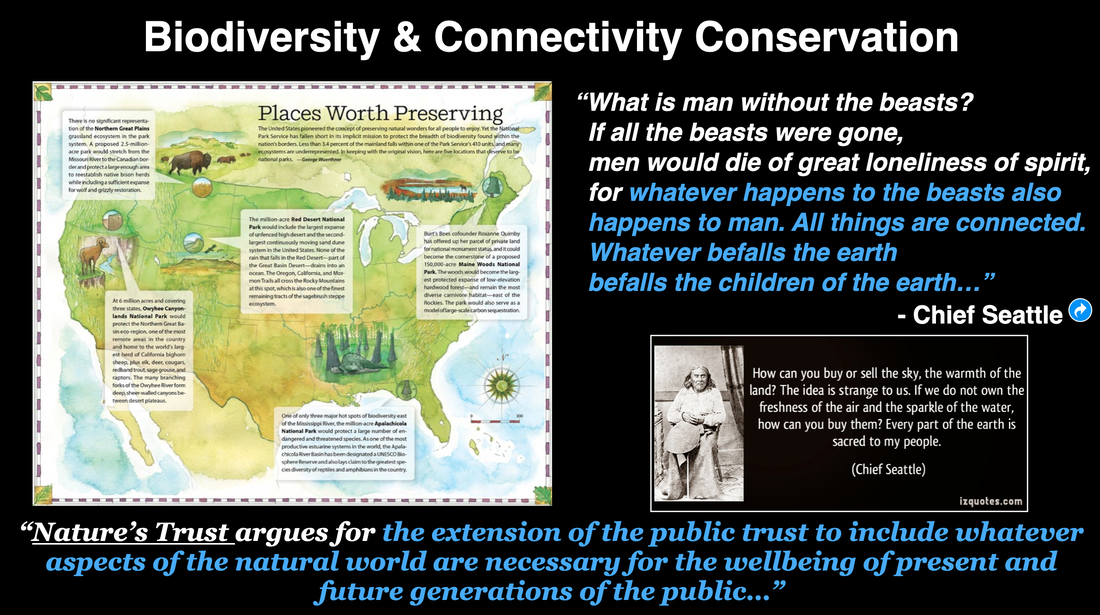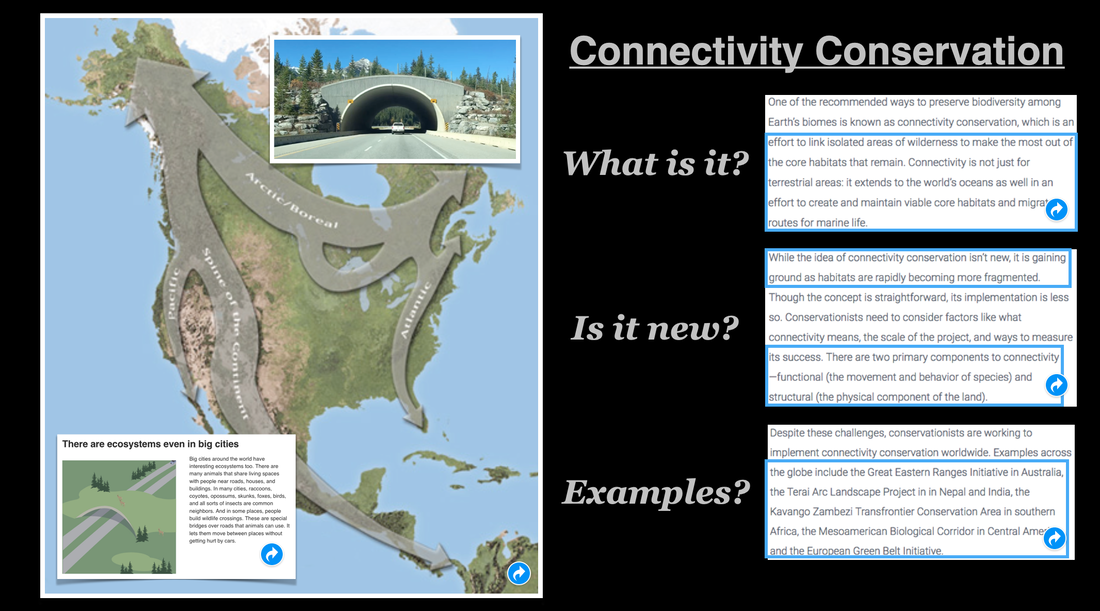2016 U.S. Presidential Campaign
October 8, 2016
October 8, 2016
(Please reference the complete set of slides here to access hyperlinks, indicated by a blue arrow icon below.)
|
"My name is Kevin Lewis and I’m with the Altruist Party. This is a continuation of our 2016 U.S. Presidential campaign. I’ll be touching upon some of the topics that we talked about last time as well as exploring new topics that we have not discussed. This presentation is part of our ongoing video documentation so you can see our videos date and time stamped as to when they occurred, including text versions of anything that we talk about so you can learn about our party any way you wish…"
|
|
"As a reminder, please check out AltruistParty.org to learn more about the party and see all the different things we’re following in our Reference Library, as well as review past campaigns, public statements, etc.
Again, we are a free international political party, established in 2012. We do not accept donations... What is the Altruist Party focused on in particular? Creating a modern Constitutional Republic by improving public trust and accountability, upgrading democracy with technology, promoting mobile technology as a human right, increasing citizen participation in open governance, improving governmental transparency, as well as citizen and community wellbeing…" |
|
"What we talked about last time dealt more with introductory information about the party. In this presentation we will be talking more about altruism, animal rights, civil rights, the environment, and population health...
This table gives you some idea of how we generally categorize different topics. Of course, there is a lot of crossover between categories and topics…" |
|
"What is altruism? Altruism is the opposite of extreme selfishness or narcissism sacrificing the wellbeing of others. Altruism is being unselfishly generous and concerned for the wellbeing of others...
Some folks think altruism means nothing but donating or wealth redistribution and that’s it. That’s not what we’re referring to as much as provisional altruism, reciprocation, empathy, compassion, giving care to others, kindness, teamwork, cooperation, etc. There are a lot of synonyms that go along with altruism… Intuitively, altruism often feels like the best response in opposition to extreme selfishness and narcissistic behavior…" |
|
"Here are some examples of altruism, such as this person on the left sacrificing her body and wellbeing for a man who was attending a white supremacist rally. The man on the ground was wearing a Confederate flag and was participating in the rally. He began to run and fell down, then protestors against the rally began to kick and beat him. This 18-year-old intuitively jumped on top of the man to protect him – not even thinking if he hated her because of the color of her skin. She sacrificed herself and her wellbeing to guard him from being beaten to death because it was the right thing to do…
Later on, she received death threats for what she did from people protesting against the rally and people called her a sellout. She wasn’t, though. She did the right thing. She looked at him as someone in desperate need of help, as we all should. Years later, the man’s son found her and thanked her for what she did, telling her the man she saved was his dad. It’s a perfect example of extraordinary altruism and someone reflexively stepping-in to take care of someone in immediate need… On the right is another example of altruism, where this individual came into a restaurant and this person noticed the man did not have hands to use to eat. So, he sat down and cut up his food and fed him his whole meal quietly and with dignity. Others around the restaurant kept their distance, but were moved emotionally and some took videos, pictures... There are a lot of incredible examples of altruism out there, but it does not mean solely heroic or exceptional acts. Altruism comes in many different forms and degrees…" |
|
"Driving in traffic and living in close proximity to one another are where you see everyday examples of altruism. You see far more people driving in harmony with one another than the occasional selfish person speeding too fast or cutting people off. You can also see examples of altruism in people helping each other at the store, helping the elderly, etc.
Humans are the only species that can live in such close proximity to one another. No other species, not even ants, can live in such high population densities without killing one another…" |
|
"As mentioned, the opposite of altruism is selfishness and narcissism. There are some folks out there who do not care about the plight of others that are in dire need of help. The worst scenario we can have is when those with extreme levels of narcissism, selfishness, and lack of empathy are in the position of power and leadership...
When you look at this graph and think of altruism as concern for the wellbeing of others, you will see the opposite of that going on in Congress, averaging less than a 20% approval rating. Why have approval ratings been so low for so long? If you remember from our last presentation, citizens can’t recall someone from Congress, only Congress can do that, which has never happened. So, we're in a catch-22 when it comes to lack of true representation... If you look at narcissism, money hungry and power hungry leaders that just pay attention to corporations donating millions of dollars and not individual, low and middle class constituents – it creates a spoiled apple effect. There are some in Congress who are doing an incredible job representing their constituents, however in looking at historical approval ratings as a complete body there is obvious dereliction of Constitutional duty and a lot room for improvement… Also, when you look at some of the brain scans that we’ll show a bit later, you will see that narcissists have clear deficiencies in brain connectivity linked to the lack of ability to feel empathy. A lot of it has to do with people growing up and developing in a constant, reflexively narcissistic lifestyle that is completely uncaring and detrimental to the wellbeing of everyone else…" |
|
"When you look at the grassroots level, politics, altruism, selfishness, cooperation, communication, etc. have all been mixed together since the beginning of human history…
There are more interesting studies coming out about the brain, such as this study showing that monitoring activity in the brain in response to certain images can predict if a person is more progressive or conservative in their thinking with up to 98% accuracy… What’s really important here, not just for Americans but everyone around the world, is that arguments and fragmentation between family and friends due to politics is not the point of politics. Disagreement is why democracy exists, so there is an alternative to fighting and resorting to war. Maybe for some who are trying to hold onto power, division and fighting is the point. When you look at such a high contrast related to in-group versus out-group reasoning, we must realize it is a fundamental part of our human nature. It’s natural to separate ourselves into groups of us versus them. However, are family and friends being provoked to fight about politics just to fight? To divide them? Or is there actual discussion going on about realistic and mutually beneficial resolutions that help us unite and live together? So, what are the differences between folks that think conservatively versus progressively? One of the things that’s been discovered in terms of brain differences, is that conservative folks tend to think more in terms of fear and skepticism, not fully trusting anything until they know as many details as possible. Progressive thinkers sometimes get labeled as dreamers or too unrealistic. In my opinion, both types of thinkers are needed to act as each side of our path forward. You cannot have a path, however, if each side is moving away from each other... A brilliant example of progressive and conservative thinkers working together is the moon landing. There were some folks who did not want to spend so much money and were afraid of what could happen. And there were other folks who worked with them to achieve what only 'dreamers' thought was possible. Both types of minds worked successfully together, which changed human history..." |
|
"Acknowledging that we are all one electorate as citizens across the U.S., it is important that we come to some sort of agreement on things like a 51% approval rating for all elected officials. That way we at least know that the majority of us are being represented and listened to. Of course, we are not going to have a perfect situation where 100% or even 90% approval ratings occur, so let's start somewhere with a majority measurement of 51%...
Right now, there is obviously not a lot of representation going on for the majority of folks and clearly a lack of accountability…" |
|
"One of the things I believe is unique to our approach is looking at improving qualifications for public representation, such as private brain scans for candidates and elected officials. This should also apply to anyone choosing to purchase or own weapons in order to confirm their brains are functioning correctly enough to own a weapon...
How should we vet public officials and qualify them to have such major responsibilities? If a surgeon at a hospital has Alzheimer’s disease, for example, then that hospital will not allow them to perform surgery anymore due to risks to patient safety and hospital liability. This same type of reasoning should be applied to all candidates and elected officials. If you have an official whose brain is functioning normally, maybe once or twice a year they should have a private brain scan with their doctor to confirm normal functionality. For example, how do we know the brain of some elected officials are not in the early stages of Alzheimer’s or neurodegeneration? Again, this should also be applied to people purchasing a weapon and weapon owners. Research shows that lack of normal brain connectivity is linked to a lack of impulse control in times of anger. Therefore, is it wise for someone who has poor brain connectivity and no impulse control to purchase or own a gun? Or someone with Alzheimer’s disease to purchase or own a gun? This qualification should also apply to police officers, as well... As evolution has shaped our brain and allowed the progression of our species, you will see that certain parts of our brain are relatively new. These new areas are uniquely human and are very sensitive to child development. 90% of brain development takes place in the first 5 years of life with the remaining 10% of development taking place through the mid-20s and possibly into the early 30s. In order to develop impulse control, it is essential during childhood that connectivity between the neocortex and prefrontal cortex areas of the brain and the rest of the brain gets nurtured. If this connectivity does not take place in the first 5 years of brain development, there will be a struggle or complete lack of impulse control during adulthood… Some people have asked me, "If I did not go through a normal childhood, can I rehab my brain?" Unless you’ve had a traumatic brain injury or concussion(s), in many cases you can nurture your brain to a healthier and more connected state. You can see here in the example of the brain of someone who quit methamphetamine, the longer they avoided meth the more their brain reconnected over time… Qualifying brain scans would need to be discussed publicly, of course. We have the scientific means and privacy in healthcare data now, so why not do it?" |
|
"How do we create a system to share our voices equally and collectively across the country? How about globally? How do we connect with one another and do it in such a way that is convenient and easily integrated with how we live our daily lives? We do it through mobile technology...
Specifically, legislative acknowledgement of public sentiment measured through biometric secured mobile technology, as written in our founding 2012 doctrine. The infrastructure of such a system would be nonprofit and any public-private partnerships would require benefits to citizens only in order to help strengthen, preserve, and modernize democracy. Again, we are only promoting basic mobile connectivity and the ability to receive vital information as a human right, not watching entertainment videos, playing games, etc. Promoting basic mobile connectivity and biometric mobile voting as human rights are both unique to the Altruist Party... By 2018, 100% of all smartphones will include biometric security technology. You're already seeing banking apps using biometric security (e.g., facial recognition), 2-way authentication (e.g., password and fingerprint or facial scan), to unlock your phone and sign into apps. Biometric security is already out there and we’ve been advocating the use of it to improve democracy since our party’s inception…" |
|
"Dr. Seuss said it perfectly in ‘Horton Hears a Who!’: a person’s a person no matter how small. Everyone has a voice, no matter if you are rich or poor, there are no different levels. From my own philosophy, and the Altruist Party in general, we all stand on the same Earth and at the same level...
Imagine if we could give everyone mobile connectivity and a way for their voice to be heard everywhere around the world, and a 'Citizen Lifebook' to use as a compass toward their wellbeing..." |
|
"In terms of wellbeing, we're focusing precisely on multiple dimensions of wellbeing: emotional (e.g., stress levels, behavioral or mental health), financial (e.g., personal or family budgeting, financial literacy, comparing loans, etc.), social (e.g., community gatherings, nonprofit efforts, democratic participation, etc.), spiritual (e.g., religious or non-religious, traditional ceremonies, mindfulness, meditation, etc.), occupational (e.g., finding local jobs, slash economy jobs, reintegration of veterans into the workforce), physical health (e.g., telehealth, exercise, nutrition, parenting, childhood development, etc.), intellectual and educational (e.g., paths to continued education, current employment needs, projected job forecasts, etc.), as well as environmental (e.g., hazard alerts, contributing input and voting on infrastructure, climate change mitigation projects, etc.)
Also, in looking at the World Happiness Report, are there things taking place in other countries that can help us in the U.S.? What are best practices across all countries? How can we integrate them into improving the wellbeing of ourselves individually and our communities? It sure seems like there's a lot to learn from each other out there to help improve our happiness…" |
|
"Where did altruism come from? From an evolutionary standpoint, we humans are extremely social beings. You can see that in how we interact every day. Where did that come from? What is the significance? How did altruism help us survive as a species? One way to answer those questions and put that investigative work together is to look at who we’re related to as a species. We have very similar behaviors as other species, especially primates, as you will see...
If you look at the left you will see a branch of the evolutionary tree alongside our primate cousins. Evolutionary branches are defined by genetic similarity and each branch of the tree splits-off from a most recent common ancestor. To clarify, at the point of where each branch splits there was a ‘common ancestor’ where a genetic mutation happened and the species began to split, such as a genetic mutation allowing the ability to stand and walk upright versus continuing to walk on all fours and survive only in trees… About 5 to 6 million years ago, we split from our closest evolutionary cousins alive today, the bonobos and chimpanzees that share over 95% genetic similarity with us. Neanderthals, Denisovans, and at least one other yet to be defined species are our closest evolutionary cousins, but they went extinct a long time ago. Now, it’s just us modern humans, which is incredible if you think about it... So, how can we learn about ourselves by studying our closest cousins that haven’t gone extinct? If you look at the evolution of our brain on the right, you will see that around 4 to 6 million years ago the size of the human brain grew dramatically in both size and capacity. Why did this happen? What research shows is that we became more and more social, controlled fire, changed our diet from raw to cooked foods which reduced foodborne germs and illnesses, and subsequently survived longer to have multi-generational and extended families to protect ourselves from conflict and predators. You can see as time went on and group size increased, our brain size and capacity skyrocketed to where it is today…" |
|
"If you look at what our brain does in particular, you can break it down generally into three different segments: the reptilian, mammalian and primate parts of our brain...
If you look at the reptilian part of our brain, there are certain structures and functions shared with all vertebrate species, including reptiles, such as the base of our brain and brain stem. This area of the brain deals mostly with the functions of individual survival, such as maintaining functions of bodily organs, eating, sleeping, reproducing, as well as the instinct toward fight-or-flight. This part of our brain helps us survive individually… The mammalian part of our brain, which connects on top of the reptilian part of the brain, provides us with the ability to experience emotions such as joy and connect with others socially on a deeper level. This is why you don’t see reptiles playing around but with many different types of mammals you do. The mammalian part of our brain helps us not only survive individually, but also helps us connect and survive socially together as a species… The primate part of our brain connects to both the mammalian and reptilian parts of our brain, which allows us to not only survive individually and socially, but thrive individually and as a species. This area of the brain gives us the ability of complex communication, functionality and cooperation to solve problems, create and use tools, etc. The newest and uniquely human areas of our brain - the neocortex and prefrontal cortex areas that sit on top of our brain - allow us to thrive in just about any environment, unlike our closest primate cousins…" |
|
"When you look at the genetic similarity between ourselves and our closest primate cousins, the bonobos and chimpanzees, research shows that our DNA is over 98% genetically similar. Genetic similarity between species is determined by comparing each species’ chromosomes, bundles of DNA made up of pairings of essential compounds of DNA – adenine, thymine, guanine, and cytosine. The more genetic similarity there is in comparing each species’ chromosomes and pairings of the compounds, the closer the species are related to one another. The closer each species is to one another on the evolutionary tree, the more recent they had a common ancestor before their species split into separate species...
All vertebrates, even fish and humans, share genetic similarities. You can see in the evolutionary tree where fish DNA and human DNA mutated differently - leading to fish having fins and humans having hands. There are clear similarities in comparing the bone structures of fins and hands, and it is mutations in DNA throughout each species' evolution that made our bone structures look different. You can see genetic mutations causing branches to split all over the evolutionary tree. If you’d like to learn more about our genetic similarities to other species, the images are hyperlinked to research, studies, etc. in the main set of slides… If you look at the graph on the right, what caused such a rapid increase in the size of our brain size and its capacity? You can clearly see the effects that becoming bipedal, using tools, and controlling fire all had on our brain size and capacity. Controlling fire was significant in that it allowed us to take more control over our environment, such as decreasing foodborne germs and illnesses by cooking meat instead of eating it raw, using fire for protection against predators, as well as establishing campfires as a place to keep warm, socialize, and meet non-family members – all very important things for families and groups to survive and thrive... Archeologists are finding campsites where multiple family and non-family members were living together. Earlier in our evolutionary history, before we controlled fire, our life span did not last long enough to become elderly and live in multi-generational families. As we were able to control our environment more, survive longer and be around more people, we socialized more which required increased brain power and capacity, including the ability to communicate with one another, determine and remember if we could trust one another…" |
|
"What do we know about our closest living primate cousins? When it comes to chimpanzees, their social structures have been found to be typically more male dominated. Individuals tend to share only with family members and expect some form of reciprocation whenever they do share something, and are known to settle conflicts through aggressiveness and fighting…
Social structures among bonobos are primarily female dominated, with sharing taking place with anyone and everyone without any expectation of reciprocation. Bonobos prefer to settle conflicts, stress, anxiety, and even boredom through sex. They rarely get into conflicts, act aggressively or fight. Female bonobos will team-up together and take on aggressive or misbehaving males... Both species can be aggressive at times, but fighting and violence does not happen as much as you might think…" |
|
"One difference between chimpanzees and bonobos is that chimpanzees tend to operate more selfishly and stay close to family members, rarely trusting anyone outside of the family at all. Chimpanzees have been found in the forest using tools such as to crack open nuts. Sometimes they will sneak up on each other and steal each other’s rock, if they think the rock is better at cracking open nuts than the one they have, which is pretty funny. There is some sharing of the nuts, but most of the time chimpanzees are found scrounging around for food independently, cracking open nuts, and sharing only with close family members…
On the right-hand side, bonobos have been found in areas typically with an abundance of food. Bonobos will share food with anyone, even stranger, without any expectation of reciprocation. Bonobos are more social than chimpanzees and are are clearly capable of affection as you can see in this image. For bonobos, everybody is a friend. Chimpanzees have also been found to show affection, but are not as open and affectionate when it comes to strangers..." |
|
"Even though chimpanzees can be aggressive and fight, they tend to cooperate and work together way more than resort to violence. Research shows that chimpanzees choose to cooperate instead of fight over 80% of the time, figuring out ways to avoid conflict or even go to war between rival groups...
So, what does that say about us humans? What are the implications of comparing our tendencies toward fighting and violence versus those of our closest evolutionary relatives? We should at least hold ourselves to an 80% standard of choosing to cooperate and negotiate instead of fight..." |
|
"If you look at bonobo societies, research shows that if a male is acting aggressively, harassing, or injures a female in the group, elder females will band together – family and non-family – and go after the male causing trouble as a team to confront him. There are examples where some males have been scared out of the group for up to three weeks, and incidents that scared some males from ever coming back to the group at all. An interesting statistic: the females win every time...
This image is a good example of a male watching a team of females go after someone. Maybe it's him or not, but you can tell from his face that this guy wants no part of these females. He’s getting out of the way. You can see the grimace and anger on the elder females’ faces, with possibly a younger female that was threatened, assaulted, or injured hiding behind the two elder females. You can clearly see communication and teamwork taking place here… This example also points out that selfish acts take place even in groups of our closest evolutionary relatives. However, just like them, if we act together – groups of altruists working together against selfish actors – altruists will win every time. All it takes is a matter of teaming-up, thinking together and working together to resolve whatever is causing trouble with ourselves, family, friends or community..." |
|
"As mentioned, chimpanzees tend to be more aggressive than bonobos. Research shows that groups of chimpanzees have even gone to war with one another. For example, these chimpanzees were in a war that lasted four years. The war started after a leader that was able to get two rival groups to cooperate died, causing both groups to split. The groups became more competitive against each other for resources for survival and went to war, since there was no longer a bridge-building leader between the two groups...
Chimpanzees fight and go to war, just like human beings. However, unlike chimpanzees, humans are capable of killing and displacing millions, including other species. May we learn to choose cooperation over fighting 80% of the time, like our closest cousins the chimpanzees..." |
|
"This graph shows the level of death and destruction from wars throughout human history, dating all the way back to the 1400s through today. The graph also shows civilian and military death rates. Military deaths are indicated in blue and civilian deaths are indicated in red, as well as the size of the red circle. Research shows that conflicts dating back as far as 700 B.C. were caused by political and religious friction. You can see how us versus them thinking led to horrific levels death and destruction throughout human history…
Our species is the only species capable of killing each other at such high numbers and causing so much destruction. There has never been a species capable of doing so at such a high level. As you can see, though, the number of wars, death and destruction is going down..." |
|
"How can we learn to get along with one another more, to avoid destruction and death? Is it inevitable that we will always fight at such catastrophic levels? The answer is no. Fighting and us versus them thinking has a lot to do with awareness, especially awareness and understanding of where our differences and prejudices may come from. It’s not just about being right or wrong, it’s about how do we figure out how to live together with different worldviews and perspectives on things. If you look at gatherings such as large parties and music events, you can see tons of people from different backgrounds, different color and cultures all getting along and partying. We share far more similarities with one another than differences. The genius of our species is our ability to collaborate, cooperate and thrive, not fight...
It is not inevitable that humans will always go to war, especially nuclear war. We have the capacity to empathize with one other, detect and avoid power-over relationships with one another, not just at national and international levels, but also domestically within our own homes and communities, where narcissistic individuals may try to establish power over us that creates conflict and sacrifices our wellbeing..." |
|
"You can see how altruists immediately began helping after the atomic bombing of Hiroshima. Just like the cooperative ‘hive mind’ that took place in order to create the atomic bomb that caused so much destruction, a hive mind was also necessary to create such things as modern medicine to take care of victims of the bombing, such as surgical procedures, antibiotics, and infection control methods, including the ability to graft skin to treat burn victims…
Even though they were just bombed horrifically, you can see folks immediately coming together and taking action, helping, cooperating and working together to make things better. Being altruistic and helping each other in a time of need is part of human nature and how we have survived so long as a species... A great quote from Fred Rogers (also known as "Mr. Rogers") applies to this image. He said, "When I was a boy and I would see scary things in the news, my mother would say to me, 'Look for the helpers. You will always find people who are helping.' These are the altruists. They are the hidden heroes and resilient people that see others in pain, have empathy and actively help others..." |
|
"What typically causes us to get into conflicts? Why do we desire power-over relationships with each other and/or feel uncomfortable with each other? It comes from a natural instinct of us versus them thinking, also known as ingroup/outgroup reasoning. It is innate for us to reflexively separate ourselves into groups of family versus non-family, similar characteristics or perspectives. Research shows even when you put a bunch of strangers in a room they will inevitably separate themselves into groupings where they share something in common to talk about…
In Kurt Vonnegut’s novel "Cat’s Cradle", he describes a room full of people who can’t figure out anything that they have in common other than the fact they are all from Indiana. Vonnegut labels them a ‘granfalloon’: a group of people who have a shared characteristic but whose mutual association is meaningless. The tendency to put ourselves into different groupings is a natural occurrence for us humans… TIME magazine’s recent ‘Word of the Year’ was ‘-isms’. As you can see on the right, there are all sorts of ‘-isms’ and types of group thinking out there, influenced by how we grew up or groups that what we’ve chosen to belong independently. Racism is an example of an -ism. As you can see from my genetic ancestry on the left, I have no room to be racist toward anyone. However, what if I’m not racist but classist? Or agist? Or a social Darwinist? Or participating in speciesism, such as looking at our status as humans as somehow on a higher level or more important than other species? Often overlooked, social Darwinism implies looking at other cultures and people as less educated or civilized than ourselves, and therefore less evolved. There are a lot of examples where -isms have caused conflict and war due to fear and/or hatred toward others. However, as we’re beginning to see, there are no true ‘others’ and we are actually part of one big human family. In terms of racism, it’s good to point out that research shows all non-Africans alive today likely descend from people within a single migration out of Africa…" |
|
"If you look at racism as prejudice, discrimination, different and/or unjust treatment based on the color of someone’s skin, you can see how skin color evolved based on our ancestors' distance from the equator. If you look at how darker skin is known natural protector from intense sunlight, it makes sense with ancestors from close to the equator would have darker skin...
Research shows that U.S. states with the highest rates of skin cancer also have the highest number of people with light skin. Folks who have dark skin don’t have as high of rates of skin cancer than light skinned people do. You can see how skin color evolved as a natural protector against the negative effects of sunlight, especially intense sunlight. Having dark skin in areas of intense sunlight evolved as a natural protector against skin cancer, allowing people to survive longer, reproduce, and populate the area. This is our human rainbow..." |
|
"Racism, social Darwinism, ethnocentrism, nationalism, etc. have caused death and destruction throughout all of human history. One example is the absolute decimation and genocide of the Native Americans by people desperate to get out of Spain and Europe, ready to inhabit a "newly discovered" land. Given there was no knowledge of the genetic similarity between Native Americans, Spanish and European people at the time, there was an immediate inclination toward social Darwinism and power-over thinking from the Spanish and Europeans who looked at Native Americans as savages and less evolved species. This type of thinking originates specifically in Western philosophical thinking from ancient Greece, namely that the farther away you are from civilization, the more savage, barbaric, and therefore less evolved species are. This type of us-versus-them, ingroup/outgroup thinking was used by rulers of ancient Greece to frame the perspective of Greek citizens' minds so they would think and act as one (“us”) against anyone else who lived outside of Greece (“them”). Us-versus-them, ingroup/outgroup, thinking has also been used to cause divisions among citizens and weakening of democracies, including civil wars based on race, nationalism, etc."
In what is now known as the United States, there were up to 100 million Native Americans living throughout the land when Spanish conquistadors and European settlers arrived. Even though Native American tribes did not have alphabets, books, schools, or written histories, they were very skilled and educated by other means such as spoken stories, drawings, and generational knowledge. In 60 years, from 1620 to 1680, approximately 90% of all Native Americans were wiped out. This included their cultural traditions, tribal histories, crops, critical food supply and vital resources such as the American bison. Biological warfare was also used to kill members of tribes, such as blankets being provided to tribes during the winter intentionally infested with smallpox… If you look at the moral scapegoating of such crimes, a lot of people back then might say, “I was just doing my job. I’ve got to feed my family...” Getting a hive mind to kill so many people takes finesse. As Napoleon said, "Collective crimes incriminate no one." The genocide of Native Americans is a brutal and tragic example of how a collective hive mind of humans was used to execute the worst genocide in all of human history. Maybe the individual on top of the bison skulls here did not know at the time he was participating in the worst genocide in human history and was "just doing his job to feed his family"? On the other side, Native Americans were doing whatever they could to feed their families, stay alive, and not get kicked out of their homes, attacked, and killed for no reason… For the Native Americans who survived the genocide, they were forced to assimilate in horrific places such as the Carlisle Indian Industrial School, an abusive boarding school where Native American children were forcefully sent, abused, their hair chopped off, forbidden and punished from speaking their native language or talking about their tribe ever again..." |
|
"One of the largest gatherings of Native Americans in the past 140 years was when multiple tribes got together from all over the U.S. to fight installation of the Dakota Access oil pipeline. To install the pipeline, a private company destroyed ground that was sacred to local tribes, which people in the tribe described as someone driving a bulldozer through Arlington National Cemetery and running over a few churches as well…
If you look more deeply into what the Native Americans were fighting for, they’re fighting to help keep our air and water clean from pollution. It's another incredible example of altruism, where although these tribes were invaded, kicked off their land, murdered and their cultures destroyed, they're still out there protesting to protect us all from the harmful effects of inevitable pipeline leaks and pollution – even the executives for the oil company and attack dogs seen here sent to stop them… Looking at the pipeline from the perspective of public health, more oil means more pollution, which means more negative health impacts on all of us..." |
|
"What makes our human family unique? First, we are all 99.9% genetically similar to one another. Everyone that you see – family, friend, or stranger – we are all 99.9% genetically similar. You can’t get much closer than that. The 0.1% genetic difference that we do have explains differences in characteristics such as our height, appearance, predispositions toward health conditions, etc..."
|
|
"We are also all sovereign and sentient beings. What does that mean? It means that we all have a unique, internal experience going on – sensing, feeling and perceiving emotions such as those listed here. We have all experienced many of the emotions listed here, including me...
So, not only are we all 99.9% genetically similar to one another, we also share a lot of internal experiences and feelings as one another. There are a lot interesting parallels between us in our hearts and in our minds, and far more similarities than differences..." |
|
"Another unique quality to humans is that we tend to use our qualities toward doing good. Research shows that even as infants and toddlers we instinctively feel an innate sense of fairness, can recognize if someone needs help or not, as well as have a sense of when rules are broken. Studies show that toddlers will openly object to rules getting broken – even if the rules are arbitrary, such as stepping on a crack in the sidewalk. That is why we remember rules we learned at a young age and can recall them very easily, they were imprinted within us at an early stage of our brain development…
Another interesting finding is that infants and toddlers can intuitively recognize if someone is struggling and needs help – such as trying to open a door or dropping something on the floor – and will instinctively move toward the person to try and help... Kids are innately wired toward empathy, which can be either nurtured or stunted by different styles of parenting, as we will see later in the presentation…" |
|
"We are also the only species that can make art. We actually created cave drawings to help convey stories to one another and express ourselves to each other before we were able to communicate with complex languages...
Anytime you see art – in any shape or form – remind yourself that it’s unique to us humans. No other species alive has the potential to think of and create art..." |
|
"As we evolved to communicate with more complexity, shared knowledge and told stories to one another, we also began to formulate sounds, symbols, words and languages to help make communication easier...
This is the Phoenician alphabet, one of the first (if not the first) written alphabets showing how symbols with meanings were created to improve communication back in the day. The creation of an alphabet, written words, and languages is entirely unique to humans. That is why you do not see other species writing alphabets or novels…" |
|
"The ability to synchronize with one another to play music, as well as appreciate music itself, are also unique qualities to humans. This is why you don’t see other species creating a band and going on tour. We are also the only species that feels joy when we hear music, which you will see on the next slide helped us survive as a species...
The collective joy we feel together when we hear music, dance, and party together often gets overlooked. Of course, some of us feel more joy than others dancing and partying together, but when we are together enjoying music you can sense the collective positive vibe with one another. For example, just go to any concert or DJ event and you will see people bobbing their heads, even the staff and security guards. If you look around, you can see people getting into a collective groove. This collective joy of music is unique to us humans…" |
|
"Rarely in any cave drawings do you see people just standing around talking. Depictions of people in cave drawings are usually of them hunting or dancing. You can see their collective joy of dancing, as well as a communal picture that was possibly drawn to share stories with elderly people who couldn’t attend. The collective joy of music has been a part of our history since our beginning…
In terms of evolutionary advantage, the creation and collective joy of music caused us to want to socialize together more – including meeting non-family members, falling in love and breeding, creating longer lifespans for offspring than inbreeding…" |
|
"Humans are also the only species capable of looking into the future and into the past. Not just pondering our own past and future, but also that of the universe...
When you look up at the stars, moon, and planets and think of space exploration, know that we are the only species on Earth capable of doing so…" |
|
"We also instinctively want to know what's going on in each other's minds. Not only to determine if we can trust and rely upon on another, but also to learn best practices on how to survive and thrive in life. How can I take better care of myself? Better care of my family? What dimensions of wellbeing are people doing better at in the world? Why?"
|
|
"We are also unique in the sense that we are the only species that can perceive the mental and emotional state of other human beings. This is something we do not practice enough today in terms of empathy and consideration, but the capacity is there instinctively...
We are also the only species with mirror neurons in our brain, allowing us to empathize with each other and put ourselves in each other's shoes. This is a good example of mirror neurons working between a mother and child, where they can feel each other's happiness with the help of mirror neurons in their brain…" |
|
"Recent discoveries about mirror neurons are very interesting. Without mirror neurons, it would be difficult to empathize with each other and know when someone is hurt or in need...
A beautiful example of mirror neurons at work are watching these friends reunite who bonded as infants at an orphanage from the time they were infants until toddlers. The girl got adopted by a family in Texas that separated her from the only friend she had known since the beginning of her life. Another family in the same town in Texas noticed how sad she was and figured out why, so they went and adopted her friend so they could continue their friendship again. The image is linked to a video of them reuniting in the main slide deck. I cry every time I see it. You can feel their happiness, it is unmistakable... If you watch the video of them reuniting and feel their happiness inside of you, that's a good thing, it's because the mirror neurons in your brain are functioning..." |
|
"Altruism is how we survived as a species. Altruism is what makes us human. Altruism is also favored by chance, statistically speaking. If you have more folks cooperating with one another than cheating each other, bullying, fighting, and/or freeloading off one another, in the long run the group that cooperates more will outlast selfish and narcissistic individuals working against each every time..."
|
|
"How else do mirror neurons work? A tragic example is this news anchor reporting on a story of a boy whose home was bombed in Syria. His brother was killed and several family members, including himself, were badly injured. This news anchor noticed the boy sitting in the back of an ambulance on video not crying, just sitting there in a complete state of shock. Even through video and from thousands of miles away, she breaks down crying. You can see her mirror neurons at work. She feels what the boy feels just by looking at his face…
When we look at the devastation and crisis going on in our own country and around the world, what are we doing individually and as a society to reach out to people in the world who need help? Like this little boy?" |
|
"As a side note, a young boy in the U.S. saw this news segment and wrote a letter to President Obama, asking him to get the little boy and bring him to their home where they would have "flags, flowers, and balloons" waiting. He offered to give the boy a new family and be his new brother. That's a kid reacting to the footage like that, not an adult. As mentioned, even infants and toddlers have an innate sense of helping someone in pain. What does that say about our empathy as adults?"
|
|
"What explains why some kids would take action to reach out and comfort that boy, such as writing a letter to the President, versus kids and adults not caring about him at all? A lot of it has to do with the effects of parenting styles on childhood brain development...
90% of brain development takes place between the ages of 0 through 5. The rest of brain development – such as development and connectivity of the prefrontal cortex to the rest of the brain – continues to develop until at least the mid-20s and possibly into the early 30s. Development and connectivity of the prefrontal cortex area of the brain includes functions like impulse control. This explains why you teenagers do riskier things than adults, not controlling their impulse to do something, weighing the pros and cons of their actions..." |
|
"What are the differences between parents who raise children who grow up to be altruistic versus narcissistic? One interesting influence is how the parent(s) or caregiver(s) responded to the child between the ages of 0 through 5. Research shows that two particular styles of parenting - parenting-to-perfection and neglectful parenting - have measurable impacts on brain development, the ability to rely on oneself and trust others...
On the right you can see that when a child is born they have millions of neuronal connections that do not exist later in life. This is due to a natural occurrence called synaptic pruning. For example, maybe you had a negative experience with a bug as a kid and your brain made the connection that bugs equal scary. However, when you got older you realized all bugs are not scary, so your brain gradually disconnected the need to react in fear at the sight of a bug. Having so many neuronal connections in the beginning helps us learn quickly about the world and key things to survive. It's also why kids so readily believe in fairy tales and imagine all sort of things as believable and true. New neuronal connections occur at lightning speed when we're young, which allows us to easily pick up on things such as words, accents and language. This is why kids have a much easier time than adults do with learning multiple languages, playing instruments, etc. As we get older, the connectivity between neurons that helps us survive become stronger and tighter. Neuronal connections that are not so helpful to surviving and thriving get disconnected through synaptic pruning. The prefrontal cortex area is also more connected and active during adulthood, with connectivity strengthened by effective parenting and healthy child development, giving us the ability to control our impulses, problem-solve, calculate, plan ahead, etc. What kind of parenting styles nurture an altruistic person versus a narcissistic person? One parenting style that is detrimental is known as parenting-to-perfection. In this case, parents are 100% responsive to their child no matter what, so the child’s brain grows to perceive others as unfeeling robots. You can see this take place in children of wealthy families, where parent(s) hire caregivers to raise their infants and always be responsive to their child no matter what. What this creates is a lack of ability of self-resilience in the child who never has to cope with mistakes, rejection, failures or disappointments, resulting in crying or temper tantrums when something does go wrong. Acting out, such as having temper tantrums, can be explained by a lack of ability to control the emotional, mammalian part of the brain due to an undeveloped and/or disconnected prefrontal cortex. Growing up with parent(s) or caregiver(s) that were not perfect all the time nurtures neuronal connectivity in a child's brain teaching the child that others have feelings, make mistakes, and are not robots. And that when things go wrong, to calm ourselves down and hopefully the parent(s) or caregiver(s) will eventually make things better... On the other end of the spectrum is neglectful parenting. Unlike parenting-to-perfection where parent(s) respond to their child 100% of the time, neglectful parent(s) will only respond maybe 10% of the time. In the case of neglectful parenting, the child's brain must constantly cope with disappointment, leading to a lack of neuronal connectivity to trust others in times of need. Just as parenting-to-perfection leads to a child and future adult that lacks self-resilience and the ability to cope, neglectful parenting leads to a child and future adult that lacks the ability to trust others. Not trusting others leads to less socialization, loneliness, listening to fewer perspectives, and feelings of skepticism toward cooperation... Unfortunately, both parenting-to-perfection and neglectful parenting are common methods of modern day parenting. What are some other parenting styles that can be detrimental to brain development? One example is teaching kids to compare themselves to others - such as appearance, performance or talent level - instead of teaching kids to compare themselves to themselves. Teaching kids to compare themselves to others teaches them to measure their value against something external that they have no control over whatsoever. For instance, there are kids that win the genetic lottery and/or are born wealthy, and kids that are not so attractive, talented and/or well off and can't compete with what others are posting on social media. Comparing oneself to others can lead to poor self-esteem and feelings of worthlessness. Lack of self-resilience in the brain and/or lack of trust in others, as well as being taught to compare ourselves to others, all lead to low self-esteem in adulthood. Healthy self-esteem is essential to feel secure with oneself and not need constant attention and praise like a narcissist... When you look at selfishness and extreme levels of narcissism, those people feel insecure with themselves without a constant reminder of them 'winning', being better than others, holding power over others, and constantly needing attention. Feeling insecure and in constant need of adoration and attention explains why a lot of insecure behavior exists, like bullying or trolling where emotional reactivity and attention are needed in order to feel alive and secure about oneself... So, what's the sweet spot of parenting? It's to nurture the child's brain connectivity toward self-resilience and trust. For instance, maybe 80% of the time respond to the child's needs or intentionally make mistakes in order to teach the child that people are not robots, have feelings, and can make mistakes. If the child has difficulty coping with something, teach them methods to calm themselves down and self-sooth, such as breathing methods and hobbies to calm themselves down, reassuring them things will get better. Parenting is not teaching kids how to have fun, that comes easy. Parenting is about teaching children to become adults that can cope with disappointments, setbacks and failures in healthy and effective ways. Learning and applying the best practices of coping with disappointment takes time, knowledge retention and practice..." |
|
"What can we all do to help teach kids' brain to develop normally, whether you have kids or not? If you nurture kids' social and emotional skills, it could effect whether or not they go to college or prison, become an addict, hold employment, and be resilient enough to push through life and become an autonomous, good, contributing member to society..."
|
|
"When you step back and look at the similarities we all have today as humans, including the fact we share the same brain structure, it's important for us to acknowledge that we also share similarities with non-human animals, too...
Just as human beings are sentient, with each of us having a unique and independent experience, with emotions and unique personalities – so do non-human animals. There are tons of studies out there that show non-human animals are sentient beings. Which is really cool... So, what does that mean from the Altruist Party perspective?" |
|
"Just as human beings are treated as sovereign and sentient beings, non-human animals should be treated as sovereign and sentient, too. Non-human animals have unique experiences, emotions, and personalities to consider, just like we do...
There are currently altruists out there fighting at the state and federal levels to have non-human animals considered sovereign and sentient beings, not non-feeling objects, such as our closest living primate cousins…" |
|
"This is an example declaration on non-human animal rights. We have plenty of other examples and information on non-human animal protection and rights that we're keeping track of on our Animal Rights page...
Across most examples and pushes for non-human animal rights, you will see consideration of non-human animals as sentient beings, and a strong desire for protections against abuse, slavery, and entertainment of non-human animals. The Altruist Party stands behind these core things... From my perspective as a candidate, and the Altruist Party in general, the closer we get to protecting animals, biodiversity, and sustainability in life, the closer we get to core of who we all are in life. We must find ways to live together and propel each others species forward. We share genetic similarities with all animals, so we have a moral duty to protect them and provide them with as much freedom as possible..." |
|
"In terms of efforts toward increased protection and mitigating abuse, we are advocates for an international database on animal abuse by category and prevention of animal adoption by known abusers.
You can see there are all kinds of abuses happening out there to our animal friends that cannot protect themselves and need help..." |
|
"When you look at certain things in society, some things make you cringe. Like this narcissistic individual taunting starving children by holding food up and making them beg. Why do people turn out like this jerk? What makes people think and act like this?
It is clear that extreme levels of narcissism and a lack of empathy are taking place in Congress, where those folks make the rules for the rest of us in society. Just look at how low approval ratings have been historically for Congress, while so many citizens feel financial and food insecurity every day. Poverty and food insecurity lead to malnutrition which disrupts normal brain development that has been linked to violence, addiction, dropping out of school, going to prison, etc. When you look at altruism as empathy, care and concern for others versus a complete lack of empathy and selfish cruelty to others - that is the delineation we are focusing on. Why is there such extreme selfishness and narcissism in society? How does it negatively effect society? What can be done about it politically? Legislatively?" |
|
"On the bell curve of narcissism, you can see that healthy levels of narcissism exist and it often gets overlooked. People with a healthy level of narcissism do not have to feel adored and praised all of the time, they do not have an over-exaggerated sense of self, they feel self-confident without needing power over others, they practice healthy hygiene and self-care, they do not feel self-entitled, etc. Fortunately, most of us fall into this space...
As the curve moves toward more extreme levels of selfishness and narcissism, you have people who don't think about the wellbeing of others at all and readily take advantage of others and sacrifice the wellbeing of others reflexively. Sociopaths and psychopaths fall into this category. Fortunately, 99% of people are not psychopaths and over 95% are not sociopaths. Unfortunately, the 5% of people who are sociopaths and/or psychopaths selfishly gravitate toward positions of power over others and lack empathy when they achieve it. This has implications for candidates and legislators who are elected to represent us. Do they have a healthy level of narcissism? Or are they selfish and possibly a sociopath and/or psychopath who has attained power? It is of urgent concern to all of us that we get candidates and elected officials to move away from selfishness and into more healthier levels of narcissism, where the wellbeing of citizens is considered, acknowledged, and reflected in approval ratings..." |
|
"When you stop and think about the implications of brain development, narcissism, and people in positions of power, it's important to consider the proper brain connectivity and ability of that person's impulse control to step back and consider the impact of their actions and decisions. This is especially true if they are extremely selfish and narcissistic, reflexively agreeing to any decisions or legislation without thinking deeply about the impact on others, as long as the result of their actions and decisions benefits them by gaining more power, more money, etc."
|
|
"Research shows very clear differences between effective leaders with healthy levels of narcissism versus leaders who are selfish and extremely narcissistic...
True leaders tend to be encouraging and inspiring 'happy warriors'. They are compassionate, kind, competent, show believable expertise and feel sincere empathy with whomever they are leading or representing. They prefer to celebrate successes as a group and rarely take individual credit... On the opposite end of the spectrum, toxic leaders do not show empathy or sincere concern for others, they lack impulse control, feel the need to exhibit power over others, take credit for team wins and blame their team when mistakes or failure occurs. They also bully others and do not take accountability. Sadly, there are a lot of toxic leaders out there in positions of power, not just in Congress but also executive and managerial positions in small businesses and large corporations..." |
|
"When it comes to using research, brain scans, etc. and identifying the differences between true leaders and toxic leaders, you can see that there are concerns about people who may be sociopaths and/or psychopaths in positions of power and public representation...
Research shows that approximately 20% of corporate executives are psychopaths. When you have narcissistic individuals in positions of power at companies that also lobby and donate to narcissistic members of Congress, the result is that the desires of the narcissistic individuals takes precedence over the people they are supposed to be leading and representing. This creates a negative feedback loop detrimental to citizen wellbeing and society as a whole. This is why it is important to remember that Presidents come and go, however many CEOs and members of Congress stay the same... It's also important to know that police officers can be psychopaths, protected by the legal authority to use force and kill. Would you rather have police officers out there who lack impulse control, are readily abusive, and like to hurt and/or kill people? Or police officers who can control their impulses, feel compassion and empathy toward others, recognize and stop abuse, and only use force when absolutely necessary? In terms of pro-social psychopaths, an example would be surgeons. They may like the sight of blood and guts, but they're using what stimulates them and their skills to help instead of hurt people... You can see why there should be more public discussion about improving qualifications for people holding positions of power, such as brain scans to help ensure they are not sociopaths and/or psychopaths in positions of power. This should also include police officers and caregivers to help prevent things such as child and elder abuse..." |
|
""As a modern society, should we start looking into private, qualifying brain scans for public officials who are elected to represent us? Do we want extreme narcissists in Congress or in the position of President? Do we want a President who lacks impulse control or has Alzheimer's disease to have access to the nuclear missile launch codes? These are intentionally provocative ethical questions that need to be addressed publicly...
It would be nice to be reassured in a believable way that those in positions of power and elected to represent us have healthy, fully connected and functional brains... The risk of not evaluating candidates, elected officials, police officers, caregivers, etc. with qualifying brain scans - and the potential damage these individuals could do if they attain power and/or authority to use lethal force - far outweighs the current status quo of not evaluating the functionality of their brain at all. For example, think about the damage a surgeon could do to patients if that surgeon is operating while in the early stages of Alzheimer's disease. A simple qualifying brain scan of the surgeon would cost a lot less than what the hospital would have to pay if something went wrong during procedure(s). The same goes for police officers who have low impulse control, constantly abuse citizens, thus causing the citizens to sue and the taxpayers to pay millions of dollars in penalties from the lawsuits. It's a lot safer and cost effective to prevent such people from getting into positions of power in the first place, starting with determining if their brain is functional or not. The majority of Americans want (at least) their President(s) to release their medical information, as you can see here, so let's start with (at least) the Presidential level... Are brain scans exact in determining if someone should qualify or not? Of course not. Brain scans, psychological evaluations, personality tests, etc. would all be used in combination. Do you want a President who is extremely narcissistic, thinking of themselves only? Or the wellbeing of the people they are elected to represent? Do you want psychopathic cops out there with no impulse control? Also, just think of the risk to the wellbeing and safety of the people who have to work beside them... If you think about anyone doing anything to take care of people in any way, we should want to make sure they are on point psychologically and neurologically. We should want to know if someone's brain is healthy enough to fly an airplane or not, have the nuclear codes or not, perform surgery or not, wear a badge and own a gun or not, etc." |
|
"Currently 70 people in the world own as much wealth as half of the entire global population combined. Think about that. 70 people in the world own more wealth than 3.7 billion people combined. In the U.S., 40 people own more wealth than 159 million people combined...
What does having such extreme wealth do to a person's brain? Especially when you consider that research shows approximately 20% of all corporate executives fit the psychological profile of a psychopath, who lack empathy for their employees and make over 330 times the income of their average worker? When you consider non-union workers (e.g., fast food, minimum wage workers), CEOs are making over 800 times more than the average worker. You can see here how the effect of being in a union helps decrease the CEO-to-worker pay ratio, but the CEOs still make over 200 times more than the average worker. A CEO who is a sociopath and/or psychopath with that much money and power can do tremendous amounts of damage to their employees and society..." |
|
"You can see drastic inequality in wealth distribution, power and influence. The red indicates the total amount of wealth available in the world. You can see that the top 1% of rich people own a huge amount of the income. As mentioned, 70 people in the world own more than 3.7 billion people combined. What does the mean about the power and influence those 70 people have over everyone worldwide? Or the 40 people in the U.S. that own more than 159 million people combined? What does that say about the power and influence of their voice versus a citizen who is making minimum wage?
Research shows that wealthy people often lack empathy. Not all of them are narcissistic jerks, of course. You can find jerks at any socioeconomic level. However, it is dangerous for society to have anyone with extreme wealth that is also a narcissistic jerk, sociopath and/or psychopath. What explains why rich people lack empathy? Most often it's because they have rarely, and possibly never, experienced the emotion of suffering. Therefore, they don't know what it feels like and cannot empathize with anyone they see suffering. They've never felt financial insecurity, food insecurity, adversity, etc. Is this imbalance of wealth helpful to society? Or is it detrimental? How does extreme inequality effect society, including population health?" |
|
"Over the past 40 years, you can see how the growing trend of income inequality has had a negative impact on overall basic income. The middle class is clearly shrinking, as more and more people fall into the lower income bracket as money gets siphoned and hoarded by the wealthy...
How is this taking place? A lot of it has to do with income from owning capital, also known as non-earned income. This could be money invested in a business, stocks, and/or a trust fund, for example, that allow the person to make money without working for a paycheck. Non-earned income is a very distinguishable advantage the wealthy have over people in the middle and lower income brackets... It's also difficult for people to pursue higher education without money, therefore the rich have access to better schools, quality education and opportunities to continue their education, moving into executive positions at corporations with power and influence over government due to lobbying and donating to legislators' campaigns. The growing political power of the rich is reflected in the Citizens United ruling that gave corporations the same rights as individuals. This problem is made worse by secretive donations to campaigns by wealthy individuals and/or corporations through political action committees or other secretive methods, known as dark money... A negative impact on basic income is just one way extreme financial inequality is affecting society..." |
|
"How does financial inequality impact social mobility? You can see on the right how difficult it is for someone to move up in socioeconomic status based on where they were born. For instance, if you were born poor in Chicago there is greater than 90% probability that you will never reach the top quartile of socioeconomic status...
Look at the exacerbation of poverty in the southeastern U.S., as well. A person born poor in Atlanta or in Charlotte has less than a 5% chance of ever reaching the top quartile in wealth... More wealth means better healthcare, quality education, less stress, more chances to meet and network with other wealthy and powerful people, etc. There are many advantages to being wealthy versus poor and you can see the negative impact financial inequality has on the ability to improve one's socioeconomic status..." |
|
"Financial inequality also has a negative impact on employee engagement and wages. You can clearly see there is a direct correlation with less than 20% of employees content and engaged at work. Considering the drastic inequality in CEO-to-worker pay ratios, folks are not enthused about work when they're making 300 to 800 times less than their CEO. This is especially true if their CEO is narcissistic, sociopath and/or psychopath as indicated on previous slides...
On the right-hand side you can see how decreases in union membership has reduced overall employee wages. This applies to folks not in unions, as well. So, as CEOs are making more and more money, wages have stagnated for the average employee regardless of union membership. Unions allow employees to collectively voice their concerns, negotiate with their employers, and improve their wages as well as working conditions..." |
|
"Financial inequality has a negative impact on child development, crime and desperation. Ultimately what is happening is poverty leads to desperation which leads to crime in attempt to pay for basic needs to survive. Desperate situations lead to desperate actions such as crime. Crime and desperation go hand-in-hand, especially if you consider research shows that less than 5% of the population are sociopaths and/or psychopaths...
You can see on the right how financial inequality has led to more crime and mass incarceration. It's a vicious negative feedback loop. On the left you can see comparisons of families who don't have anyone in prison versus ones that do and what that means in regard to receiving social assistance, being labeled poor, having difficulty paying for basic needs and healthcare, etc. More poverty leads to more crime, which leads to negative impacts on children's lives born into those families. These kids suffer from food insecurity, malnutrition, trauma, etc. and therefore have difficulty concentrating in school, have less impulse control and are more prone to violence and behavior issues due to disrupted brain development. Research shows antisocial behavior is linked to brain development during the teenage years, a critical time when the unique neocortex and prefrontal cortex areas of the brain connect to the rest of the brain... The image at the bottom center of the slide shows the negative effect of abuse on brain development. You can clearly see how the abused person's brain on the right is drastically less functional than the healthy brain on the left. You can see that areas of impulse control are less active in the person's brain who has been abused, which will most likely lead to acting out, violence, and/or criminal behavior... Many individuals currently in prison are non-violent first offenders. Criminal justice reform is badly needed to help get these individuals out of prison, contributing to society and their families. Otherwise, the negative feedback loop of poverty, malnutrition, poor brain development, desperation and crime will get worse as financial inequality increases. This causes taxpayers to spend more money on incarceration, as you can see here is over $1 trillion..." |
|
"Public health is negatively impacted by financial inequality. You can see there is approximately a 10-year difference in life expectancy for people born in the top quartile of wealth versus the bottom quartile...
More money typically means less stress, better nutrition, more access to healthcare and specialty care. The trends here are not getting any better as financial inequality gets worse..." |
|
"When you consider current financial inequality and look at the average wellbeing of citizens across the country, close to a third of people don't feel like they are thriving in any aspects of wellbeing. They don't feel good about their career, their social standing, their finances, their health, nor their community. These folks are in dire straits and need help...
Who is doing well in every dimension of wellbeing? It's the people in the top quartiles of wealth. Sadly, they are the only ones feeling good these days..." |
|
"Financial inequality has a negative impact on education. Considering the fact that 70 people in the world own more wealth than 3.7 billion people combined, why are we going to miss the goal for universal education by 50 years?
At the current rate, 25% of children around the world will eventually drop out of school, 40% will most likely become a parent as a teenager, half will need special education and a majority will never achieve higher education. A large majority will end up committing violent crimes; all instances linked to food insecurity, malnutrition, disrupted brain development, poor impulse control, desperation, etc." |
|
"Immigration and displacement is the highest it's every been in recorded history, with at least 65 million people currently displaced worldwide. These numbers are most likely much higher, as I've read in other studies the number could be as high as 50 million children displaced worldwide alone. Many of these people are fleeing countries run or negatively impacted by narcissistic leaders who couldn't care less about them...
Just think of the impact being a refugee has on this little girl's brain in the water. Over 600 kids have drowned so far this year fleeing war, poverty, religious persecution, etc..." |
|
"You can see how corporate donations are impacting legislation as well. How can individuals compete with corporations that are now allowed to donate millions of dollars to politicians? Who do you think the politicians and legislators will listen to more?
What we are seeing with poor Congressional approval ratings is a direct result of more attention being paid by legislators to wealthy individuals and corporate interests, and decreasing concern for the constituents they are elected to represent. Such low approval ratings show a clear dereliction of duty and a lack of representation that is unconstitutional..." |
|
"We all have a ripple effect. Choosing to be a true leader instead of a toxic leader impacts our families, friends, teams, coworkers, and communities worldwide...
You do not need a lot of money or be in a high position such as an elected official or CEO to be considered a leader. True leadership can happen at any level, it all depends upon the person's true character. Are they altruistic? Or narcissistic? If someone is elected to represent their constituents, are they concerned for them? Or are they only concerned about themselves? When you have CEOs of corporations in communities making 300 to 800 times more than the average worker in those communities, maybe those CEOs can chip-in a little more toward the wellbeing of the workers and the communities as a whole? Our challenge is to the politicians and CEOs of the world to step-up in terms of altruism and accountability, and avoid being self-absorbed. There is a lot of pain out there people out there with that much money, power and influence can help with besides themselves... So, what's your ripple? Is it positive or negative?" |
|
"As a party, we are focused on improving citizen wellbeing in at least these areas of wellness. As individuals trying to navigate our lives, it would be nice to have a compass to help us navigate the practicalities of life, survive and thrive. This could be done through providing mobile technology as a human right. What you choose to learn about and excel at is whatever you want to choose to follow, select, etc. This is what I was referring in my campaign for Chicago mayor as a 'Citizen Lifebook'. There's all sorts of cool, helpful, and vital information out there that can help people better navigate the complexities of life...
Again, we're not just focusing on individual wellbeing but also community wellbeing. What can we learn from each other worldwide about improving our individual wellbeing? Let's use technology to help communicate and spread best practices. There is a lot out there to learn from each other, and many things not all that complex given how fundamentally similar we really are..." |
|
"In terms of provisional altruism, the concepts I'm talking about would be measured by improvements in individual and community wellbeing. That would mean reversing the trend of people thriving in zero elements of wellbeing to all five. There would need to be genuine participation on both sides, government and individuals, working cohesively to tangibly improve things..."
|
|
"If you consider the current status and future projections of disability and immobility in the U.S., we all need to stand together side-by-side to help make things easier on these folks to vote, to work remotely, to access vital health information...
If we help those who need help the most in our communities, we all benefit because we know everyone's core wellbeing is taken care of... Provisional altruism is a gift that keeps on giving. Just think of companies that prioritize hiring elderly people who want to work or place on ceiling on CEO-to-worker pay ratios. Maybe they could get tax benefits or other incentives for helping improve individual and community wellbeing..." |
|
"The concept of the public trust doctrine has been around since (at least) the Roman era. In general, it applies to bodies of water that the government must maintain for healthy drinking and recreational activities...
As a party, we agree with the concept of upgrading the public trust doctrine to nature's trust, including the protection and conservation of all aspects of the natural world for present and future generations..." |
|
"One of the things we're focused on in relation to climate change is stress on global water systems. As humans, we can only live 3 days without water, so a lack of access to water is definitely a public health issue...
One way to do this is by desalinating ocean water using renewable energy (e.g., solar), bringing drinking water and irrigation water inland to help alleviate (at least) those countries showing on the map in orange, red and dark red... Industrial level solar desalination means industrial level pipelines to effectively turn on the sprinklers in areas needing water. This also has implications of converting uninhabitable land into habitable land, so there is incredible potential with this technology..." |
|
"Desalination plants clean salt, brine, and other organic content out of ocean water, creating safe drinkable water. The current challenges with desalination are to power and run the process in an environmentally friendly and cost efficient way...
If you think about desalination taking place in San Diego, California, they're desalinating ocean water and providing (at least) 10% of the water supply to San Diego's water system. Pipelines bring the water inland and tap into existing water management systems. Once we master this technology, we could turn deserts into tropical forests, creating more affordable housing and less crowding. Industrial level renewable energy desalination is especially important in highly populated areas such as the American southwest, where a megadrought is being predicted for the next 35 to 40 years..." |
|
"One interesting example of efforts to preserve biodiversity is a concept called connectivity conservation. This is a map showing the potential to connect national parks, state parks, etc. all across North America so animals can safely migrate through these areas. Improving connectivity across our continent would also help animals socially and genetically...
Animal bridges are starting to pop-up in different areas to help animals safely migrate without causing car wrecks and issues to road safety. Less accidents are good for population health and help transportation run more smoothly. There are some really cool innovations out there to help conserve biodiversity nationwide and worldwide. Our sentient animal friends deserve a safe and healthy environment to survive and thrive, just like we do..." |

